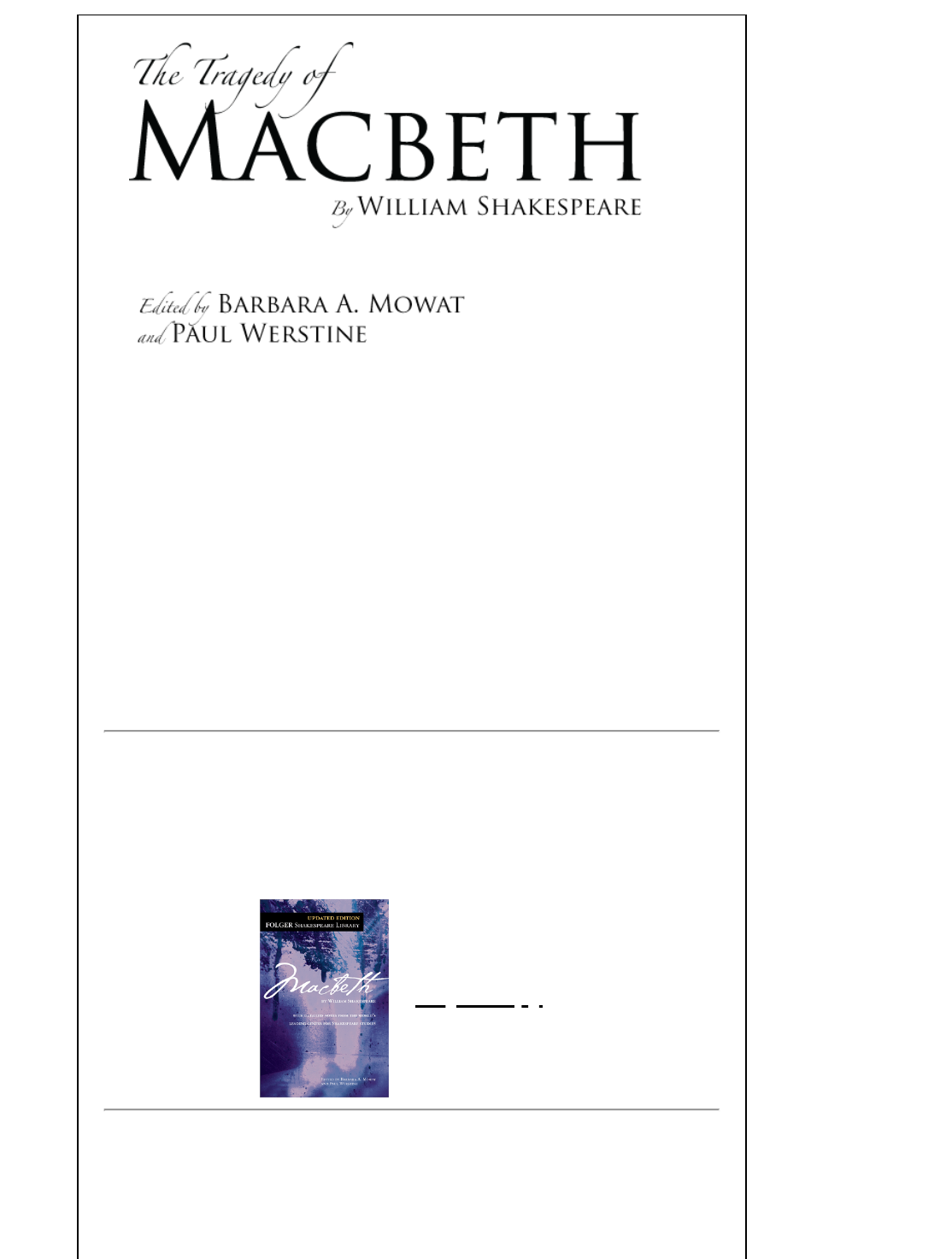
Front
Matter
From the Director of the Folger Shakespeare
Library
Textual Introduction
Synopsis
Characters in the Play
ACT 1
Scene 1
Scene 2
Scene 3
Scene 4
Scene 5
Scene 6
Scene 7
ACT 2
Scene 1
Scene 2
Scene 3
Scene 4
ACT 3
Scene 1
Scene 2
Scene 3
Scene 4
Scene 5
Scene 6
ACT 4
Scene 1
Scene 2
Scene 3
ACT 5
Scene 1
Scene 2
Scene 3
Scene 4
Scene 5
Scene 6
Scene 7
Scene 8
Contents


Michael Witmore
Director, Folger Shakespeare Library
It is hard to imagine a world without Shakespeare. Since their
composition four hundred years ago, Shakespeare’s plays and poems
have traveled the globe, inviting those who see and read his works to
make them their own.
Readers of the New Folger Editions are part of this ongoing process
of “taking up Shakespeare,” finding our own thoughts and feelings
in language that strikes us as old or unusual and, for that very reason,
new. We still struggle to keep up with a writer who could think a
mile a minute, whose words paint pictures that shift like clouds.
These expertly edited texts are presented to the public as a resource
for study, artistic adaptation, and enjoyment. By making the classic
texts of the New Folger Editions available in electronic form as The
Folger Shakespeare (formerly Folger Digital Texts), we place a
trusted resource in the hands of anyone who wants them.
The New Folger Editions of Shakespeare’s plays, which are the basis
for the texts realized here in digital form, are special because of their
origin. The Folger Shakespeare Library in Washington, DC, is the
single greatest documentary source of Shakespeare’s works. An
unparalleled collection of early modern books, manuscripts, and
artwork connected to Shakespeare, the Folger’s holdings have been
consulted extensively in the preparation of these texts. The Editions
also reflect the expertise gained through the regular performance of
Shakespeare’s works in the Folger’s Elizabethan Theatre.
I want to express my deep thanks to editors Barbara Mowat and Paul
Werstine for creating these indispensable editions of Shakespeare’s
works, which incorporate the best of textual scholarship with a
richness of commentary that is both inspired and engaging. Readers
who want to know more about Shakespeare and his plays can follow
the paths these distinguished scholars have tread by visiting the
Folger either in-person or online, where a range of physical and
digital resources exists to supplement the material in these texts. I
commend to you these words, and hope that they inspire.
From the Director of the Folger Shakespeare
Library

Until now, with the release of The Folger Shakespeare (formerly
Folger Digital Texts), readers in search of a free online text of
Shakespeare’s plays had to be content primarily with using the
Moby™ Text, which reproduces a late-nineteenth century version of
the plays. What is the difference? Many ordinary readers assume that
there is a single text for the plays: what Shakespeare wrote. But
Shakespeare’s plays were not published the way modern novels or
plays are published today: as a single, authoritative text. In some
cases, the plays have come down to us in multiple published
versions, represented by various Quartos (Qq) and by the great
collection put together by his colleagues in 1623, called the First
Folio (F). There are, for example, three very different versions of
Hamlet, two of King Lear, Henry V, Romeo and Juliet, and others.
Editors choose which version to use as their base text, and then
amend that text with words, lines or speech prefixes from the other
versions that, in their judgment, make for a better or more accurate
text.
Other editorial decisions involve choices about whether an
unfamiliar word could be understood in light of other writings of the
period or whether it should be changed; decisions about words that
made it into Shakespeare’s text by accident through four hundred
years of printings and misprinting; and even decisions based on
cultural preference and taste. When the Moby™ Text was created,
for example, it was deemed “improper” and “indecent” for Miranda
to chastise Caliban for having attempted to rape her. (See The
Tempest, 1.2: “Abhorred slave,/Which any print of goodness wilt not
take,/Being capable of all ill! I pitied thee…”). All Shakespeare
editors at the time took the speech away from her and gave it to her
father, Prospero.
The editors of the Moby™ Shakespeare produced their text long
before scholars fully understood the proper grounds on which to
make the thousands of decisions that Shakespeare editors face. The
Folger Library Shakespeare Editions, on which the Folger
Shakespeare texts depend, make this editorial process as nearly
transparent as is possible, in contrast to older texts, like the Moby™,
which hide editorial interventions. The reader of the Folger
Shakespeare knows where the text has been altered because editorial
interventions are signaled by square brackets (for example, from
Othello: “ If she in chains of magic were not bound, ”), half-square
brackets (for example, from Henry V: “With blood and sword and
fire to win your right,”), or angle brackets (for example, from
Textual Introduction
By Barbara Mowat and Paul Werstine

Hamlet: “O farewell, honest soldier. Who hath relieved/you?”). At
any point in the text, you can hover your cursor over a bracket for
more information.
Because the Folger Shakespeare texts are edited in accord with
twenty-first century knowledge about Shakespeare’s texts, the Folger
here provides them to readers, scholars, teachers, actors, directors,
and students, free of charge, confident of their quality as texts of the
plays and pleased to be able to make this contribution to the study
and enjoyment of Shakespeare.

Macbeth, set primarily in Scotland, mixes witchcraft, prophecy, and
murder. Three “Weïrd Sisters” appear to Macbeth and his comrade
Banquo after a battle and prophesy that Macbeth will be king and
that the descendants of Banquo will also reign. When Macbeth
arrives at his castle, he and Lady Macbeth plot to assassinate King
Duncan, soon to be their guest, so that Macbeth can become king.
After Macbeth murders Duncan, the king’s two sons flee, and
Macbeth is crowned. Fearing that Banquo’s descendants will,
according to the Weïrd Sisters’ predictions, take over the kingdom,
Macbeth has Banquo killed. At a royal banquet that evening,
Macbeth sees Banquo’s ghost appear covered in blood. Macbeth
determines to consult the Weïrd Sisters again. They comfort him
with ambiguous promises.
Another nobleman, Macduff, rides to England to join Duncan’s older
son, Malcolm. Macbeth has Macduff’s wife and children murdered.
Malcolm and Macduff lead an army against Macbeth, as Lady
Macbeth goes mad and commits suicide.
Macbeth confronts Malcolm’s army, trusting in the Weïrd Sisters’
comforting promises. He learns that the promises are tricks, but
continues to fight. Macduff kills Macbeth and Malcolm becomes
Scotland’s king.
Synopsis

Three Witches, the Weïrd Sisters
DUNCAN, king of Scotland
MALCOLM, his elder son
DONALBAIN, Duncan’s younger son
MACBETH, thane of Glamis
LADY MACBETH
SEYTON, attendant to Macbeth
Three Murderers in Macbeth’s service
A Porter
BANQUO, commander, with Macbeth, of Duncan’s army
FLEANCE, his son
MACDUFF, a Scottish noble
LADY MACDUFF
Their son
SIWARD, commander of the English forces
YOUNG SIWARD, Siward’s son
A Captain in Duncan’s army
An Old Man
A Doctor at the English court
HECATE
Apparitions: an Armed Head, a Bloody Child, a Crowned Child,
and eight nonspeaking kings
Three Messengers, Three Servants, a Lord, a Soldier
Attendants, a Sewer, Servants, Lords, Thanes, Soldiers (all
nonspeaking)
Characters in the Play
both attending upon Lady Macbeth
A Doctor
A Gentlewoman
Scottish Nobles
LENNOX
ROSS
ANGUS
MENTEITH
CAITHNESS
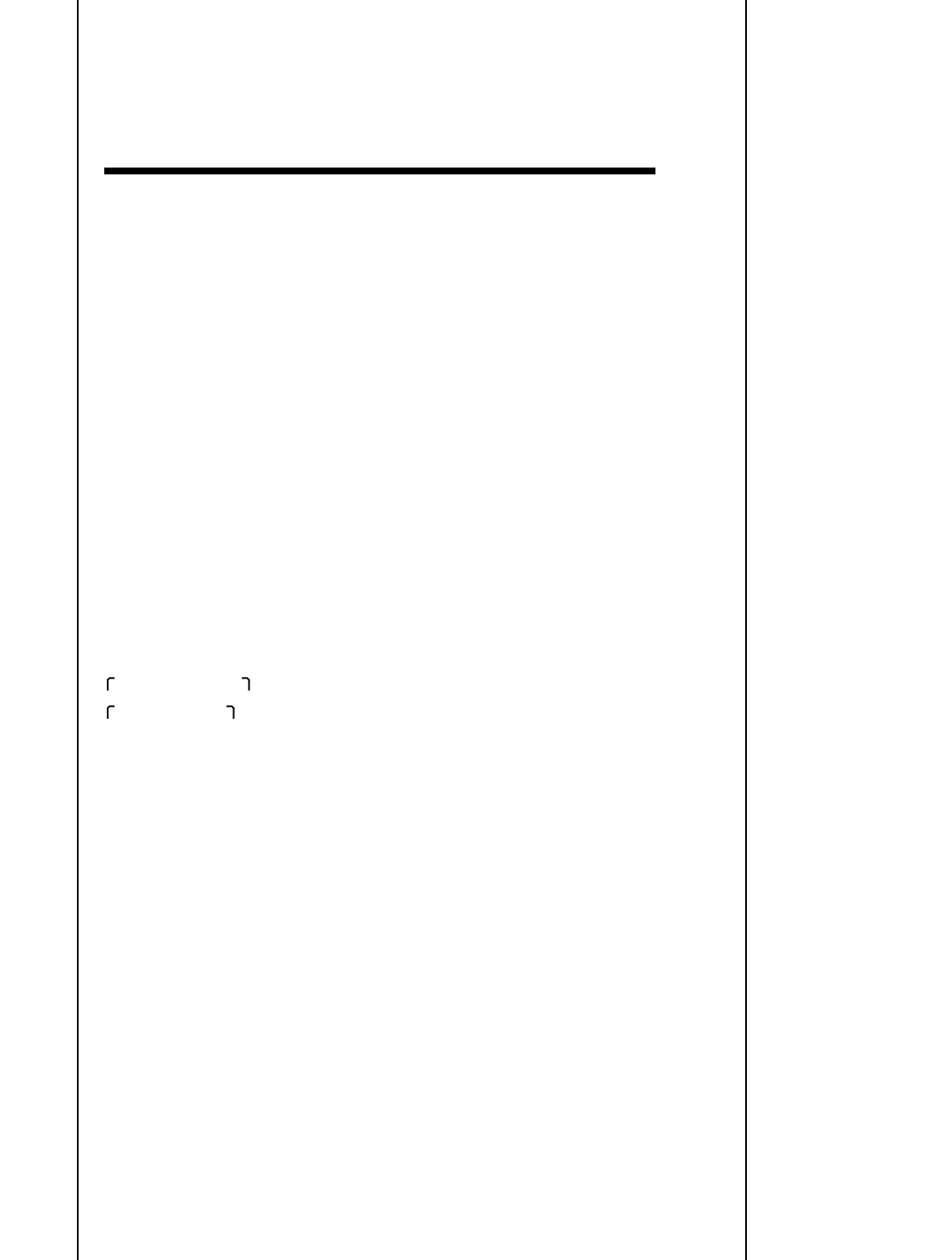
FIRST WITCH
SECOND WITCH
THIRD WITCH
FIRST WITCH
SECOND WITCH
THIRD WITCH
FIRST WITCH
SECOND WITCH
THIRD WITCH
ALL
They exit.
Thunder and Lightning. Enter three Witches.
When shall we three meet again?
In thunder, lightning, or in rain?
When the hurly-burly’s done,
When the battle’s lost and won.
That will be ere the set of sun.
Where the place?
Upon the heath.
There to meet with Macbeth.
I come, Graymalkin.
Paddock calls.
Anon.
Fair is foul, and foul is fair;
Hover through the fog and filthy air.
7
ACT 1
Scene 1
FTLN 0001
FTLN 0002
FTLN 0003
FTLN 0004
FTLN 0005
5
FTLN 0006
FTLN 0007
FTLN 0008
FTLN 0009
FTLN 0010
10
FTLN 0011
FTLN 0012
FTLN 0013

9
Macbeth
ACT 1. SC. 2
DUNCAN
MALCOLM
CAPTAIN
DUNCAN
CAPTAIN
Alarum within. Enter King Duncan, Malcolm,
Donalbain, Lennox, with Attendants, meeting a bleeding
Captain.
What bloody man is that? He can report,
As seemeth by his plight, of the revolt
The newest state.
This is the sergeant
Who, like a good and hardy soldier, fought
’Gainst my captivity.—Hail, brave friend!
Say to the King the knowledge of the broil
As thou didst leave it.
Doubtful it stood,
As two spent swimmers that do cling together
And choke their art. The merciless Macdonwald
(Worthy to be a rebel, for to that
The multiplying villainies of nature
Do swarm upon him) from the Western Isles
Of kerns and gallowglasses is supplied;
And Fortune, on his damnèd quarrel smiling,
Showed like a rebel’s whore. But all’s too weak;
For brave Macbeth (well he deserves that name),
Disdaining Fortune, with his brandished steel,
Which smoked with bloody execution,
Like Valor’s minion, carved out his passage
Till he faced the slave;
Which ne’er shook hands, nor bade farewell to him,
Till he unseamed him from the nave to th’ chops,
And fixed his head upon our battlements.
O valiant cousin, worthy gentleman!
As whence the sun ’gins his reflection
Shipwracking storms and direful thunders break,
Scene 2
FTLN 0014
FTLN 0015
FTLN 0016
FTLN 0017
FTLN 0018
5
FTLN 0019
FTLN 0020
FTLN 0021
FTLN 0022
FTLN 0023
10
FTLN 0024
FTLN 0025
FTLN 0026
FTLN 0027
FTLN 0028
15
FTLN 0029
FTLN 0030
FTLN 0031
FTLN 0032
FTLN 0033
20
FTLN 0034
FTLN 0035
FTLN 0036
FTLN 0037
FTLN 0038
25
FTLN 0039
FTLN 0040
FTLN 0041

11
Macbeth
ACT 1. SC. 2
DUNCAN
CAPTAIN
DUNCAN
The Captain is led off by Attendants.
MALCOLM
LENNOX
ROSS
DUNCAN
ROSS
So from that spring whence comfort seemed to
come
Discomfort swells. Mark, King of Scotland, mark:
No sooner justice had, with valor armed,
Compelled these skipping kerns to trust their heels,
But the Norweyan lord, surveying vantage,
With furbished arms and new supplies of men,
Began a fresh assault.
Dismayed not this our captains, Macbeth and
Banquo?
Yes, as sparrows eagles, or the hare the lion.
If I say sooth, I must report they were
As cannons overcharged with double cracks,
So they doubly redoubled strokes upon the foe.
Except they meant to bathe in reeking wounds
Or memorize another Golgotha,
I cannot tell—
But I am faint. My gashes cry for help.
So well thy words become thee as thy wounds:
They smack of honor both.—Go, get him surgeons.
Enter Ross and Angus.
Who comes here?
The worthy Thane of Ross.
What a haste looks through his eyes!
So should he look that seems to speak things
strange.
God save the King.
Whence cam’st thou, worthy thane?
From Fife, great king,
Where the Norweyan banners flout the sky
FTLN 0042
FTLN 0043
30
FTLN 0044
FTLN 0045
FTLN 0046
FTLN 0047
FTLN 0048
35
FTLN 0049
FTLN 0050
FTLN 0051
FTLN 0052
FTLN 0053
40
FTLN 0054
FTLN 0055
FTLN 0056
FTLN 0057
FTLN 0058
45
FTLN 0059
FTLN 0060
FTLN 0061
FTLN 0062
FTLN 0063
50
FTLN 0064
FTLN 0065
FTLN 0066
FTLN 0067
FTLN 0068
55
FTLN 0069
FTLN 0070

13
Macbeth
ACT 1. SC. 3
DUNCAN
ROSS
DUNCAN
ROSS
DUNCAN
They exit.
FIRST WITCH
SECOND WITCH
THIRD WITCH
FIRST WITCH
And fan our people cold.
Norway himself, with terrible numbers,
Assisted by that most disloyal traitor,
The Thane of Cawdor, began a dismal conflict,
Till that Bellona’s bridegroom, lapped in proof,
Confronted him with self-comparisons,
Point against point, rebellious arm ’gainst arm,
Curbing his lavish spirit. And to conclude,
The victory fell on us.
Great happiness!
That now Sweno,
The Norways’ king, craves composition.
Nor would we deign him burial of his men
Till he disbursèd at Saint Colme’s Inch
Ten thousand dollars to our general use.
No more that Thane of Cawdor shall deceive
Our bosom interest. Go, pronounce his present
death,
And with his former title greet Macbeth.
I’ll see it done.
What he hath lost, noble Macbeth hath won.
Thunder. Enter the three Witches.
Where hast thou been, sister?
Killing swine.
Sister, where thou?
A sailor’s wife had chestnuts in her lap
And munched and munched and munched. “Give
me,” quoth I.
“Aroint thee, witch,” the rump-fed runnion cries.
FTLN 0071
FTLN 0072
FTLN 0073
60
FTLN 0074
FTLN 0075
FTLN 0076
FTLN 0077
FTLN 0078
65
FTLN 0079
FTLN 0080
FTLN 0081
FTLN 0082
FTLN 0083
70
FTLN 0084
FTLN 0085
FTLN 0086
FTLN 0087
FTLN 0088
75
FTLN 0089
FTLN 0090
FTLN 0091
Scene 3
FTLN 0092
FTLN 0093
FTLN 0094
FTLN 0095
FTLN 0096
5
FTLN 0097
FTLN 0098

15
Macbeth
ACT 1. SC. 3
SECOND WITCH
FIRST WITCH
THIRD WITCH
FIRST WITCH
SECOND WITCH
FIRST WITCH
Drum within.
THIRD WITCH
ALL
Her husband’s to Aleppo gone, master o’ th’ Tiger;
But in a sieve I’ll thither sail,
And, like a rat without a tail,
I’ll do, I’ll do, and I’ll do.
I’ll give thee a wind.
Th’ art kind.
And I another.
I myself have all the other,
And the very ports they blow;
All the quarters that they know
I’ th’ shipman’s card.
I’ll drain him dry as hay.
Sleep shall neither night nor day
Hang upon his penthouse lid.
He shall live a man forbid.
Weary sev’nnights, nine times nine,
Shall he dwindle, peak, and pine.
Though his bark cannot be lost,
Yet it shall be tempest-tossed.
Look what I have.
Show me, show me.
Here I have a pilot’s thumb,
Wracked as homeward he did come.
A drum, a drum!
Macbeth doth come.
, dancing in a circle
The Weïrd Sisters, hand in hand,
Posters of the sea and land,
Thus do go about, about,
Thrice to thine and thrice to mine
FTLN 0099
FTLN 0100
FTLN 0101
10
FTLN 0102
FTLN 0103
FTLN 0104
FTLN 0105
FTLN 0106
15
FTLN 0107
FTLN 0108
FTLN 0109
FTLN 0110
FTLN 0111
20
FTLN 0112
FTLN 0113
FTLN 0114
FTLN 0115
FTLN 0116
25
FTLN 0117
FTLN 0118
FTLN 0119
FTLN 0120
FTLN 0121
30
FTLN 0122
FTLN 0123
FTLN 0124
FTLN 0125
FTLN 0126
35
FTLN 0127

17
Macbeth
ACT 1. SC. 3
MACBETH
BANQUO
MACBETH
FIRST WITCH
SECOND WITCH
THIRD WITCH
BANQUO
And thrice again, to make up nine.
Peace, the charm’s wound up.
Enter Macbeth and Banquo.
So foul and fair a day I have not seen.
How far is ’t called to Forres? —What are these,
So withered, and so wild in their attire,
That look not like th’ inhabitants o’ th’ Earth
And yet are on ’t?—Live you? Or are you aught
That man may question? You seem to understand
me
By each at once her choppy finger laying
Upon her skinny lips. You should be women,
And yet your beards forbid me to interpret
That you are so.
Speak if you can. What are you?
All hail, Macbeth! Hail to thee, Thane of Glamis!
All hail, Macbeth! Hail to thee, Thane of Cawdor!
All hail, Macbeth, that shalt be king hereafter!
Good sir, why do you start and seem to fear
Things that do sound so fair?—I’ th’ name of truth,
Are you fantastical, or that indeed
Which outwardly you show? My noble partner
You greet with present grace and great prediction
Of noble having and of royal hope,
That he seems rapt withal. To me you speak not.
If you can look into the seeds of time
And say which grain will grow and which will not,
Speak, then, to me, who neither beg nor fear
Your favors nor your hate.
FTLN 0128
FTLN 0129
FTLN 0130
FTLN 0131
40
FTLN 0132
FTLN 0133
FTLN 0134
FTLN 0135
FTLN 0136
45
FTLN 0137
FTLN 0138
FTLN 0139
FTLN 0140
FTLN 0141
50
FTLN 0142
FTLN 0143
FTLN 0144
FTLN 0145
FTLN 0146
55
FTLN 0147
FTLN 0148
FTLN 0149
FTLN 0150
FTLN 0151
60
FTLN 0152
FTLN 0153
FTLN 0154
FTLN 0155

19
Macbeth
ACT 1. SC. 3
FIRST WITCH
SECOND WITCH
THIRD WITCH
FIRST WITCH
SECOND WITCH
THIRD WITCH
FIRST WITCH
MACBETH
Witches vanish.
BANQUO
MACBETH
BANQUO
MACBETH
BANQUO
Hail!
Hail!
Hail!
Lesser than Macbeth and greater.
Not so happy, yet much happier.
Thou shalt get kings, though thou be none.
So all hail, Macbeth and Banquo!
Banquo and Macbeth, all hail!
Stay, you imperfect speakers. Tell me more.
By Sinel’s death I know I am Thane of Glamis.
But how of Cawdor? The Thane of Cawdor lives
A prosperous gentleman, and to be king
Stands not within the prospect of belief,
No more than to be Cawdor. Say from whence
You owe this strange intelligence or why
Upon this blasted heath you stop our way
With such prophetic greeting. Speak, I charge you.
The earth hath bubbles, as the water has,
And these are of them. Whither are they vanished?
Into the air, and what seemed corporal melted,
As breath into the wind. Would they had stayed!
Were such things here as we do speak about?
Or have we eaten on the insane root
That takes the reason prisoner?
Your children shall be kings.
You shall be king.
FTLN 0156
65
FTLN 0157
FTLN 0158
FTLN 0159
FTLN 0160
FTLN 0161
70
FTLN 0162
FTLN 0163
FTLN 0164
FTLN 0165
FTLN 0166
75
FTLN 0167
FTLN 0168
FTLN 0169
FTLN 0170
FTLN 0171
80
FTLN 0172
FTLN 0173
FTLN 0174
FTLN 0175
FTLN 0176
85
FTLN 0177
FTLN 0178
FTLN 0179
FTLN 0180
FTLN 0181
90

21
Macbeth
ACT 1. SC. 3
MACBETH
BANQUO
ROSS
ANGUS
ROSS
BANQUO
MACBETH
ANGUS
And Thane of Cawdor too. Went it not so?
To th’ selfsame tune and words.—Who’s here?
Enter Ross and Angus.
The King hath happily received, Macbeth,
The news of thy success, and, when he reads
Thy personal venture in the rebels’ fight,
His wonders and his praises do contend
Which should be thine or his. Silenced with that,
In viewing o’er the rest o’ th’ selfsame day
He finds thee in the stout Norweyan ranks,
Nothing afeard of what thyself didst make,
Strange images of death. As thick as tale
Came post with post, and every one did bear
Thy praises in his kingdom’s great defense,
And poured them down before him.
We are sent
To give thee from our royal master thanks,
Only to herald thee into his sight,
Not pay thee.
And for an earnest of a greater honor,
He bade me, from him, call thee Thane of Cawdor,
In which addition, hail, most worthy thane,
For it is thine.
What, can the devil speak true?
The Thane of Cawdor lives. Why do you dress me
In borrowed robes?
Who was the Thane lives yet,
But under heavy judgment bears that life
Which he deserves to lose. Whether he was
combined
FTLN 0182
FTLN 0183
FTLN 0184
FTLN 0185
FTLN 0186
95
FTLN 0187
FTLN 0188
FTLN 0189
FTLN 0190
FTLN 0191
100
FTLN 0192
FTLN 0193
FTLN 0194
FTLN 0195
FTLN 0196
105
FTLN 0197
FTLN 0198
FTLN 0199
FTLN 0200
FTLN 0201
110
FTLN 0202
FTLN 0203
FTLN 0204
FTLN 0205
FTLN 0206
115
FTLN 0207
FTLN 0208
FTLN 0209
FTLN 0210

23
Macbeth
ACT 1. SC. 3
MACBETH
BANQUO
They step aside.
MACBETH
With those of Norway, or did line the rebel
With hidden help and vantage, or that with both
He labored in his country’s wrack, I know not;
But treasons capital, confessed and proved,
Have overthrown him.
, aside Glamis and Thane of Cawdor!
The greatest is behind. To Ross and Angus. Thanks
for your pains.
Aside to Banquo. Do you not hope your children
shall be kings,
When those that gave the Thane of Cawdor to me
Promised no less to them?
That, trusted home,
Might yet enkindle you unto the crown,
Besides the Thane of Cawdor. But ’tis strange.
And oftentimes, to win us to our harm,
The instruments of darkness tell us truths,
Win us with honest trifles, to betray ’s
In deepest consequence.—
Cousins, a word, I pray you.
, aside Two truths are told
As happy prologues to the swelling act
Of the imperial theme.—I thank you, gentlemen.
Aside. This supernatural soliciting
Cannot be ill, cannot be good. If ill,
Why hath it given me earnest of success
Commencing in a truth? I am Thane of Cawdor.
If good, why do I yield to that suggestion
Whose horrid image doth unfix my hair
And make my seated heart knock at my ribs
Against the use of nature? Present fears
Are less than horrible imaginings.
My thought, whose murder yet is but fantastical,
Shakes so my single state of man
That function is smothered in surmise,
And nothing is but what is not.
FTLN 0211
120
FTLN 0212
FTLN 0213
FTLN 0214
FTLN 0215
FTLN 0216
125
FTLN 0217
FTLN 0218
FTLN 0219
FTLN 0220
FTLN 0221
130
FTLN 0222
FTLN 0223
FTLN 0224
FTLN 0225
FTLN 0226
135
FTLN 0227
FTLN 0228
FTLN 0229
FTLN 0230
FTLN 0231
140
FTLN 0232
FTLN 0233
FTLN 0234
FTLN 0235
FTLN 0236
145
FTLN 0237
FTLN 0238
FTLN 0239
FTLN 0240
FTLN 0241
150
FTLN 0242
FTLN 0243
FTLN 0244
FTLN 0245
FTLN 0246
155
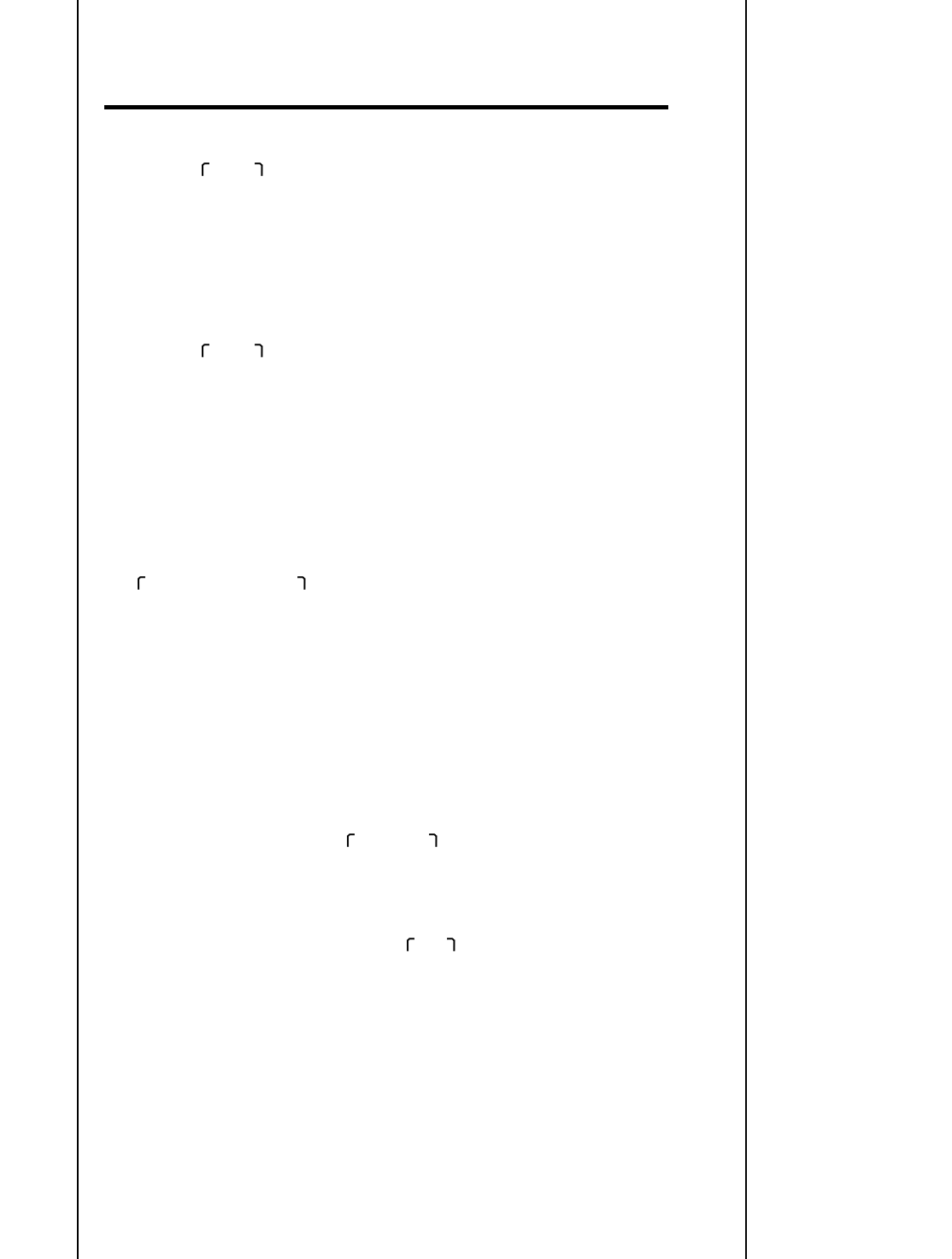
25
Macbeth
ACT 1. SC. 4
BANQUO
MACBETH
BANQUO
MACBETH
BANQUO
MACBETH
BANQUO
MACBETH
They exit.
DUNCAN
MALCOLM
Look how our partner’s rapt.
, aside
If chance will have me king, why, chance may
crown me
Without my stir.
New honors come upon him,
Like our strange garments, cleave not to their mold
But with the aid of use.
, aside Come what come may,
Time and the hour runs through the roughest day.
Worthy Macbeth, we stay upon your leisure.
Give me your favor. My dull brain was wrought
With things forgotten. Kind gentlemen, your pains
Are registered where every day I turn
The leaf to read them. Let us toward the King.
Aside to Banquo. Think upon what hath chanced,
and at more time,
The interim having weighed it, let us speak
Our free hearts each to other.
Very gladly.
Till then, enough.—Come, friends.
Flourish. Enter King Duncan, Lennox, Malcolm,
Donalbain, and Attendants.
Is execution done on Cawdor? Are not
Those in commission yet returned?
My liege,
They are not yet come back. But I have spoke
With one that saw him die, who did report
FTLN 0247
FTLN 0248
FTLN 0249
FTLN 0250
FTLN 0251
160
FTLN 0252
FTLN 0253
FTLN 0254
FTLN 0255
FTLN 0256
165
FTLN 0257
FTLN 0258
FTLN 0259
FTLN 0260
FTLN 0261
170
FTLN 0262
FTLN 0263
FTLN 0264
FTLN 0265
FTLN 0266
175
Scene 4
FTLN 0267
FTLN 0268
FTLN 0269
FTLN 0270
FTLN 0271
5

27
Macbeth
ACT 1. SC. 4
DUNCAN
MACBETH
DUNCAN
BANQUO
That very frankly he confessed his treasons,
Implored your Highness’ pardon, and set forth
A deep repentance. Nothing in his life
Became him like the leaving it. He died
As one that had been studied in his death
To throw away the dearest thing he owed
As ’twere a careless trifle.
There’s no art
To find the mind’s construction in the face.
He was a gentleman on whom I built
An absolute trust.
Enter Macbeth, Banquo, Ross, and Angus.
O worthiest cousin,
The sin of my ingratitude even now
Was heavy on me. Thou art so far before
That swiftest wing of recompense is slow
To overtake thee. Would thou hadst less deserved,
That the proportion both of thanks and payment
Might have been mine! Only I have left to say,
More is thy due than more than all can pay.
The service and the loyalty I owe
In doing it pays itself. Your Highness’ part
Is to receive our duties, and our duties
Are to your throne and state children and servants,
Which do but what they should by doing everything
Safe toward your love and honor.
Welcome hither.
I have begun to plant thee and will labor
To make thee full of growing.—Noble Banquo,
That hast no less deserved nor must be known
No less to have done so, let me enfold thee
And hold thee to my heart.
There, if I grow,
The harvest is your own.
FTLN 0272
FTLN 0273
FTLN 0274
FTLN 0275
FTLN 0276
10
FTLN 0277
FTLN 0278
FTLN 0279
FTLN 0280
FTLN 0281
15
FTLN 0282
FTLN 0283
FTLN 0284
FTLN 0285
FTLN 0286
20
FTLN 0287
FTLN 0288
FTLN 0289
FTLN 0290
FTLN 0291
25
FTLN 0292
FTLN 0293
FTLN 0294
FTLN 0295
FTLN 0296
30
FTLN 0297
FTLN 0298
FTLN 0299
FTLN 0300
FTLN 0301
35
FTLN 0302
FTLN 0303
FTLN 0304

29
Macbeth
ACT 1. SC. 4
DUNCAN
MACBETH
DUNCAN
MACBETH
He exits.
DUNCAN
Flourish. They exit.
My plenteous joys,
Wanton in fullness, seek to hide themselves
In drops of sorrow.—Sons, kinsmen, thanes,
And you whose places are the nearest, know
We will establish our estate upon
Our eldest, Malcolm, whom we name hereafter
The Prince of Cumberland; which honor must
Not unaccompanied invest him only,
But signs of nobleness, like stars, shall shine
On all deservers.—From hence to Inverness
And bind us further to you.
The rest is labor which is not used for you.
I’ll be myself the harbinger and make joyful
The hearing of my wife with your approach.
So humbly take my leave.
My worthy Cawdor.
, aside
The Prince of Cumberland! That is a step
On which I must fall down or else o’erleap,
For in my way it lies. Stars, hide your fires;
Let not light see my black and deep desires.
The eye wink at the hand, yet let that be
Which the eye fears, when it is done, to see.
True, worthy Banquo. He is full so valiant,
And in his commendations I am fed:
It is a banquet to me.—Let’s after him,
Whose care is gone before to bid us welcome.
It is a peerless kinsman.
FTLN 0305
FTLN 0306
40
FTLN 0307
FTLN 0308
FTLN 0309
FTLN 0310
FTLN 0311
45
FTLN 0312
FTLN 0313
FTLN 0314
FTLN 0315
FTLN 0316
50
FTLN 0317
FTLN 0318
FTLN 0319
FTLN 0320
FTLN 0321
55
FTLN 0322
FTLN 0323
FTLN 0324
FTLN 0325
FTLN 0326
60
FTLN 0327
FTLN 0328
FTLN 0329
FTLN 0330
FTLN 0331
65

31
Macbeth
ACT 1. SC. 5
LADY MACBETH
Enter Macbeth’s Wife, alone, with a letter.
, reading the letter They met me in the
day of success, and I have learned by the perfect’st
report they have more in them than mortal knowledge.
When I burned in desire to question them further, they
made themselves air, into which they vanished.
Whiles I stood rapt in the wonder of it came missives
from the King, who all-hailed me “Thane of Cawdor,”
by which title, before, these Weïrd Sisters saluted me
and referred me to the coming on of time with “Hail,
king that shalt be.” This have I thought good to deliver
thee, my dearest partner of greatness, that thou
might’st not lose the dues of rejoicing by being ignorant
of what greatness is promised thee. Lay it to thy
heart, and farewell.
Glamis thou art, and Cawdor, and shalt be
What thou art promised. Yet do I fear thy nature;
It is too full o’ th’ milk of human kindness
To catch the nearest way. Thou wouldst be great,
Art not without ambition, but without
The illness should attend it. What thou wouldst
highly,
That wouldst thou holily; wouldst not play false
And yet wouldst wrongly win. Thou ’dst have, great
Glamis,
That which cries “Thus thou must do,” if thou have
it,
And that which rather thou dost fear to do,
Than wishest should be undone. Hie thee hither,
That I may pour my spirits in thine ear
And chastise with the valor of my tongue
All that impedes thee from the golden round,
Which fate and metaphysical aid doth seem
To have thee crowned withal.
Scene 5
FTLN 0332
FTLN 0333
FTLN 0334
FTLN 0335
FTLN 0336
5
FTLN 0337
FTLN 0338
FTLN 0339
FTLN 0340
FTLN 0341
10
FTLN 0342
FTLN 0343
FTLN 0344
FTLN 0345
FTLN 0346
15
FTLN 0347
FTLN 0348
FTLN 0349
FTLN 0350
FTLN 0351
20
FTLN 0352
FTLN 0353
FTLN 0354
FTLN 0355
FTLN 0356
25
FTLN 0357
FTLN 0358
FTLN 0359
FTLN 0360
FTLN 0361
30
FTLN 0362
FTLN 0363
FTLN 0364

33
Macbeth
ACT 1. SC. 5
MESSENGER
LADY MACBETH
MESSENGER
LADY MACBETH
Messenger exits.
Enter Messenger.
What is your tidings?
The King comes here tonight.
Thou ’rt mad to say it.
Is not thy master with him, who, were ’t so,
Would have informed for preparation?
So please you, it is true. Our thane is coming.
One of my fellows had the speed of him,
Who, almost dead for breath, had scarcely more
Than would make up his message.
Give him tending.
He brings great news.
The raven himself is hoarse
That croaks the fatal entrance of Duncan
Under my battlements. Come, you spirits
That tend on mortal thoughts, unsex me here,
And fill me from the crown to the toe top-full
Of direst cruelty. Make thick my blood.
Stop up th’ access and passage to remorse,
That no compunctious visitings of nature
Shake my fell purpose, nor keep peace between
Th’ effect and it. Come to my woman’s breasts
And take my milk for gall, you murd’ring ministers,
Wherever in your sightless substances
You wait on nature’s mischief. Come, thick night,
And pall thee in the dunnest smoke of hell,
That my keen knife see not the wound it makes,
Nor heaven peep through the blanket of the dark
To cry “Hold, hold!”
Enter Macbeth.
Great Glamis, worthy Cawdor,
Greater than both by the all-hail hereafter!
FTLN 0365
FTLN 0366
35
FTLN 0367
FTLN 0368
FTLN 0369
FTLN 0370
FTLN 0371
40
FTLN 0372
FTLN 0373
FTLN 0374
FTLN 0375
FTLN 0376
45
FTLN 0377
FTLN 0378
FTLN 0379
FTLN 0380
FTLN 0381
50
FTLN 0382
FTLN 0383
FTLN 0384
FTLN 0385
FTLN 0386
55
FTLN 0387
FTLN 0388
FTLN 0389
FTLN 0390
FTLN 0391
60
FTLN 0392
FTLN 0393
FTLN 0394

35
Macbeth
ACT 1. SC. 6
MACBETH
LADY MACBETH
MACBETH
LADY MACBETH
MACBETH
LADY MACBETH
They exit.
DUNCAN
Thy letters have transported me beyond
This ignorant present, and I feel now
The future in the instant.
My dearest love,
Duncan comes here tonight.
And when goes hence?
Tomorrow, as he purposes.
O, never
Shall sun that morrow see!
Your face, my thane, is as a book where men
May read strange matters. To beguile the time,
Look like the time. Bear welcome in your eye,
Your hand, your tongue. Look like th’ innocent
flower,
But be the serpent under ’t. He that’s coming
Must be provided for; and you shall put
This night’s great business into my dispatch,
Which shall to all our nights and days to come
Give solely sovereign sway and masterdom.
We will speak further.
Only look up clear.
To alter favor ever is to fear.
Leave all the rest to me.
Hautboys and Torches. Enter King Duncan, Malcolm,
Donalbain, Banquo, Lennox, Macduff, Ross, Angus, and
Attendants.
This castle hath a pleasant seat. The air
Nimbly and sweetly recommends itself
Unto our gentle senses.
FTLN 0395
FTLN 0396
65
FTLN 0397
FTLN 0398
FTLN 0399
FTLN 0400
FTLN 0401
70
FTLN 0402
FTLN 0403
FTLN 0404
FTLN 0405
FTLN 0406
75
FTLN 0407
FTLN 0408
FTLN 0409
FTLN 0410
FTLN 0411
80
FTLN 0412
FTLN 0413
FTLN 0414
FTLN 0415
FTLN 0416
85
FTLN 0417
Scene 6
FTLN 0418
FTLN 0419
FTLN 0420

37
Macbeth
ACT 1. SC. 6
BANQUO
DUNCAN
LADY MACBETH
DUNCAN
LADY MACBETH
DUNCAN
This guest of summer,
The temple-haunting martlet, does approve,
By his loved mansionry, that the heaven’s breath
Smells wooingly here. No jutty, frieze,
Buttress, nor coign of vantage, but this bird
Hath made his pendant bed and procreant cradle.
Where they most breed and haunt, I have
observed,
The air is delicate.
Enter Lady Macbeth.
See, see our honored hostess!—
The love that follows us sometime is our trouble,
Which still we thank as love. Herein I teach you
How you shall bid God ’ild us for your pains
And thank us for your trouble.
All our service,
In every point twice done and then done double,
Were poor and single business to contend
Against those honors deep and broad wherewith
Your Majesty loads our house. For those of old,
And the late dignities heaped up to them,
We rest your hermits.
Where’s the Thane of Cawdor?
We coursed him at the heels and had a purpose
To be his purveyor; but he rides well,
And his great love, sharp as his spur, hath helped
him
To his home before us. Fair and noble hostess,
We are your guest tonight.
Your servants ever
Have theirs, themselves, and what is theirs in compt
To make their audit at your Highness’ pleasure,
Still to return your own.
Give me your hand.
FTLN 0421
FTLN 0422
5
FTLN 0423
FTLN 0424
FTLN 0425
FTLN 0426
FTLN 0427
10
FTLN 0428
FTLN 0429
FTLN 0430
FTLN 0431
FTLN 0432
15
FTLN 0433
FTLN 0434
FTLN 0435
FTLN 0436
FTLN 0437
20
FTLN 0438
FTLN 0439
FTLN 0440
FTLN 0441
FTLN 0442
25
FTLN 0443
FTLN 0444
FTLN 0445
FTLN 0446
FTLN 0447
30
FTLN 0448
FTLN 0449
FTLN 0450
FTLN 0451
FTLN 0452
35
FTLN 0453
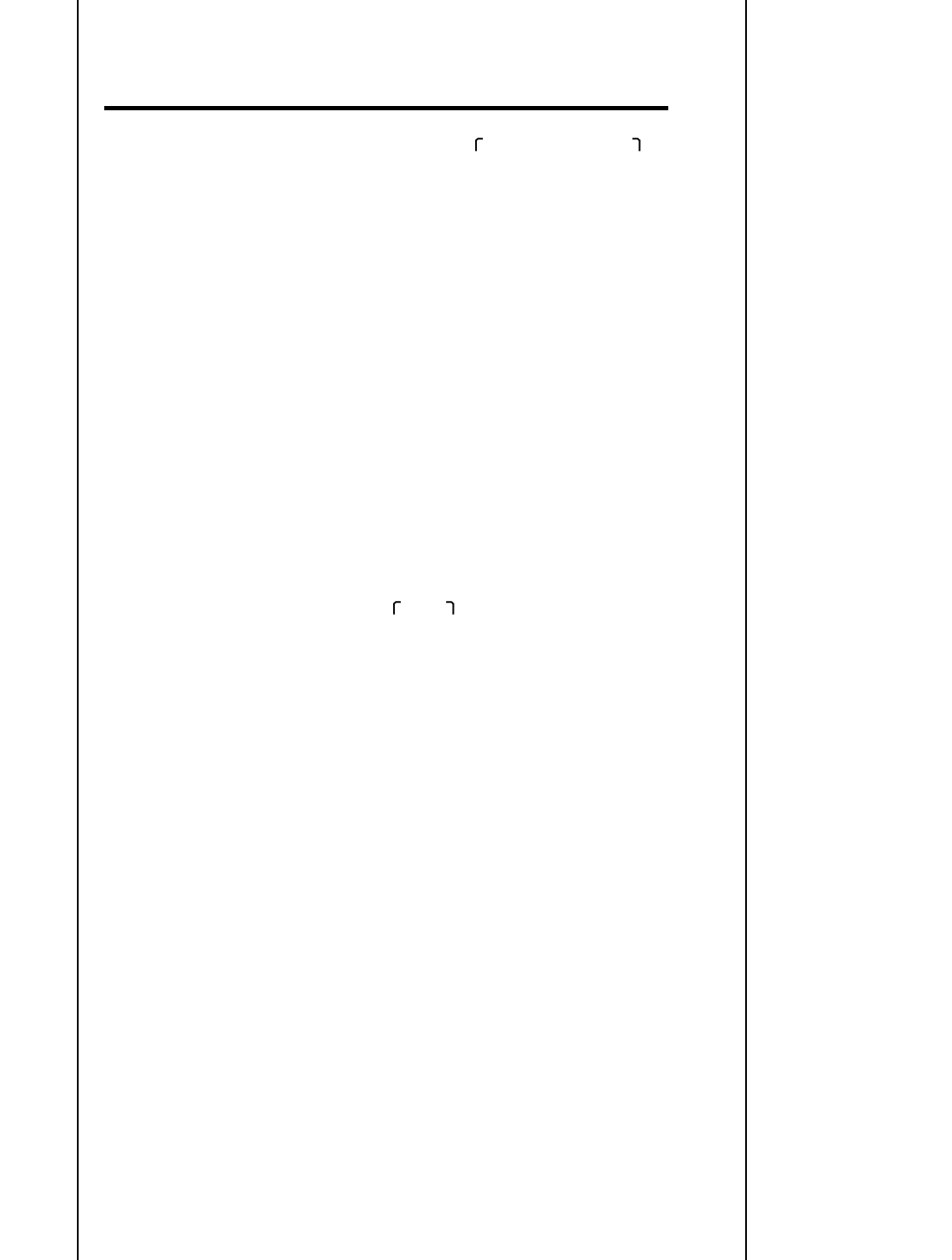
39
Macbeth
ACT 1. SC. 7
Taking her hand.
They exit.
MACBETH
Conduct me to mine host. We love him highly
And shall continue our graces towards him.
By your leave, hostess.
Hautboys. Torches. Enter a Sewer and divers Servants
with dishes and service over the stage. Then enter
Macbeth.
If it were done when ’tis done, then ’twere well
It were done quickly. If th’ assassination
Could trammel up the consequence and catch
With his surcease success, that but this blow
Might be the be-all and the end-all here,
But here, upon this bank and shoal of time,
We’d jump the life to come. But in these cases
We still have judgment here, that we but teach
Bloody instructions, which, being taught, return
To plague th’ inventor. This even-handed justice
Commends th’ ingredience of our poisoned chalice
To our own lips. He’s here in double trust:
First, as I am his kinsman and his subject,
Strong both against the deed; then, as his host,
Who should against his murderer shut the door,
Not bear the knife myself. Besides, this Duncan
Hath borne his faculties so meek, hath been
So clear in his great office, that his virtues
Will plead like angels, trumpet-tongued, against
The deep damnation of his taking-off;
And pity, like a naked newborn babe
Striding the blast, or heaven’s cherubin horsed
FTLN 0454
FTLN 0455
FTLN 0456
Scene 7
FTLN 0457
FTLN 0458
FTLN 0459
FTLN 0460
FTLN 0461
5
FTLN 0462
FTLN 0463
FTLN 0464
FTLN 0465
FTLN 0466
10
FTLN 0467
FTLN 0468
FTLN 0469
FTLN 0470
FTLN 0471
15
FTLN 0472
FTLN 0473
FTLN 0474
FTLN 0475
FTLN 0476
20
FTLN 0477
FTLN 0478
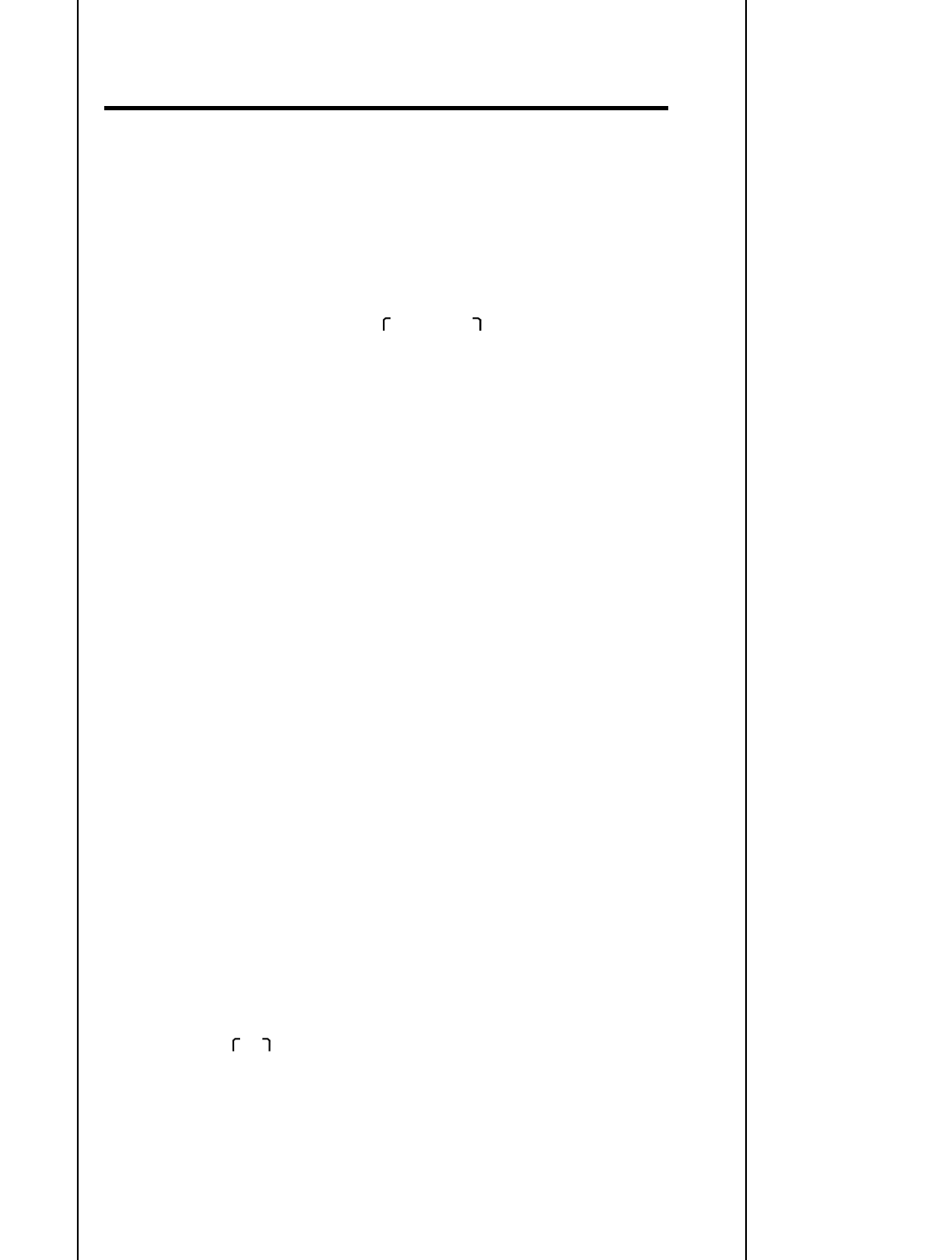
41
Macbeth
ACT 1. SC. 7
LADY MACBETH
MACBETH
LADY MACBETH
MACBETH
LADY MACBETH
MACBETH
Upon the sightless couriers of the air,
Shall blow the horrid deed in every eye,
That tears shall drown the wind. I have no spur
To prick the sides of my intent, but only
Vaulting ambition, which o’erleaps itself
And falls on th’ other—
Enter Lady Macbeth.
How now, what news?
He has almost supped. Why have you left the
chamber?
Hath he asked for me?
Know you not he has?
We will proceed no further in this business.
He hath honored me of late, and I have bought
Golden opinions from all sorts of people,
Which would be worn now in their newest gloss,
Not cast aside so soon.
Was the hope drunk
Wherein you dressed yourself? Hath it slept since?
And wakes it now, to look so green and pale
At what it did so freely? From this time
Such I account thy love. Art thou afeard
To be the same in thine own act and valor
As thou art in desire? Wouldst thou have that
Which thou esteem’st the ornament of life
And live a coward in thine own esteem,
Letting “I dare not” wait upon “I would,”
Like the poor cat i’ th’ adage?
Prithee, peace.
I dare do all that may become a man.
Who dares do more is none.
FTLN 0479
FTLN 0480
FTLN 0481
25
FTLN 0482
FTLN 0483
FTLN 0484
FTLN 0485
FTLN 0486
30
FTLN 0487
FTLN 0488
FTLN 0489
FTLN 0490
FTLN 0491
35
FTLN 0492
FTLN 0493
FTLN 0494
FTLN 0495
FTLN 0496
40
FTLN 0497
FTLN 0498
FTLN 0499
FTLN 0500
FTLN 0501
45
FTLN 0502
FTLN 0503
FTLN 0504
FTLN 0505
FTLN 0506
50
FTLN 0507
FTLN 0508

43
Macbeth
ACT 1. SC. 7
LADY MACBETH
MACBETH
LADY MACBETH
MACBETH
What beast was ’t,
then,
That made you break this enterprise to me?
When you durst do it, then you were a man;
And to be more than what you were, you would
Be so much more the man. Nor time nor place
Did then adhere, and yet you would make both.
They have made themselves, and that their fitness
now
Does unmake you. I have given suck, and know
How tender ’tis to love the babe that milks me.
I would, while it was smiling in my face,
Have plucked my nipple from his boneless gums
And dashed the brains out, had I so sworn as you
Have done to this.
If we should fail—
We fail?
But screw your courage to the sticking place
And we’ll not fail. When Duncan is asleep
(Whereto the rather shall his day’s hard journey
Soundly invite him), his two chamberlains
Will I with wine and wassail so convince
That memory, the warder of the brain,
Shall be a fume, and the receipt of reason
A limbeck only. When in swinish sleep
Their drenchèd natures lies as in a death,
What cannot you and I perform upon
Th’ unguarded Duncan? What not put upon
His spongy officers, who shall bear the guilt
Of our great quell?
Bring forth men-children only,
For thy undaunted mettle should compose
Nothing but males. Will it not be received,
When we have marked with blood those sleepy two
Of his own chamber and used their very daggers,
That they have done ’t?
FTLN 0509
FTLN 0510
FTLN 0511
55
FTLN 0512
FTLN 0513
FTLN 0514
FTLN 0515
FTLN 0516
60
FTLN 0517
FTLN 0518
FTLN 0519
FTLN 0520
FTLN 0521
65
FTLN 0522
FTLN 0523
FTLN 0524
FTLN 0525
FTLN 0526
70
FTLN 0527
FTLN 0528
FTLN 0529
FTLN 0530
FTLN 0531
75
FTLN 0532
FTLN 0533
FTLN 0534
FTLN 0535
FTLN 0536
80
FTLN 0537
FTLN 0538
FTLN 0539
FTLN 0540
FTLN 0541
85
FTLN 0542
FTLN 0543
FTLN 0544

45
Macbeth
ACT 1. SC. 7
LADY MACBETH
MACBETH
They exit.
Who dares receive it other,
As we shall make our griefs and clamor roar
Upon his death?
I am settled and bend up
Each corporal agent to this terrible feat.
Away, and mock the time with fairest show.
False face must hide what the false heart doth
know.
FTLN 0545
FTLN 0546
90
FTLN 0547
FTLN 0548
FTLN 0549
FTLN 0550
FTLN 0551
95
FTLN 0552
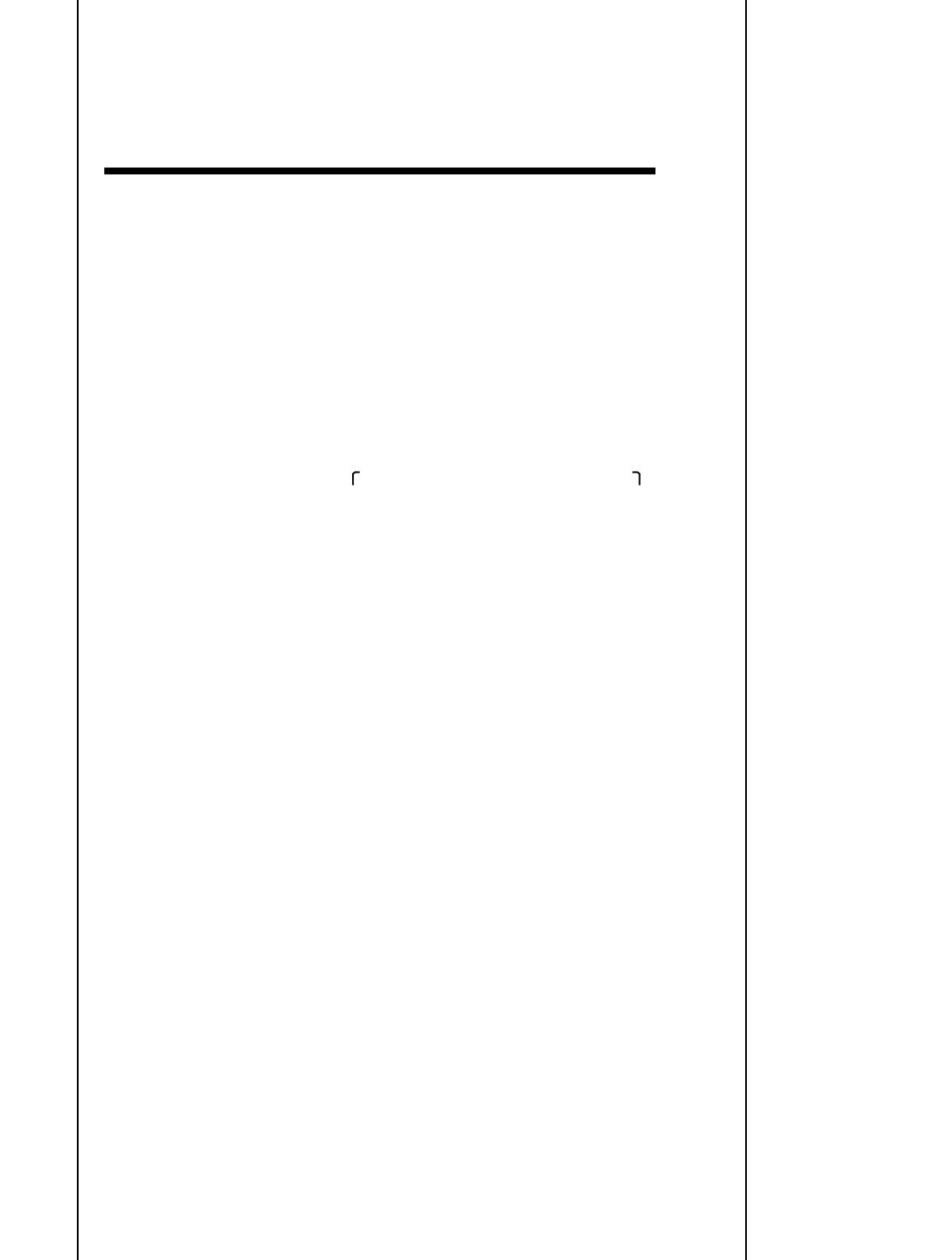
BANQUO
FLEANCE
BANQUO
FLEANCE
BANQUO
He gives his sword to Fleance.
MACBETH
BANQUO
Enter Banquo, and Fleance with a torch before him.
How goes the night, boy?
The moon is down. I have not heard the clock.
And she goes down at twelve.
I take ’t ’tis later, sir.
Hold, take my sword.
There’s husbandry in heaven;
Their candles are all out. Take thee that too.
A heavy summons lies like lead upon me,
And yet I would not sleep. Merciful powers,
Restrain in me the cursèd thoughts that nature
Gives way to in repose.
Enter Macbeth, and a Servant with a torch.
Give me my sword.—Who’s
there?
A friend.
What, sir, not yet at rest? The King’s abed.
He hath been in unusual pleasure, and
Sent forth great largess to your offices.
This diamond he greets your wife withal,
49
ACT 2
Scene 1
FTLN 0553
FTLN 0554
FTLN 0555
FTLN 0556
FTLN 0557
5
FTLN 0558
FTLN 0559
FTLN 0560
FTLN 0561
FTLN 0562
10
FTLN 0563
FTLN 0564
FTLN 0565
FTLN 0566
FTLN 0567
15
FTLN 0568
FTLN 0569
FTLN 0570

51
Macbeth
ACT 2. SC. 1
He gives Macbeth a jewel.
MACBETH
BANQUO
MACBETH
BANQUO
MACBETH
BANQUO
MACBETH
BANQUO
Banquo and Fleance exit.
MACBETH
Servant exits.
By the name of most kind hostess, and shut up
In measureless content.
Being unprepared,
Our will became the servant to defect,
Which else should free have wrought.
All’s well.
I dreamt last night of the three Weïrd Sisters.
To you they have showed some truth.
I think not of
them.
Yet, when we can entreat an hour to serve,
We would spend it in some words upon that
business,
If you would grant the time.
At your kind’st leisure.
If you shall cleave to my consent, when ’tis,
It shall make honor for you.
So I lose none
In seeking to augment it, but still keep
My bosom franchised and allegiance clear,
I shall be counseled.
Good repose the while.
Thanks, sir. The like to you.
Go bid thy mistress, when my drink is ready,
She strike upon the bell. Get thee to bed.
Is this a dagger which I see before me,
The handle toward my hand? Come, let me clutch
thee.
I have thee not, and yet I see thee still.
Art thou not, fatal vision, sensible
To feeling as to sight? Or art thou but
FTLN 0571
FTLN 0572
20
FTLN 0573
FTLN 0574
FTLN 0575
FTLN 0576
FTLN 0577
25
FTLN 0578
FTLN 0579
FTLN 0580
FTLN 0581
FTLN 0582
30
FTLN 0583
FTLN 0584
FTLN 0585
FTLN 0586
FTLN 0587
35
FTLN 0588
FTLN 0589
FTLN 0590
FTLN 0591
FTLN 0592
40
FTLN 0593
FTLN 0594
FTLN 0595
FTLN 0596
FTLN 0597
45
FTLN 0598
FTLN 0599
FTLN 0600
FTLN 0601
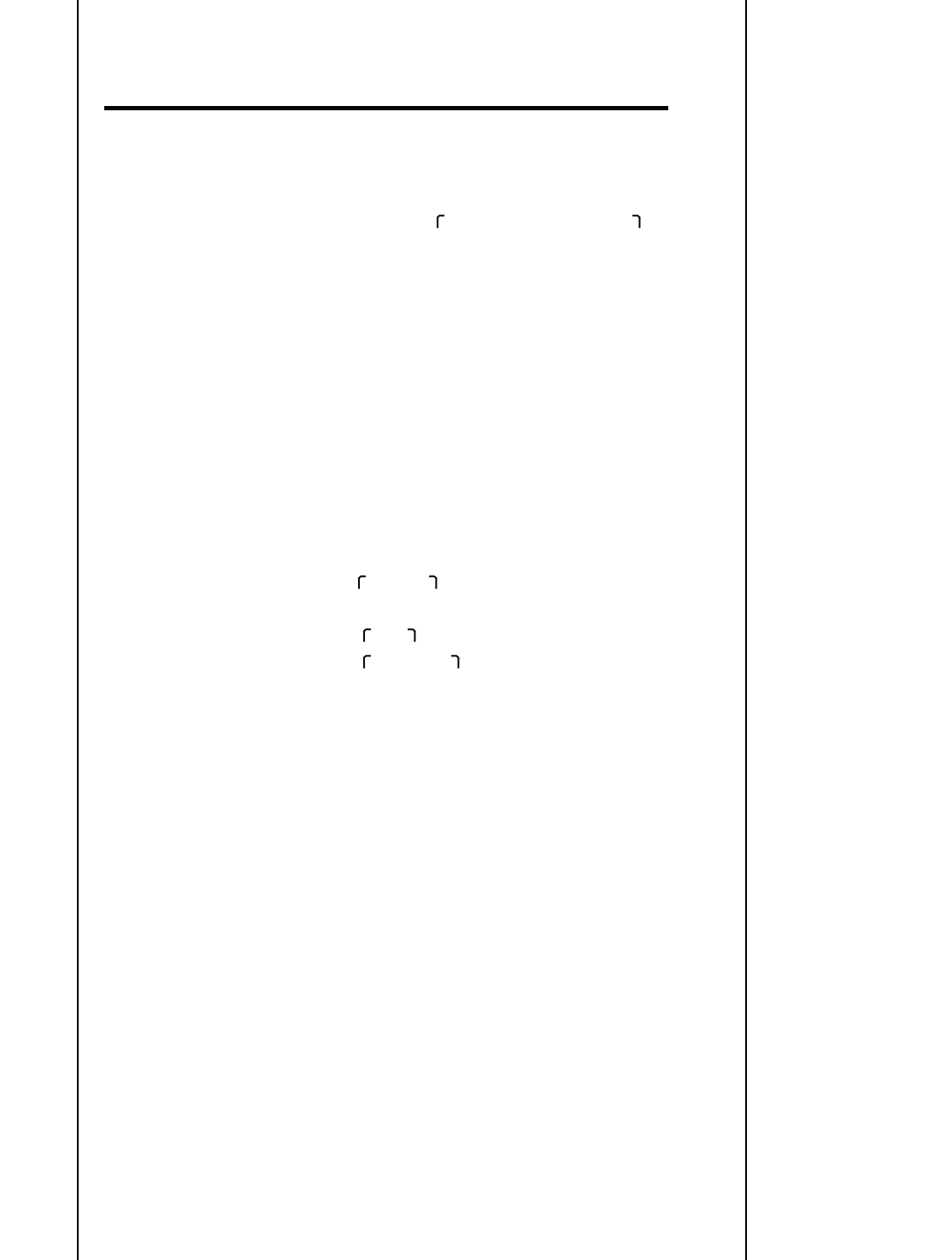
53
Macbeth
ACT 2. SC. 1
He draws his dagger.
A bell rings.
He exits.
A dagger of the mind, a false creation
Proceeding from the heat-oppressèd brain?
I see thee yet, in form as palpable
As this which now I draw.
Thou marshal’st me the way that I was going,
And such an instrument I was to use.
Mine eyes are made the fools o’ th’ other senses
Or else worth all the rest. I see thee still,
And, on thy blade and dudgeon, gouts of blood,
Which was not so before. There’s no such thing.
It is the bloody business which informs
Thus to mine eyes. Now o’er the one-half world
Nature seems dead, and wicked dreams abuse
The curtained sleep. Witchcraft celebrates
Pale Hecate’s off’rings, and withered murder,
Alarumed by his sentinel, the wolf,
Whose howl’s his watch, thus with his stealthy pace,
With Tarquin’s ravishing strides, towards his
design
Moves like a ghost. Thou sure and firm-set earth,
Hear not my steps, which way they walk, for fear
Thy very stones prate of my whereabouts
And take the present horror from the time,
Which now suits with it. Whiles I threat, he lives.
Words to the heat of deeds too cold breath gives.
I go, and it is done. The bell invites me.
Hear it not, Duncan, for it is a knell
That summons thee to heaven or to hell.
FTLN 0602
50
FTLN 0603
FTLN 0604
FTLN 0605
FTLN 0606
FTLN 0607
55
FTLN 0608
FTLN 0609
FTLN 0610
FTLN 0611
FTLN 0612
60
FTLN 0613
FTLN 0614
FTLN 0615
FTLN 0616
FTLN 0617
65
FTLN 0618
FTLN 0619
FTLN 0620
FTLN 0621
FTLN 0622
70
FTLN 0623
FTLN 0624
FTLN 0625
FTLN 0626
FTLN 0627
75
FTLN 0628
FTLN 0629
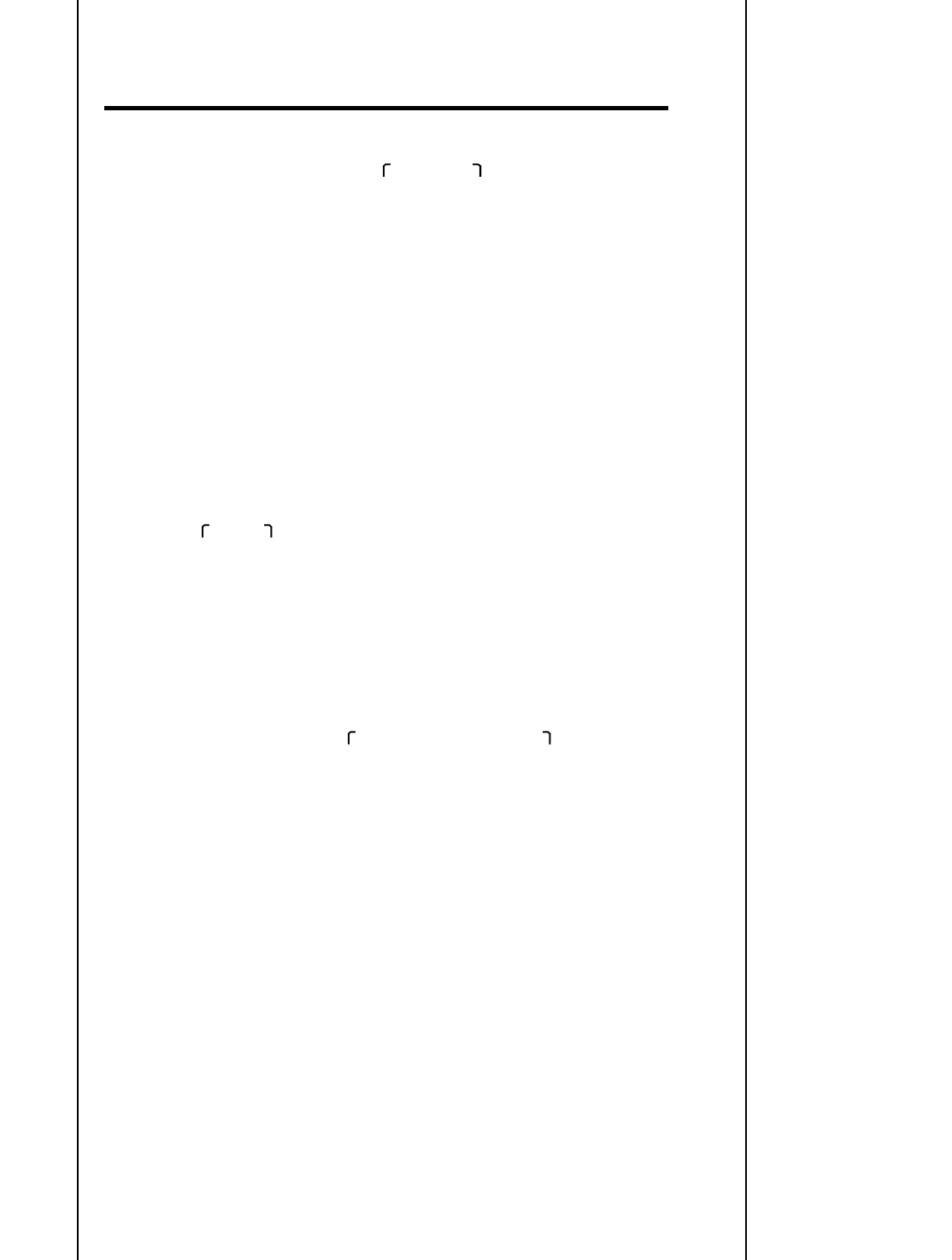
55
Macbeth
ACT 2. SC. 2
LADY MACBETH
MACBETH
LADY MACBETH
MACBETH
LADY MACBETH
MACBETH
LADY MACBETH
MACBETH
LADY MACBETH
MACBETH
LADY MACBETH
Enter Lady Macbeth.
That which hath made them drunk hath made me
bold.
What hath quenched them hath given me fire.
Hark!—Peace.
It was the owl that shrieked, the fatal bellman,
Which gives the stern’st good-night. He is about it.
The doors are open, and the surfeited grooms
Do mock their charge with snores. I have drugged
their possets,
That death and nature do contend about them
Whether they live or die.
, within Who’s there? what, ho!
Alack, I am afraid they have awaked,
And ’tis not done. Th’ attempt and not the deed
Confounds us. Hark!—I laid their daggers ready;
He could not miss ’em. Had he not resembled
My father as he slept, I had done ’t.
Enter Macbeth with bloody daggers.
My husband?
I have done the deed. Didst thou not hear a noise?
I heard the owl scream and the crickets cry.
Did not you speak?
When?
Now.
As I descended?
Ay.
Hark!—Who lies i’ th’ second chamber?
Donalbain.
Scene 2
FTLN 0630
FTLN 0631
FTLN 0632
FTLN 0633
FTLN 0634
5
FTLN 0635
FTLN 0636
FTLN 0637
FTLN 0638
FTLN 0639
10
FTLN 0640
FTLN 0641
FTLN 0642
FTLN 0643
FTLN 0644
15
FTLN 0645
FTLN 0646
FTLN 0647
FTLN 0648
FTLN 0649
20
FTLN 0650
FTLN 0651
FTLN 0652
FTLN 0653
FTLN 0654
25
FTLN 0655
FTLN 0656
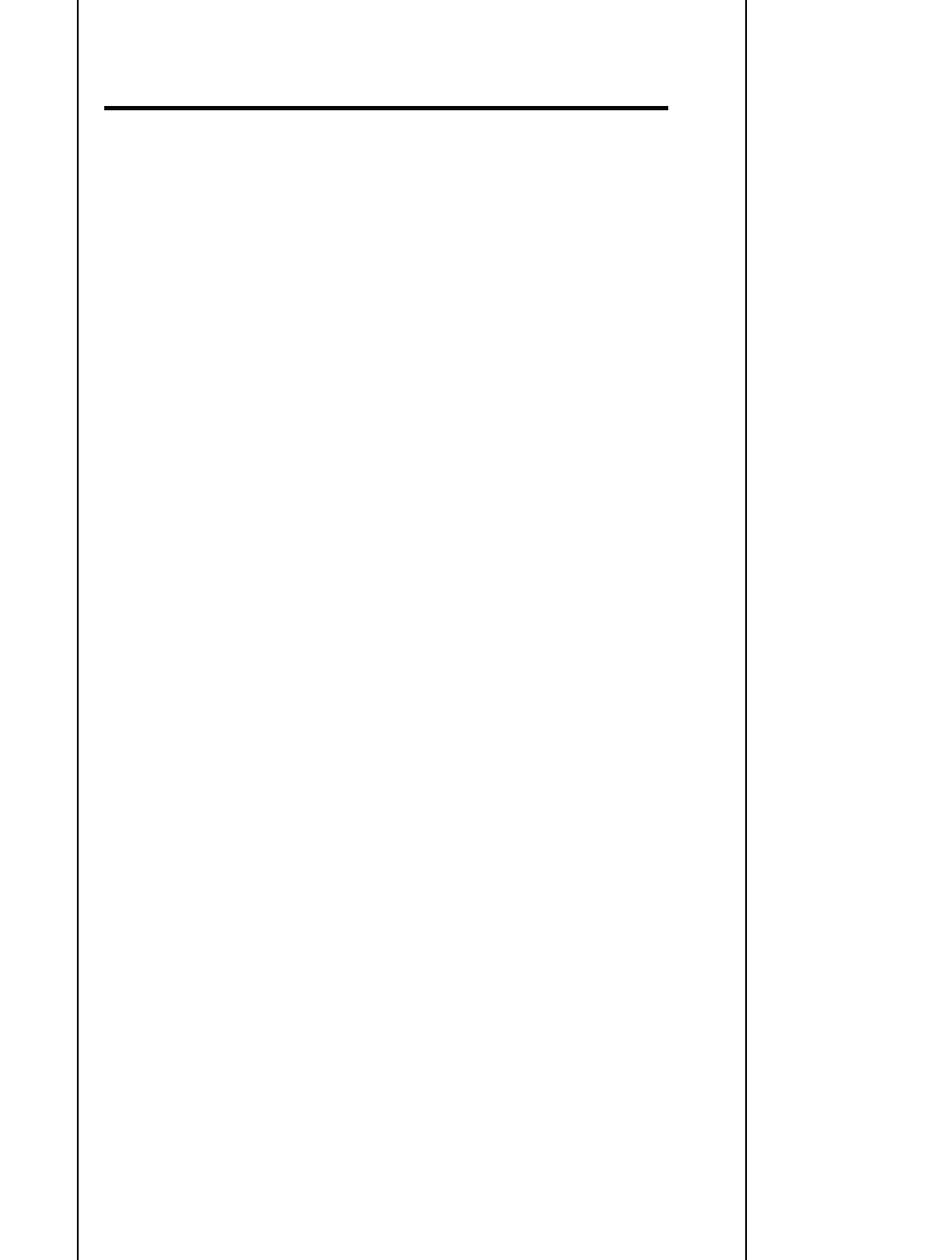
57
Macbeth
ACT 2. SC. 2
MACBETH
LADY MACBETH
MACBETH
LADY MACBETH
MACBETH
LADY MACBETH
MACBETH
LADY MACBETH
MACBETH
LADY MACBETH
MACBETH
This is a sorry sight.
A foolish thought, to say a sorry sight.
There’s one did laugh in ’s sleep, and one cried
“Murder!”
That they did wake each other. I stood and heard
them.
But they did say their prayers and addressed them
Again to sleep.
There are two lodged together.
One cried “God bless us” and “Amen” the other,
As they had seen me with these hangman’s hands,
List’ning their fear. I could not say “Amen”
When they did say “God bless us.”
Consider it not so deeply.
But wherefore could not I pronounce “Amen”?
I had most need of blessing, and “Amen”
Stuck in my throat.
These deeds must not be thought
After these ways; so, it will make us mad.
Methought I heard a voice cry “Sleep no more!
Macbeth does murder sleep”—the innocent sleep,
Sleep that knits up the raveled sleave of care,
The death of each day’s life, sore labor’s bath,
Balm of hurt minds, great nature’s second course,
Chief nourisher in life’s feast.
What do you mean?
Still it cried “Sleep no more!” to all the house.
“Glamis hath murdered sleep, and therefore
Cawdor
Shall sleep no more. Macbeth shall sleep no more.”
FTLN 0657
FTLN 0658
FTLN 0659
30
FTLN 0660
FTLN 0661
FTLN 0662
FTLN 0663
FTLN 0664
35
FTLN 0665
FTLN 0666
FTLN 0667
FTLN 0668
FTLN 0669
40
FTLN 0670
FTLN 0671
FTLN 0672
FTLN 0673
FTLN 0674
45
FTLN 0675
FTLN 0676
FTLN 0677
FTLN 0678
FTLN 0679
50
FTLN 0680
FTLN 0681
FTLN 0682
FTLN 0683
FTLN 0684
55
FTLN 0685
FTLN 0686

59
Macbeth
ACT 2. SC. 2
LADY MACBETH
MACBETH
LADY MACBETH
She exits with the daggers. Knock within.
MACBETH
LADY MACBETH
Knock.
Knock.
Who was it that thus cried? Why, worthy thane,
You do unbend your noble strength to think
So brainsickly of things. Go get some water
And wash this filthy witness from your hand.—
Why did you bring these daggers from the place?
They must lie there. Go, carry them and smear
The sleepy grooms with blood.
I’ll go no more.
I am afraid to think what I have done.
Look on ’t again I dare not.
Infirm of purpose!
Give me the daggers. The sleeping and the dead
Are but as pictures. ’Tis the eye of childhood
That fears a painted devil. If he do bleed,
I’ll gild the faces of the grooms withal,
For it must seem their guilt.
Whence is that
knocking?
How is ’t with me when every noise appalls me?
What hands are here! Ha, they pluck out mine eyes.
Will all great Neptune’s ocean wash this blood
Clean from my hand? No, this my hand will rather
The multitudinous seas incarnadine,
Making the green one red.
Enter Lady Macbeth.
My hands are of your color, but I shame
To wear a heart so white.
I hear a knocking
At the south entry. Retire we to our chamber.
A little water clears us of this deed.
How easy is it, then! Your constancy
Hath left you unattended.
FTLN 0687
FTLN 0688
FTLN 0689
60
FTLN 0690
FTLN 0691
FTLN 0692
FTLN 0693
FTLN 0694
65
FTLN 0695
FTLN 0696
FTLN 0697
FTLN 0698
FTLN 0699
70
FTLN 0700
FTLN 0701
FTLN 0702
FTLN 0703
FTLN 0704
75
FTLN 0705
FTLN 0706
FTLN 0707
FTLN 0708
FTLN 0709
80
FTLN 0710
FTLN 0711
FTLN 0712
FTLN 0713
FTLN 0714
85
FTLN 0715
FTLN 0716
FTLN 0717
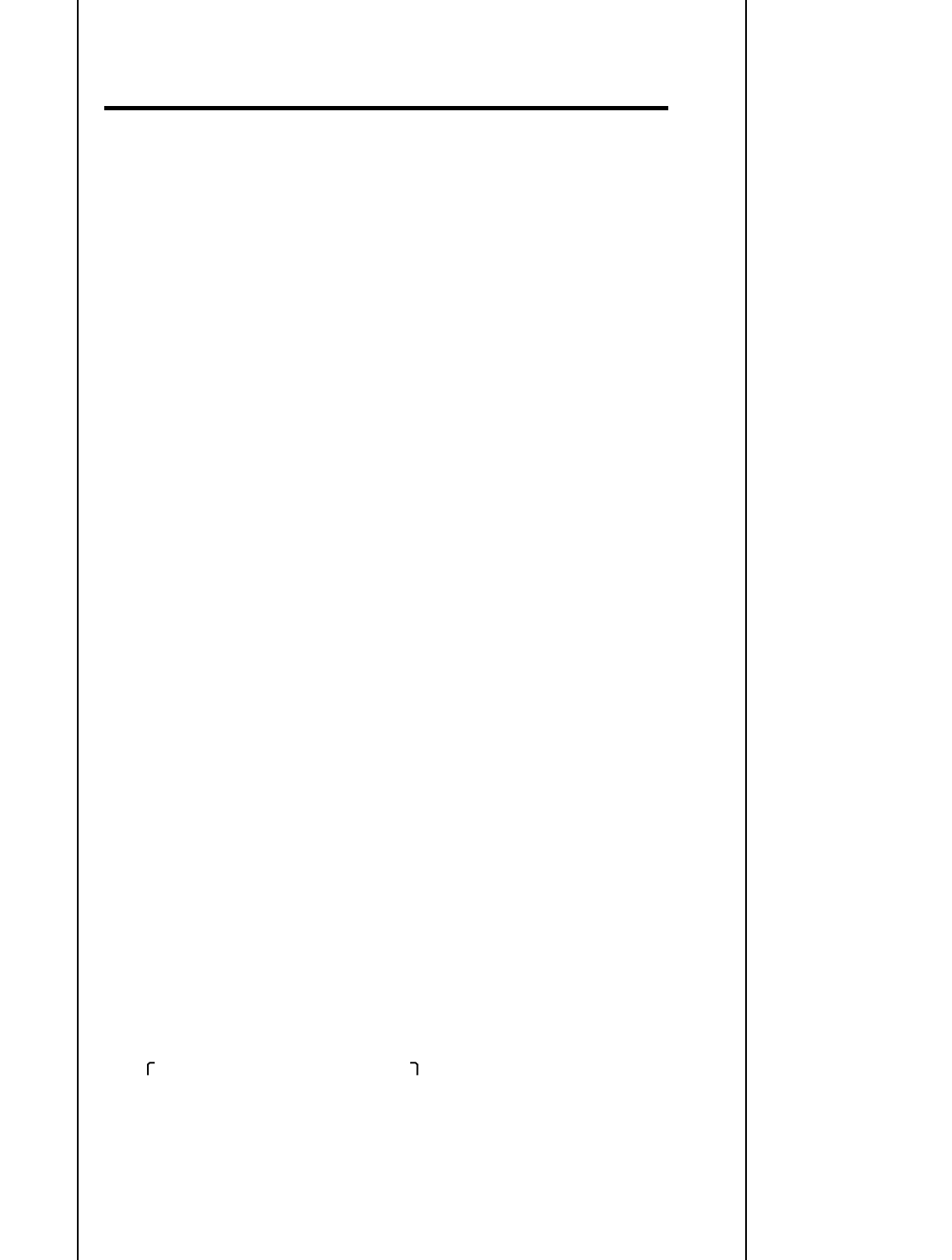
61
Macbeth
ACT 2. SC. 3
MACBETH
Knock.
They exit.
PORTER
Hark, more knocking.
Get on your nightgown, lest occasion call us
And show us to be watchers. Be not lost
So poorly in your thoughts.
To know my deed ’twere best not know myself.
Wake Duncan with thy knocking. I would thou
couldst.
Knocking within. Enter a Porter.
Here’s a knocking indeed! If a man were
porter of hell gate, he should have old turning the
key. (Knock.) Knock, knock, knock! Who’s there, i’
th’ name of Beelzebub? Here’s a farmer that hanged
himself on th’ expectation of plenty. Come in time!
Have napkins enough about you; here you’ll sweat
for ’t. (Knock.) Knock, knock! Who’s there, in th’
other devil’s name? Faith, here’s an equivocator
that could swear in both the scales against either
scale, who committed treason enough for God’s
sake yet could not equivocate to heaven. O, come in,
equivocator. (Knock.) Knock, knock, knock! Who’s
there? Faith, here’s an English tailor come hither for
stealing out of a French hose. Come in, tailor. Here
you may roast your goose. (Knock.) Knock, knock!
Never at quiet.—What are you?—But this place is
too cold for hell. I’ll devil-porter it no further. I had
thought to have let in some of all professions that go
the primrose way to th’ everlasting bonfire. (Knock.)
Anon, anon!
The Porter opens the door to Macduff and Lennox.
I pray you, remember the porter.
FTLN 0718
FTLN 0719
90
FTLN 0720
FTLN 0721
FTLN 0722
FTLN 0723
FTLN 0724
95
Scene 3
FTLN 0725
FTLN 0726
FTLN 0727
FTLN 0728
FTLN 0729
5
FTLN 0730
FTLN 0731
FTLN 0732
FTLN 0733
FTLN 0734
10
FTLN 0735
FTLN 0736
FTLN 0737
FTLN 0738
FTLN 0739
15
FTLN 0740
FTLN 0741
FTLN 0742
FTLN 0743
FTLN 0744
20
FTLN 0745

63
Macbeth
ACT 2. SC. 3
MACDUFF
PORTER
MACDUFF
PORTER
MACDUFF
PORTER
MACDUFF
Porter exits.
LENNOX
MACBETH
MACDUFF
MACBETH
MACDUFF
Was it so late, friend, ere you went to bed
That you do lie so late?
Faith, sir, we were carousing till the second
cock, and drink, sir, is a great provoker of three
things.
What three things does drink especially
provoke?
Marry, sir, nose-painting, sleep, and urine.
Lechery, sir, it provokes and unprovokes. It provokes
the desire, but it takes away the performance.
Therefore much drink may be said to be an
equivocator with lechery. It makes him, and it
mars him; it sets him on, and it takes him off; it
persuades him and disheartens him; makes him
stand to and not stand to; in conclusion, equivocates
him in a sleep and, giving him the lie, leaves
him.
I believe drink gave thee the lie last night.
That it did, sir, i’ th’ very throat on me; but I
requited him for his lie, and, I think, being too
strong for him, though he took up my legs sometime,
yet I made a shift to cast him.
Is thy master stirring?
Enter Macbeth.
Our knocking has awaked him. Here he comes.
Good morrow, noble sir.
Good morrow, both.
Is the King stirring, worthy thane?
Not yet.
He did command me to call timely on him.
I have almost slipped the hour.
FTLN 0746
FTLN 0747
FTLN 0748
FTLN 0749
25
FTLN 0750
FTLN 0751
FTLN 0752
FTLN 0753
FTLN 0754
30
FTLN 0755
FTLN 0756
FTLN 0757
FTLN 0758
FTLN 0759
35
FTLN 0760
FTLN 0761
FTLN 0762
FTLN 0763
FTLN 0764
40
FTLN 0765
FTLN 0766
FTLN 0767
FTLN 0768
FTLN 0769
45
FTLN 0770
FTLN 0771
FTLN 0772
FTLN 0773
FTLN 0774
50
FTLN 0775

65
Macbeth
ACT 2. SC. 3
MACBETH
MACDUFF
MACBETH
MACDUFF
Macduff exits.
LENNOX
MACBETH
LENNOX
MACBETH
LENNOX
MACDUFF
MACBETH AND LENNOX
MACDUFF
I’ll bring you to him.
I know this is a joyful trouble to you,
But yet ’tis one.
The labor we delight in physics pain.
This is the door.
I’ll make so bold to call,
For ’tis my limited service.
Goes the King hence today?
He does. He did appoint so.
The night has been unruly. Where we lay,
Our chimneys were blown down and, as they say,
Lamentings heard i’ th’ air, strange screams of
death,
And prophesying, with accents terrible,
Of dire combustion and confused events
New hatched to th’ woeful time. The obscure bird
Clamored the livelong night. Some say the Earth
Was feverous and did shake.
’Twas a rough night.
My young remembrance cannot parallel
A fellow to it.
Enter Macduff.
O horror, horror, horror!
Tongue nor heart cannot conceive nor name thee!
What’s the matter?
Confusion now hath made his masterpiece.
Most sacrilegious murder hath broke ope
The Lord’s anointed temple and stole thence
The life o’ th’ building.
FTLN 0776
FTLN 0777
FTLN 0778
FTLN 0779
55
FTLN 0780
FTLN 0781
FTLN 0782
FTLN 0783
FTLN 0784
60
FTLN 0785
FTLN 0786
FTLN 0787
FTLN 0788
FTLN 0789
65
FTLN 0790
FTLN 0791
FTLN 0792
FTLN 0793
FTLN 0794
70
FTLN 0795
FTLN 0796
FTLN 0797
FTLN 0798
FTLN 0799
75
FTLN 0800
FTLN 0801
FTLN 0802
FTLN 0803
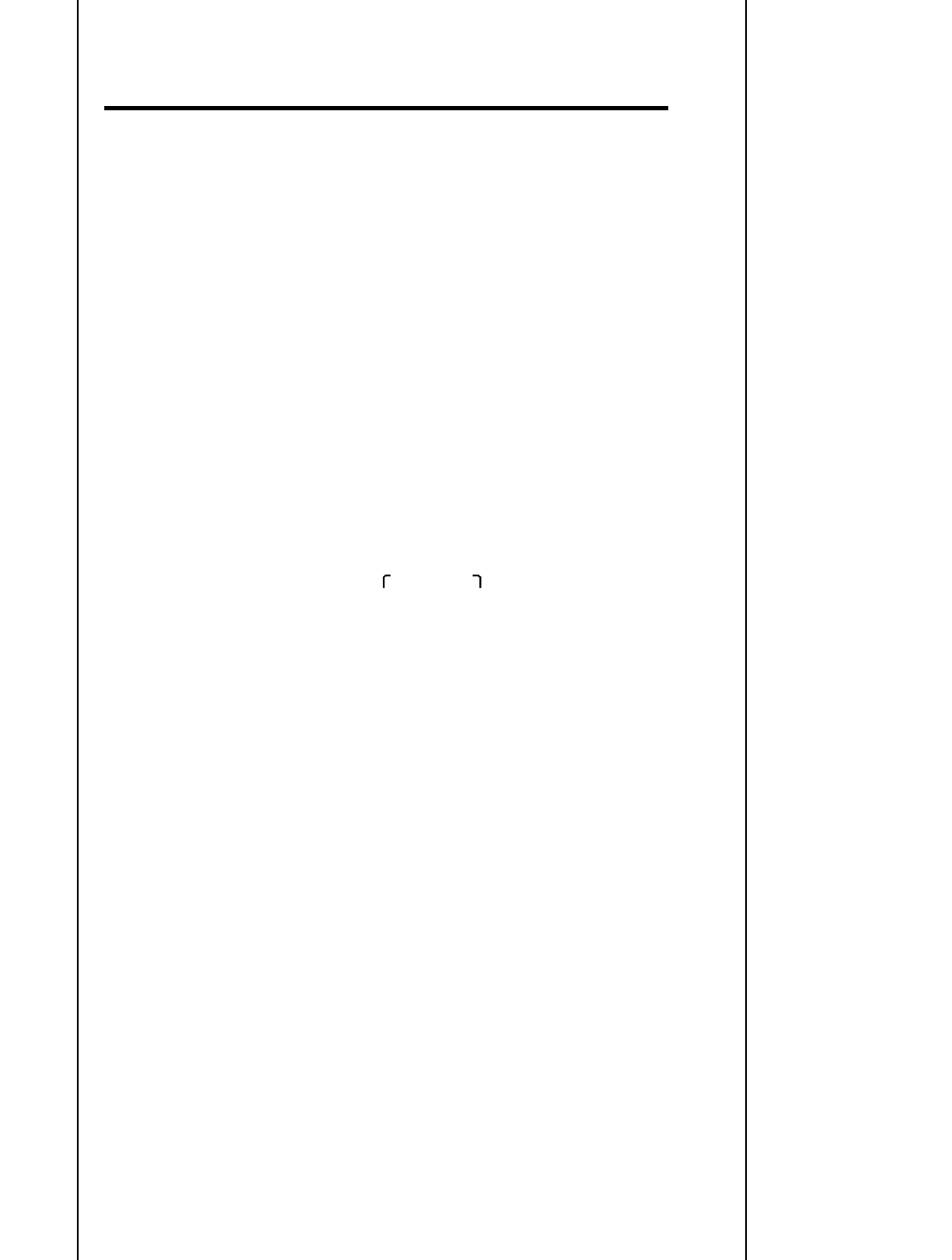
67
Macbeth
ACT 2. SC. 3
MACBETH
LENNOX
MACDUFF
Macbeth and Lennox exit.
Bell rings.
LADY MACBETH
MACDUFF
LADY MACBETH
BANQUO
What is ’t you say? The life?
Mean you his Majesty?
Approach the chamber and destroy your sight
With a new Gorgon. Do not bid me speak.
See and then speak yourselves.
Awake, awake!
Ring the alarum bell.—Murder and treason!
Banquo and Donalbain, Malcolm, awake!
Shake off this downy sleep, death’s counterfeit,
And look on death itself. Up, up, and see
The great doom’s image. Malcolm, Banquo,
As from your graves rise up and walk like sprites
To countenance this horror.—Ring the bell.
Enter Lady Macbeth.
What’s the business,
That such a hideous trumpet calls to parley
The sleepers of the house? Speak, speak!
O gentle lady,
’Tis not for you to hear what I can speak.
The repetition in a woman’s ear
Would murder as it fell.
Enter Banquo.
O Banquo, Banquo,
Our royal master’s murdered.
Woe, alas!
What, in our house?
Too cruel anywhere.—
Dear Duff, I prithee, contradict thyself
And say it is not so.
FTLN 0804
80
FTLN 0805
FTLN 0806
FTLN 0807
FTLN 0808
FTLN 0809
85
FTLN 0810
FTLN 0811
FTLN 0812
FTLN 0813
FTLN 0814
90
FTLN 0815
FTLN 0816
FTLN 0817
FTLN 0818
FTLN 0819
95
FTLN 0820
FTLN 0821
FTLN 0822
FTLN 0823
FTLN 0824
100
FTLN 0825
FTLN 0826
FTLN 0827
FTLN 0828
FTLN 0829
105
FTLN 0830

69
Macbeth
ACT 2. SC. 3
MACBETH
DONALBAIN
MACBETH
MACDUFF
MALCOLM
LENNOX
MACBETH
MACDUFF
MACBETH
Enter Macbeth, Lennox, and Ross.
Had I but died an hour before this chance,
I had lived a blessèd time; for from this instant
There’s nothing serious in mortality.
All is but toys. Renown and grace is dead.
The wine of life is drawn, and the mere lees
Is left this vault to brag of.
Enter Malcolm and Donalbain.
What is amiss?
You are, and do not know ’t.
The spring, the head, the fountain of your blood
Is stopped; the very source of it is stopped.
Your royal father’s murdered.
O, by whom?
Those of his chamber, as it seemed, had done ’t.
Their hands and faces were all badged with blood.
So were their daggers, which unwiped we found
Upon their pillows. They stared and were distracted.
No man’s life was to be trusted with them.
O, yet I do repent me of my fury,
That I did kill them.
Wherefore did you so?
Who can be wise, amazed, temp’rate, and furious,
Loyal, and neutral, in a moment? No man.
Th’ expedition of my violent love
Outrun the pauser, reason. Here lay Duncan,
His silver skin laced with his golden blood,
And his gashed stabs looked like a breach in nature
For ruin’s wasteful entrance; there the murderers,
FTLN 0831
FTLN 0832
FTLN 0833
FTLN 0834
110
FTLN 0835
FTLN 0836
FTLN 0837
FTLN 0838
FTLN 0839
115
FTLN 0840
FTLN 0841
FTLN 0842
FTLN 0843
FTLN 0844
120
FTLN 0845
FTLN 0846
FTLN 0847
FTLN 0848
FTLN 0849
125
FTLN 0850
FTLN 0851
FTLN 0852
FTLN 0853
FTLN 0854
130
FTLN 0855
FTLN 0856
FTLN 0857

71
Macbeth
ACT 2. SC. 3
LADY MACBETH
MACDUFF
MALCOLM
DONALBAIN
MALCOLM
BANQUO
Lady Macbeth is assisted to leave.
MACDUFF
ALL
MACBETH
ALL
All but Malcolm and Donalbain exit.
MALCOLM
Steeped in the colors of their trade, their daggers
Unmannerly breeched with gore. Who could refrain
That had a heart to love, and in that heart
Courage to make ’s love known?
Help me hence, ho!
Look to the lady.
, aside to Donalbain Why do we hold our
tongues,
That most may claim this argument for ours?
, aside to Malcolm
What should be spoken here, where our fate,
Hid in an auger hole, may rush and seize us?
Let’s away. Our tears are not yet brewed.
, aside to Donalbain
Nor our strong sorrow upon the foot of motion.
Look to the lady.
And when we have our naked frailties hid,
That suffer in exposure, let us meet
And question this most bloody piece of work
To know it further. Fears and scruples shake us.
In the great hand of God I stand, and thence
Against the undivulged pretense I fight
Of treasonous malice.
And so do I.
So all.
Let’s briefly put on manly readiness
And meet i’ th’ hall together.
Well contented.
What will you do? Let’s not consort with them.
To show an unfelt sorrow is an office
Which the false man does easy. I’ll to England.
FTLN 0858
FTLN 0859
135
FTLN 0860
FTLN 0861
FTLN 0862
FTLN 0863
FTLN 0864
140
FTLN 0865
FTLN 0866
FTLN 0867
FTLN 0868
FTLN 0869
145
FTLN 0870
FTLN 0871
FTLN 0872
FTLN 0873
FTLN 0874
150
FTLN 0875
FTLN 0876
FTLN 0877
FTLN 0878
FTLN 0879
155
FTLN 0880
FTLN 0881
FTLN 0882
FTLN 0883
FTLN 0884
160
FTLN 0885
FTLN 0886

73
Macbeth
ACT 2. SC. 4
DONALBAIN
MALCOLM
They exit.
OLD MAN
ROSS
OLD MAN
ROSS
To Ireland I. Our separated fortune
Shall keep us both the safer. Where we are,
There’s daggers in men’s smiles. The near in blood,
The nearer bloody.
This murderous shaft that’s shot
Hath not yet lighted, and our safest way
Is to avoid the aim. Therefore to horse,
And let us not be dainty of leave-taking
But shift away. There’s warrant in that theft
Which steals itself when there’s no mercy left.
Enter Ross with an Old Man.
Threescore and ten I can remember well,
Within the volume of which time I have seen
Hours dreadful and things strange, but this sore
night
Hath trifled former knowings.
Ha, good father,
Thou seest the heavens, as troubled with man’s act,
Threatens his bloody stage. By th’ clock ’tis day,
And yet dark night strangles the traveling lamp.
Is ’t night’s predominance or the day’s shame
That darkness does the face of earth entomb
When living light should kiss it?
’Tis unnatural,
Even like the deed that’s done. On Tuesday last
A falcon, tow’ring in her pride of place,
Was by a mousing owl hawked at and killed.
And Duncan’s horses (a thing most strange and
certain),
FTLN 0887
FTLN 0888
FTLN 0889
165
FTLN 0890
FTLN 0891
FTLN 0892
FTLN 0893
FTLN 0894
170
FTLN 0895
FTLN 0896
Scene 4
FTLN 0897
FTLN 0898
FTLN 0899
FTLN 0900
FTLN 0901
5
FTLN 0902
FTLN 0903
FTLN 0904
FTLN 0905
FTLN 0906
10
FTLN 0907
FTLN 0908
FTLN 0909
FTLN 0910
FTLN 0911
15
FTLN 0912
FTLN 0913
FTLN 0914
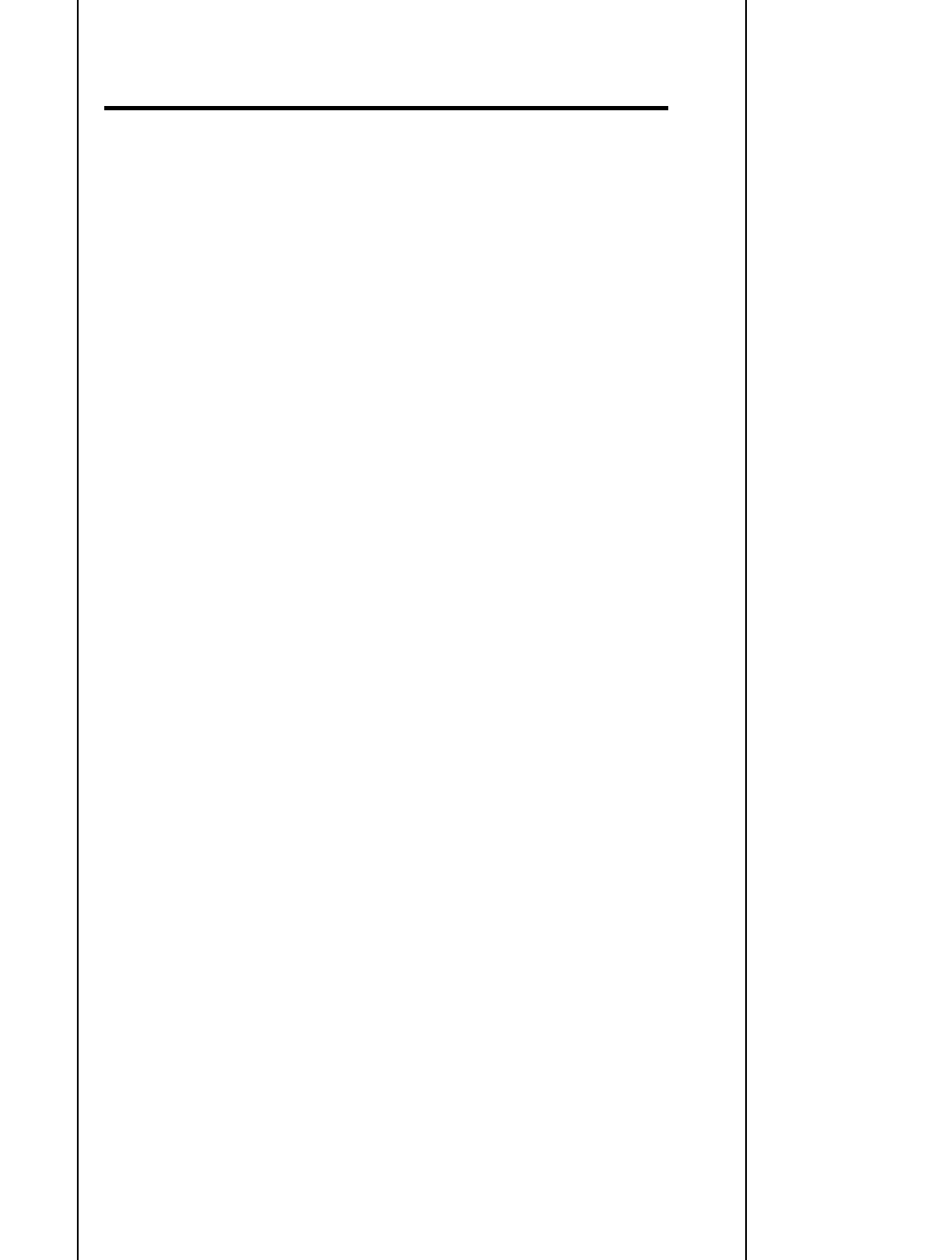
75
Macbeth
ACT 2. SC. 4
OLD MAN
ROSS
MACDUFF
ROSS
MACDUFF
ROSS
MACDUFF
ROSS
MACDUFF
ROSS
MACDUFF
Beauteous and swift, the minions of their race,
Turned wild in nature, broke their stalls, flung out,
Contending ’gainst obedience, as they would
Make war with mankind.
’Tis said they eat each
other.
They did so, to th’ amazement of mine eyes
That looked upon ’t.
Enter Macduff.
Here comes the good
Macduff.—
How goes the world, sir, now?
Why, see you not?
Is ’t known who did this more than bloody deed?
Those that Macbeth hath slain.
Alas the day,
What good could they pretend?
They were suborned.
Malcolm and Donalbain, the King’s two sons,
Are stol’n away and fled, which puts upon them
Suspicion of the deed.
’Gainst nature still!
Thriftless ambition, that will ravin up
Thine own lives’ means. Then ’tis most like
The sovereignty will fall upon Macbeth.
He is already named and gone to Scone
To be invested.
Where is Duncan’s body?
Carried to Colmekill,
The sacred storehouse of his predecessors
And guardian of their bones.
FTLN 0915
FTLN 0916
20
FTLN 0917
FTLN 0918
FTLN 0919
FTLN 0920
FTLN 0921
25
FTLN 0922
FTLN 0923
FTLN 0924
FTLN 0925
FTLN 0926
30
FTLN 0927
FTLN 0928
FTLN 0929
FTLN 0930
FTLN 0931
35
FTLN 0932
FTLN 0933
FTLN 0934
FTLN 0935
FTLN 0936
40
FTLN 0937
FTLN 0938
FTLN 0939
FTLN 0940
FTLN 0941
45
FTLN 0942
FTLN 0943
FTLN 0944

77
Macbeth
ACT 2. SC. 4
ROSS
MACDUFF
ROSS
MACDUFF
ROSS
OLD MAN
All exit.
Will you to Scone?
No, cousin, I’ll to Fife.
Well, I will thither.
Well, may you see things well done there. Adieu,
Lest our old robes sit easier than our new.
Farewell, father.
God’s benison go with you and with those
That would make good of bad and friends of foes.
FTLN 0945
FTLN 0946
50
FTLN 0947
FTLN 0948
FTLN 0949
FTLN 0950
FTLN 0951
55
FTLN 0952

BANQUO
MACBETH
LADY MACBETH
MACBETH
BANQUO
Enter Banquo.
Thou hast it now—king, Cawdor, Glamis, all
As the Weïrd Women promised, and I fear
Thou played’st most foully for ’t. Yet it was said
It should not stand in thy posterity,
But that myself should be the root and father
Of many kings. If there come truth from them
(As upon thee, Macbeth, their speeches shine)
Why, by the verities on thee made good,
May they not be my oracles as well,
And set me up in hope? But hush, no more.
Sennet sounded. Enter Macbeth as King, Lady
Macbeth, Lennox, Ross, Lords, and Attendants.
Here’s our chief guest.
If he had been forgotten,
It had been as a gap in our great feast
And all-thing unbecoming.
Tonight we hold a solemn supper, sir,
And I’ll request your presence.
Let your Highness
81
ACT 3
Scene 1
FTLN 0953
FTLN 0954
FTLN 0955
FTLN 0956
FTLN 0957
5
FTLN 0958
FTLN 0959
FTLN 0960
FTLN 0961
FTLN 0962
10
FTLN 0963
FTLN 0964
FTLN 0965
FTLN 0966
FTLN 0967
15
FTLN 0968
FTLN 0969
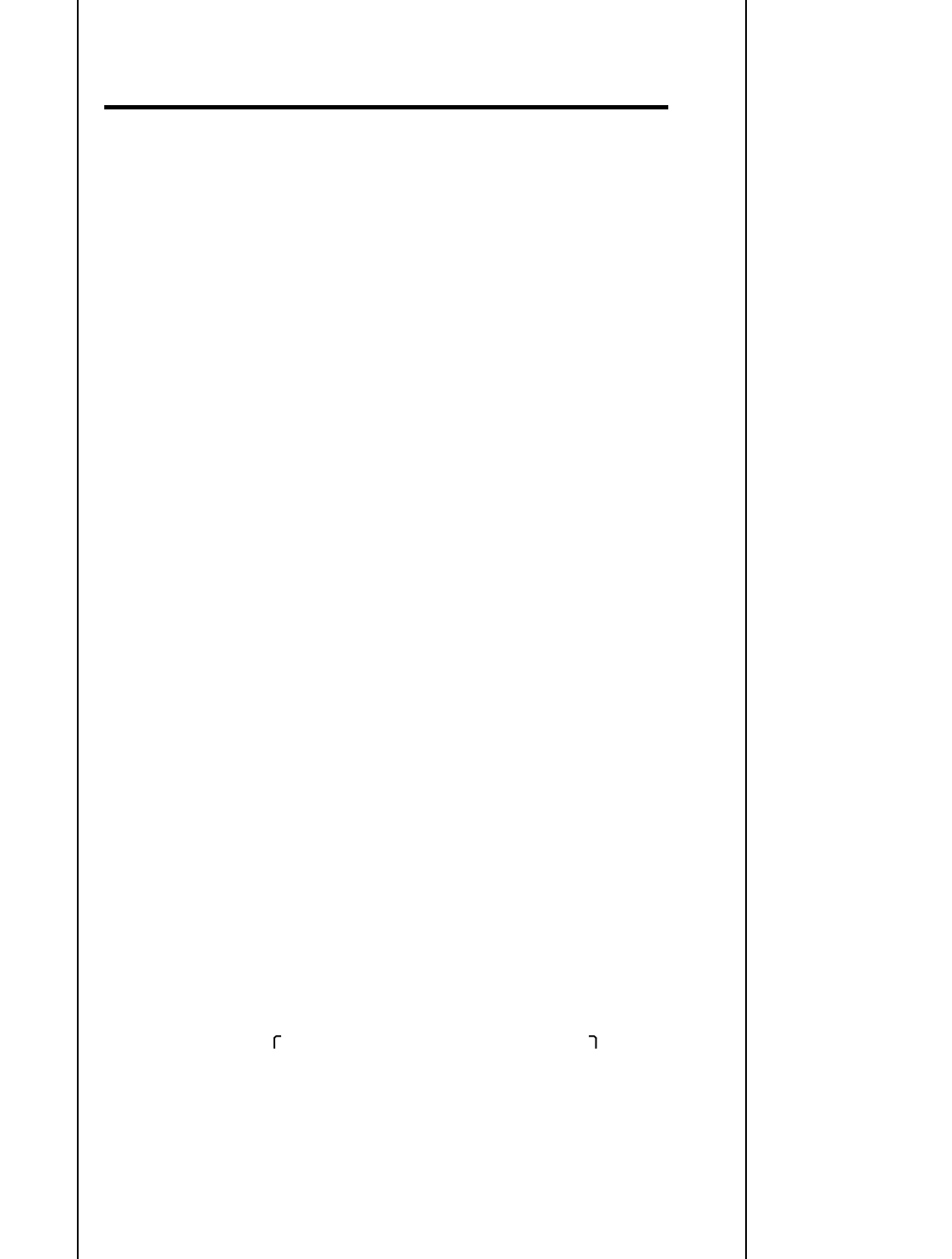
83
Macbeth
ACT 3. SC. 1
MACBETH
BANQUO
MACBETH
BANQUO
MACBETH
BANQUO
MACBETH
BANQUO
MACBETH
Banquo exits.
Lords and all but Macbeth and a Servant exit.
Command upon me, to the which my duties
Are with a most indissoluble tie
Forever knit.
Ride you this afternoon?
Ay, my good lord.
We should have else desired your good advice
(Which still hath been both grave and prosperous)
In this day’s council, but we’ll take tomorrow.
Is ’t far you ride?
As far, my lord, as will fill up the time
’Twixt this and supper. Go not my horse the better,
I must become a borrower of the night
For a dark hour or twain.
Fail not our feast.
My lord, I will not.
We hear our bloody cousins are bestowed
In England and in Ireland, not confessing
Their cruel parricide, filling their hearers
With strange invention. But of that tomorrow,
When therewithal we shall have cause of state
Craving us jointly. Hie you to horse. Adieu,
Till you return at night. Goes Fleance with you?
Ay, my good lord. Our time does call upon ’s.
I wish your horses swift and sure of foot,
And so I do commend you to their backs.
Farewell.
Let every man be master of his time
Till seven at night. To make society
The sweeter welcome, we will keep ourself
Till suppertime alone. While then, God be with you.
FTLN 0970
FTLN 0971
FTLN 0972
20
FTLN 0973
FTLN 0974
FTLN 0975
FTLN 0976
FTLN 0977
25
FTLN 0978
FTLN 0979
FTLN 0980
FTLN 0981
FTLN 0982
30
FTLN 0983
FTLN 0984
FTLN 0985
FTLN 0986
FTLN 0987
35
FTLN 0988
FTLN 0989
FTLN 0990
FTLN 0991
FTLN 0992
40
FTLN 0993
FTLN 0994
FTLN 0995
FTLN 0996
FTLN 0997
45
FTLN 0998
FTLN 0999
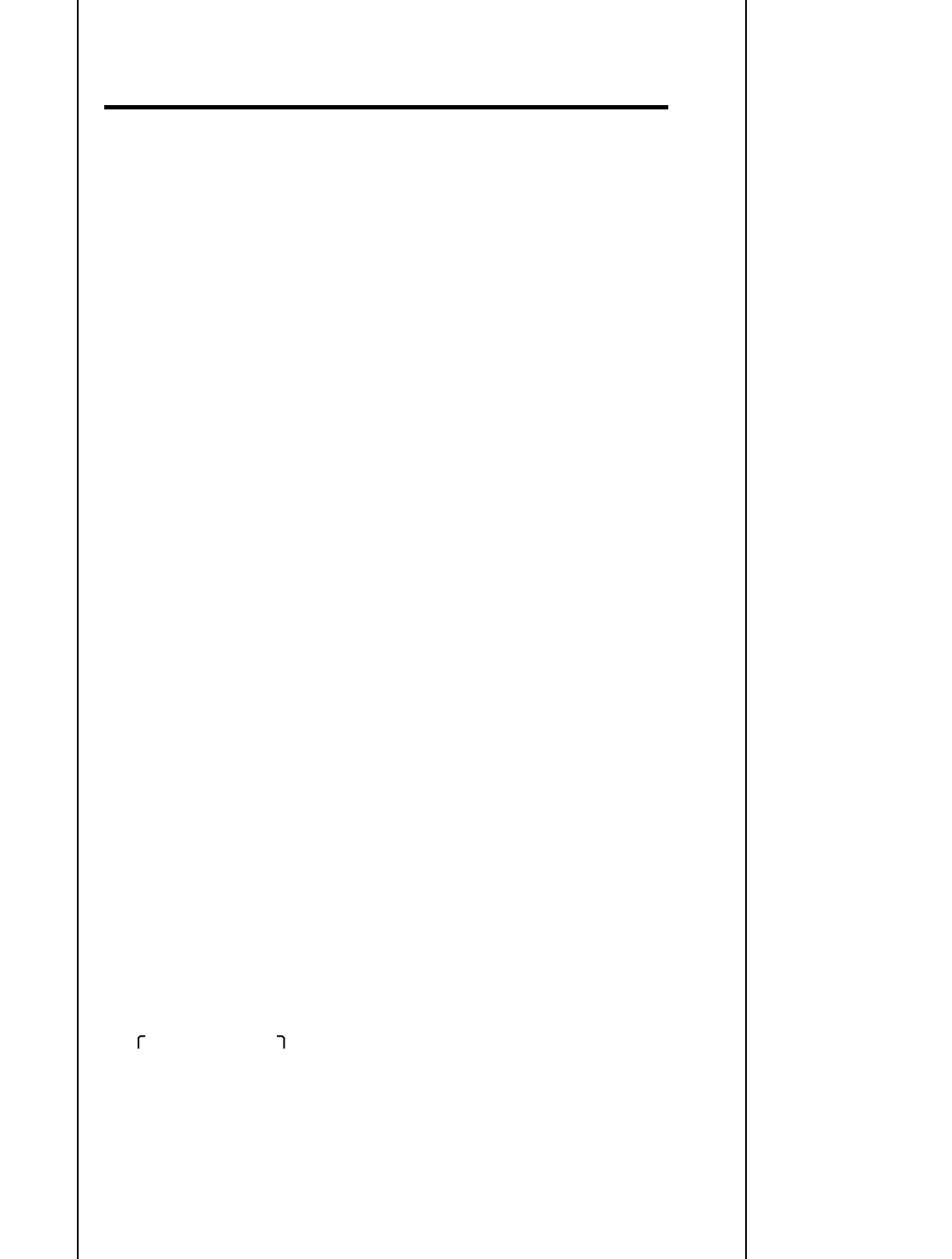
85
Macbeth
ACT 3. SC. 1
SERVANT
MACBETH
Servant exits.
Servant exits.
Sirrah, a word with you. Attend those men
Our pleasure?
They are, my lord, without the palace gate.
Bring them before us.
To be thus is nothing,
But to be safely thus. Our fears in Banquo
Stick deep, and in his royalty of nature
Reigns that which would be feared. ’Tis much he
dares,
And to that dauntless temper of his mind
He hath a wisdom that doth guide his valor
To act in safety. There is none but he
Whose being I do fear; and under him
My genius is rebuked, as it is said
Mark Antony’s was by Caesar. He chid the sisters
When first they put the name of king upon me
And bade them speak to him. Then, prophet-like,
They hailed him father to a line of kings.
Upon my head they placed a fruitless crown
And put a barren scepter in my grip,
Thence to be wrenched with an unlineal hand,
No son of mine succeeding. If ’t be so,
For Banquo’s issue have I filed my mind;
For them the gracious Duncan have I murdered,
Put rancors in the vessel of my peace
Only for them, and mine eternal jewel
Given to the common enemy of man
To make them kings, the seeds of Banquo kings.
Rather than so, come fate into the list,
And champion me to th’ utterance.—Who’s there?
Enter Servant and two Murderers.
To the Servant. Now go to the door, and stay there
till we call.
FTLN 1000
FTLN 1001
FTLN 1002
50
FTLN 1003
FTLN 1004
FTLN 1005
FTLN 1006
FTLN 1007
55
FTLN 1008
FTLN 1009
FTLN 1010
FTLN 1011
FTLN 1012
60
FTLN 1013
FTLN 1014
FTLN 1015
FTLN 1016
FTLN 1017
65
FTLN 1018
FTLN 1019
FTLN 1020
FTLN 1021
FTLN 1022
70
FTLN 1023
FTLN 1024
FTLN 1025
FTLN 1026
FTLN 1027
75
FTLN 1028
FTLN 1029
FTLN 1030
FTLN 1031

87
Macbeth
ACT 3. SC. 1
MURDERERS
MACBETH
FIRST MURDERER
MACBETH
FIRST MURDERER
MACBETH
Was it not yesterday we spoke together?
It was, so please your Highness.
Well then, now
Have you considered of my speeches? Know
That it was he, in the times past, which held you
So under fortune, which you thought had been
Our innocent self. This I made good to you
In our last conference, passed in probation with you
How you were borne in hand, how crossed, the
instruments,
Who wrought with them, and all things else that
might
To half a soul and to a notion crazed
Say “Thus did Banquo.”
You made it known to us.
I did so, and went further, which is now
Our point of second meeting. Do you find
Your patience so predominant in your nature
That you can let this go? Are you so gospeled
To pray for this good man and for his issue,
Whose heavy hand hath bowed you to the grave
And beggared yours forever?
We are men, my liege.
Ay, in the catalogue you go for men,
As hounds and greyhounds, mongrels, spaniels,
curs,
Shoughs, water-rugs, and demi-wolves are clept
All by the name of dogs. The valued file
Distinguishes the swift, the slow, the subtle,
The housekeeper, the hunter, every one
According to the gift which bounteous nature
Hath in him closed; whereby he does receive
FTLN 1032
80
FTLN 1033
FTLN 1034
FTLN 1035
FTLN 1036
FTLN 1037
85
FTLN 1038
FTLN 1039
FTLN 1040
FTLN 1041
FTLN 1042
90
FTLN 1043
FTLN 1044
FTLN 1045
FTLN 1046
FTLN 1047
95
FTLN 1048
FTLN 1049
FTLN 1050
FTLN 1051
FTLN 1052
100
FTLN 1053
FTLN 1054
FTLN 1055
FTLN 1056
FTLN 1057
105
FTLN 1058
FTLN 1059
FTLN 1060
FTLN 1061
FTLN 1062
110
FTLN 1063

89
Macbeth
ACT 3. SC. 1
SECOND MURDERER
FIRST MURDERER
MACBETH
MURDERERS
MACBETH
SECOND MURDERER
FIRST MURDERER
Particular addition, from the bill
That writes them all alike. And so of men.
Now, if you have a station in the file,
Not i’ th’ worst rank of manhood, say ’t,
And I will put that business in your bosoms
Whose execution takes your enemy off,
Grapples you to the heart and love of us,
Who wear our health but sickly in his life,
Which in his death were perfect.
I am one, my liege,
Whom the vile blows and buffets of the world
Hath so incensed that I am reckless what
I do to spite the world.
And I another
So weary with disasters, tugged with fortune,
That I would set my life on any chance,
To mend it or be rid on ’t.
Both of you
Know Banquo was your enemy.
True, my lord.
So is he mine, and in such bloody distance
That every minute of his being thrusts
Against my near’st of life. And though I could
With barefaced power sweep him from my sight
And bid my will avouch it, yet I must not,
For certain friends that are both his and mine,
Whose loves I may not drop, but wail his fall
Who I myself struck down. And thence it is
That I to your assistance do make love,
Masking the business from the common eye
For sundry weighty reasons.
We shall, my lord,
Perform what you command us.
Though our lives—
FTLN 1064
FTLN 1065
FTLN 1066
FTLN 1067
115
FTLN 1068
FTLN 1069
FTLN 1070
FTLN 1071
FTLN 1072
120
FTLN 1073
FTLN 1074
FTLN 1075
FTLN 1076
FTLN 1077
125
FTLN 1078
FTLN 1079
FTLN 1080
FTLN 1081
FTLN 1082
130
FTLN 1083
FTLN 1084
FTLN 1085
FTLN 1086
FTLN 1087
135
FTLN 1088
FTLN 1089
FTLN 1090
FTLN 1091
FTLN 1092
140
FTLN 1093
FTLN 1094
FTLN 1095
FTLN 1096
FTLN 1097
145
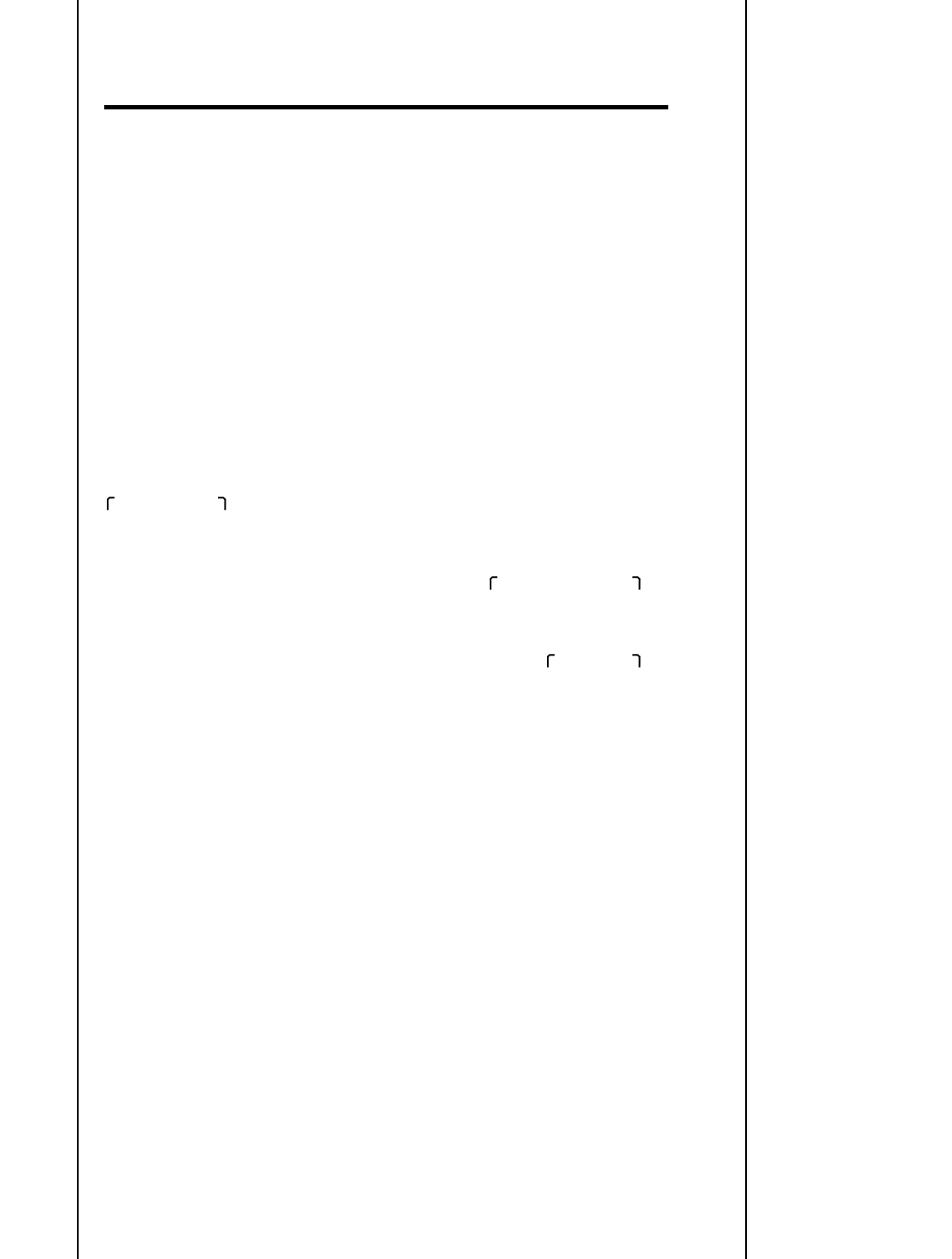
91
Macbeth
ACT 3. SC. 2
MACBETH
MURDERERS
MACBETH
Murderers exit.
He exits.
LADY MACBETH
SERVANT
LADY MACBETH
SERVANT
He exits.
LADY MACBETH
Your spirits shine through you. Within this hour at
most
I will advise you where to plant yourselves,
Acquaint you with the perfect spy o’ th’ time,
The moment on ’t, for ’t must be done tonight
And something from the palace; always thought
That I require a clearness. And with him
(To leave no rubs nor botches in the work)
Fleance, his son, that keeps him company,
Whose absence is no less material to me
Than is his father’s, must embrace the fate
Of that dark hour. Resolve yourselves apart.
I’ll come to you anon.
We are resolved, my lord.
I’ll call upon you straight. Abide within.
It is concluded. Banquo, thy soul’s flight,
If it find heaven, must find it out tonight.
Enter Macbeth’s Lady and a Servant.
Is Banquo gone from court?
Ay, madam, but returns again tonight.
Say to the King I would attend his leisure
For a few words.
Madam, I will.
Naught’s had, all’s spent,
Where our desire is got without content.
’Tis safer to be that which we destroy
Than by destruction dwell in doubtful joy.
FTLN 1098
FTLN 1099
FTLN 1100
FTLN 1101
FTLN 1102
150
FTLN 1103
FTLN 1104
FTLN 1105
FTLN 1106
FTLN 1107
155
FTLN 1108
FTLN 1109
FTLN 1110
FTLN 1111
FTLN 1112
160
FTLN 1113
FTLN 1114
Scene 2
FTLN 1115
FTLN 1116
FTLN 1117
FTLN 1118
FTLN 1119
5
FTLN 1120
FTLN 1121
FTLN 1122
FTLN 1123

93
Macbeth
ACT 3. SC. 2
MACBETH
LADY MACBETH
MACBETH
LADY MACBETH
MACBETH
Enter Macbeth.
How now, my lord, why do you keep alone,
Of sorriest fancies your companions making,
Using those thoughts which should indeed have died
With them they think on? Things without all remedy
Should be without regard. What’s done is done.
We have scorched the snake, not killed it.
She’ll close and be herself whilst our poor malice
Remains in danger of her former tooth.
But let the frame of things disjoint, both the worlds
suffer,
Ere we will eat our meal in fear, and sleep
In the affliction of these terrible dreams
That shake us nightly. Better be with the dead,
Whom we, to gain our peace, have sent to peace,
Than on the torture of the mind to lie
In restless ecstasy. Duncan is in his grave.
After life’s fitful fever he sleeps well.
Treason has done his worst; nor steel nor poison,
Malice domestic, foreign levy, nothing
Can touch him further.
Come on, gentle my lord,
Sleek o’er your rugged looks. Be bright and jovial
Among your guests tonight.
So shall I, love,
And so I pray be you. Let your remembrance
Apply to Banquo; present him eminence
Both with eye and tongue: unsafe the while that we
Must lave our honors in these flattering streams
And make our faces vizards to our hearts,
Disguising what they are.
You must leave this.
O, full of scorpions is my mind, dear wife!
Thou know’st that Banquo and his Fleance lives.
FTLN 1124
10
FTLN 1125
FTLN 1126
FTLN 1127
FTLN 1128
FTLN 1129
15
FTLN 1130
FTLN 1131
FTLN 1132
FTLN 1133
FTLN 1134
20
FTLN 1135
FTLN 1136
FTLN 1137
FTLN 1138
FTLN 1139
25
FTLN 1140
FTLN 1141
FTLN 1142
FTLN 1143
FTLN 1144
30
FTLN 1145
FTLN 1146
FTLN 1147
FTLN 1148
FTLN 1149
35
FTLN 1150
FTLN 1151
FTLN 1152
FTLN 1153
FTLN 1154
40
FTLN 1155
FTLN 1156
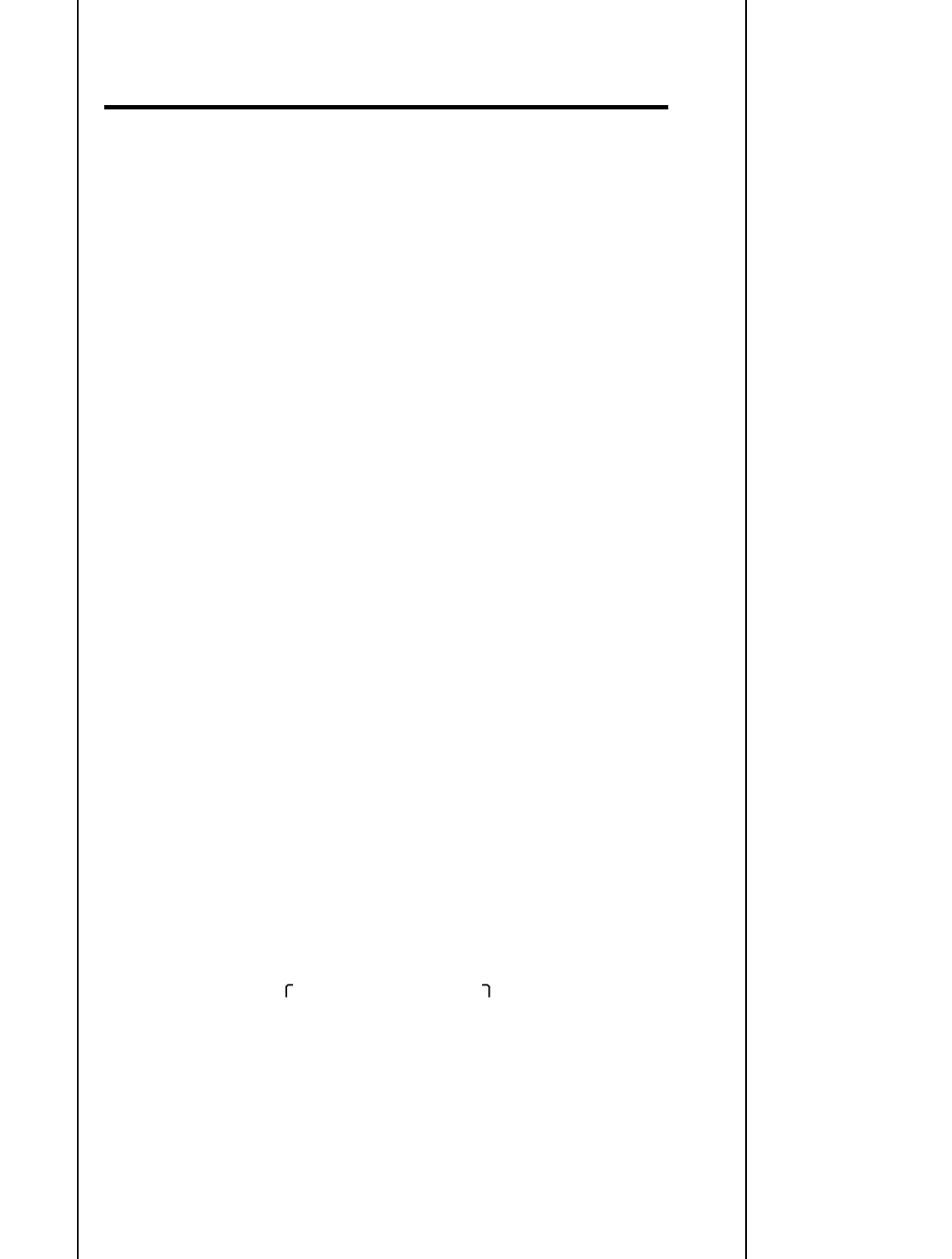
95
Macbeth
ACT 3. SC. 3
LADY MACBETH
MACBETH
LADY MACBETH
MACBETH
They exit.
FIRST MURDERER
THIRD MURDERER
SECOND MURDERER
But in them nature’s copy’s not eterne.
There’s comfort yet; they are assailable.
Then be thou jocund. Ere the bat hath flown
His cloistered flight, ere to black Hecate’s summons
The shard-born beetle with his drowsy hums
Hath rung night’s yawning peal, there shall be done
A deed of dreadful note.
What’s to be done?
Be innocent of the knowledge, dearest chuck,
Till thou applaud the deed.—Come, seeling night,
Scarf up the tender eye of pitiful day
And with thy bloody and invisible hand
Cancel and tear to pieces that great bond
Which keeps me pale. Light thickens, and the crow
Makes wing to th’ rooky wood.
Good things of day begin to droop and drowse,
Whiles night’s black agents to their preys do
rouse.—
Thou marvel’st at my words, but hold thee still.
Things bad begun make strong themselves by ill.
So prithee go with me.
Enter three Murderers.
But who did bid thee join with us?
Macbeth.
, to the First Murderer
He needs not our mistrust, since he delivers
Our offices and what we have to do
To the direction just.
FTLN 1157
FTLN 1158
FTLN 1159
45
FTLN 1160
FTLN 1161
FTLN 1162
FTLN 1163
FTLN 1164
50
FTLN 1165
FTLN 1166
FTLN 1167
FTLN 1168
FTLN 1169
55
FTLN 1170
FTLN 1171
FTLN 1172
FTLN 1173
FTLN 1174
60
FTLN 1175
FTLN 1176
FTLN 1177
Scene 3
FTLN 1178
FTLN 1179
FTLN 1180
FTLN 1181
FTLN 1182
5

97
Macbeth
ACT 3. SC. 3
FIRST MURDERER
THIRD MURDERER
BANQUO
SECOND MURDERER
FIRST MURDERER
THIRD MURDERER
SECOND MURDERER
THIRD MURDERER
FIRST MURDERER
BANQUO
FIRST MURDERER
The three Murderers attack.
BANQUO
He dies. Fleance exits.
THIRD MURDERER
FIRST MURDERER
THIRD MURDERER
SECOND MURDERER
FIRST MURDERER
They exit.
Then stand with us.—
The west yet glimmers with some streaks of day.
Now spurs the lated traveler apace
To gain the timely inn, and near approaches
The subject of our watch.
Hark, I hear horses.
, within Give us a light there, ho!
Then ’tis he. The rest
That are within the note of expectation
Already are i’ th’ court.
His horses go about.
Almost a mile; but he does usually
(So all men do) from hence to th’ palace gate
Make it their walk.
Enter Banquo and Fleance, with a torch.
A light, a light!
’Tis he.
Stand to ’t.
, to Fleance It will be rain tonight.
Let it come down!
O treachery! Fly, good Fleance, fly, fly, fly!
Thou mayst revenge—O slave!
Who did strike out the light?
Was ’t not the way?
There’s but one down. The son is
fled.
We have lost best half of our
affair.
Well, let’s away and say how much is done.
FTLN 1183
FTLN 1184
FTLN 1185
FTLN 1186
FTLN 1187
10
FTLN 1188
FTLN 1189
FTLN 1190
FTLN 1191
FTLN 1192
15
FTLN 1193
FTLN 1194
FTLN 1195
FTLN 1196
FTLN 1197
20
FTLN 1198
FTLN 1199
FTLN 1200
FTLN 1201
FTLN 1202
25
FTLN 1203
FTLN 1204
FTLN 1205
FTLN 1206
FTLN 1207
30
FTLN 1208
FTLN 1209
FTLN 1210

99
Macbeth
ACT 3. SC. 4
MACBETH
They sit.
LORDS
MACBETH
LADY MACBETH
MACBETH
MURDERER
MACBETH
MURDERER
MACBETH
MURDERER
MACBETH
Banquet prepared. Enter Macbeth, Lady Macbeth,
Ross, Lennox, Lords, and Attendants.
You know your own degrees; sit down. At first
And last, the hearty welcome.
Thanks to your Majesty.
Ourself will mingle with society
And play the humble host.
Our hostess keeps her state, but in best time
We will require her welcome.
Pronounce it for me, sir, to all our friends,
For my heart speaks they are welcome.
Enter First Murderer to the door.
See, they encounter thee with their hearts’ thanks.
Both sides are even. Here I’ll sit i’ th’ midst.
Be large in mirth. Anon we’ll drink a measure
The table round. He approaches the Murderer. There’s
blood upon thy face.
’Tis Banquo’s then.
’Tis better thee without than he within.
Is he dispatched?
My lord, his throat is cut. That I did for him.
Thou art the best o’ th’ cutthroats,
Yet he’s good that did the like for Fleance.
If thou didst it, thou art the nonpareil.
Most royal sir, Fleance is ’scaped.
, aside
Then comes my fit again. I had else been perfect,
Scene 4
FTLN 1211
FTLN 1212
FTLN 1213
FTLN 1214
FTLN 1215
5
FTLN 1216
FTLN 1217
FTLN 1218
FTLN 1219
FTLN 1220
10
FTLN 1221
FTLN 1222
FTLN 1223
FTLN 1224
FTLN 1225
15
FTLN 1226
FTLN 1227
FTLN 1228
FTLN 1229
FTLN 1230
20
FTLN 1231
FTLN 1232
FTLN 1233

101
Macbeth
ACT 3. SC. 4
MURDERER
MACBETH
Murderer exits.
LADY MACBETH
MACBETH
LENNOX
MACBETH
ROSS
MACBETH
Whole as the marble, founded as the rock,
As broad and general as the casing air.
But now I am cabined, cribbed, confined, bound in
To saucy doubts and fears.—But Banquo’s safe?
Ay, my good lord. Safe in a ditch he bides,
With twenty trenchèd gashes on his head,
The least a death to nature.
Thanks for that.
There the grown serpent lies. The worm that’s fled
Hath nature that in time will venom breed,
No teeth for th’ present. Get thee gone. Tomorrow
We’ll hear ourselves again.
My royal lord,
You do not give the cheer. The feast is sold
That is not often vouched, while ’tis a-making,
’Tis given with welcome. To feed were best at home;
From thence, the sauce to meat is ceremony;
Meeting were bare without it.
Enter the Ghost of Banquo, and sits in Macbeth’s place.
, to Lady Macbeth Sweet remembrancer!—
Now, good digestion wait on appetite
And health on both!
May ’t please your Highness sit.
Here had we now our country’s honor roofed,
Were the graced person of our Banquo present,
Who may I rather challenge for unkindness
Than pity for mischance.
His absence, sir,
Lays blame upon his promise. Please ’t your
Highness
To grace us with your royal company?
The table’s full.
FTLN 1234
FTLN 1235
25
FTLN 1236
FTLN 1237
FTLN 1238
FTLN 1239
FTLN 1240
30
FTLN 1241
FTLN 1242
FTLN 1243
FTLN 1244
FTLN 1245
35
FTLN 1246
FTLN 1247
FTLN 1248
FTLN 1249
FTLN 1250
40
FTLN 1251
FTLN 1252
FTLN 1253
FTLN 1254
FTLN 1255
45
FTLN 1256
FTLN 1257
FTLN 1258
FTLN 1259
FTLN 1260
50
FTLN 1261
FTLN 1262
FTLN 1263
FTLN 1264
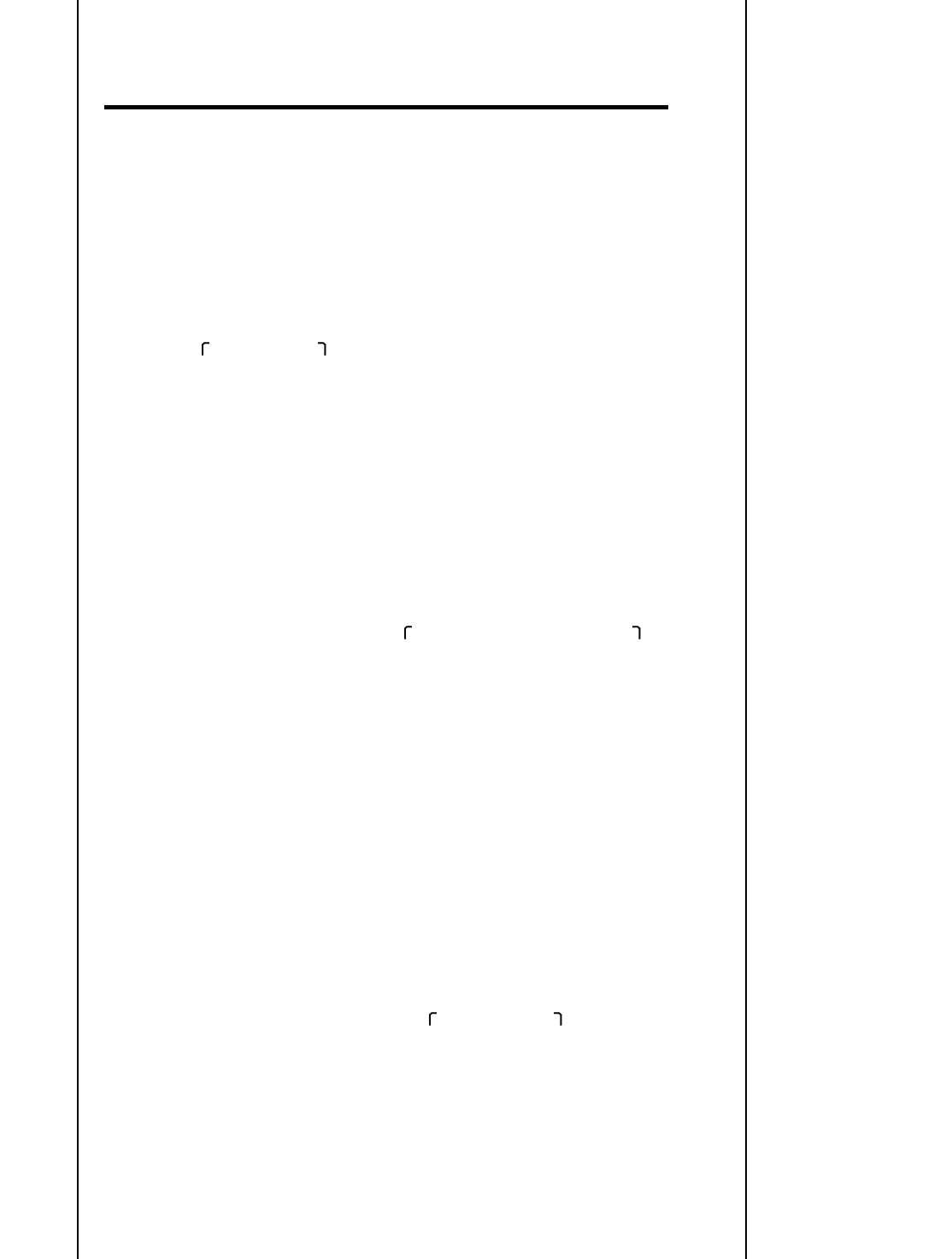
103
Macbeth
ACT 3. SC. 4
LENNOX
MACBETH
LENNOX
MACBETH
LORDS
MACBETH
ROSS
LADY MACBETH
Drawing Macbeth aside.
MACBETH
LADY MACBETH
MACBETH
Here is a place reserved, sir.
Where?
Here, my good lord. What is ’t that moves your
Highness?
Which of you have done this?
What, my good lord?
, to the Ghost
Thou canst not say I did it. Never shake
Thy gory locks at me.
Gentlemen, rise. His Highness is not well.
Sit, worthy friends. My lord is often thus
And hath been from his youth. Pray you, keep seat.
The fit is momentary; upon a thought
He will again be well. If much you note him
You shall offend him and extend his passion.
Feed and regard him not.
Are you a man?
Ay, and a bold one, that dare look on that
Which might appall the devil.
O, proper stuff!
This is the very painting of your fear.
This is the air-drawn dagger which you said
Led you to Duncan. O, these flaws and starts,
Impostors to true fear, would well become
A woman’s story at a winter’s fire,
Authorized by her grandam. Shame itself!
Why do you make such faces? When all’s done,
You look but on a stool.
Prithee, see there. Behold, look! To the Ghost. Lo,
how say you?
FTLN 1265
55
FTLN 1266
FTLN 1267
FTLN 1268
FTLN 1269
FTLN 1270
60
FTLN 1271
FTLN 1272
FTLN 1273
FTLN 1274
FTLN 1275
65
FTLN 1276
FTLN 1277
FTLN 1278
FTLN 1279
FTLN 1280
70
FTLN 1281
FTLN 1282
FTLN 1283
FTLN 1284
FTLN 1285
75
FTLN 1286
FTLN 1287
FTLN 1288
FTLN 1289
FTLN 1290
80
FTLN 1291
FTLN 1292
FTLN 1293

105
Macbeth
ACT 3. SC. 4
Ghost exits.
LADY MACBETH
MACBETH
LADY MACBETH
MACBETH
LADY MACBETH
MACBETH
LORDS
They raise their drinking cups.
MACBETH
Why, what care I? If thou canst nod, speak too.—
If charnel houses and our graves must send
Those that we bury back, our monuments
Shall be the maws of kites.
What, quite unmanned in folly?
If I stand here, I saw him.
Fie, for shame!
Blood hath been shed ere now, i’ th’ olden time,
Ere humane statute purged the gentle weal;
Ay, and since too, murders have been performed
Too terrible for the ear. The time has been
That, when the brains were out, the man would die,
And there an end. But now they rise again
With twenty mortal murders on their crowns
And push us from our stools. This is more strange
Than such a murder is.
My worthy lord,
Your noble friends do lack you.
I do forget.—
Do not muse at me, my most worthy friends.
I have a strange infirmity, which is nothing
To those that know me. Come, love and health to
all.
Then I’ll sit down.—Give me some wine. Fill full.
Enter Ghost.
I drink to th’ general joy o’ th’ whole table
And to our dear friend Banquo, whom we miss.
Would he were here! To all, and him we thirst,
And all to all.
Our duties, and the pledge.
, to the Ghost
Avaunt, and quit my sight! Let the earth hide thee.
Thy bones are marrowless; thy blood is cold;
FTLN 1294
FTLN 1295
85
FTLN 1296
FTLN 1297
FTLN 1298
FTLN 1299
FTLN 1300
90
FTLN 1301
FTLN 1302
FTLN 1303
FTLN 1304
FTLN 1305
95
FTLN 1306
FTLN 1307
FTLN 1308
FTLN 1309
FTLN 1310
100
FTLN 1311
FTLN 1312
FTLN 1313
FTLN 1314
FTLN 1315
105
FTLN 1316
FTLN 1317
FTLN 1318
FTLN 1319
FTLN 1320
110
FTLN 1321
FTLN 1322
FTLN 1323
FTLN 1324

107
Macbeth
ACT 3. SC. 4
LADY MACBETH
MACBETH
Ghost exits.
LADY MACBETH
MACBETH
ROSS
LADY MACBETH
LENNOX
Thou hast no speculation in those eyes
Which thou dost glare with.
Think of this, good
peers,
But as a thing of custom. ’Tis no other;
Only it spoils the pleasure of the time.
, to the Ghost What man dare, I dare.
Approach thou like the rugged Russian bear,
The armed rhinoceros, or th’ Hyrcan tiger;
Take any shape but that, and my firm nerves
Shall never tremble. Or be alive again
And dare me to the desert with thy sword.
If trembling I inhabit then, protest me
The baby of a girl. Hence, horrible shadow!
Unreal mock’ry, hence!
Why so, being gone,
I am a man again.—Pray you sit still.
You have displaced the mirth, broke the good
meeting
With most admired disorder.
Can such things be
And overcome us like a summer’s cloud,
Without our special wonder? You make me strange
Even to the disposition that I owe
When now I think you can behold such sights
And keep the natural ruby of your cheeks
When mine is blanched with fear.
What sights, my
lord?
I pray you, speak not. He grows worse and worse.
Question enrages him. At once, good night.
Stand not upon the order of your going,
But go at once.
Good night, and better health
Attend his Majesty.
FTLN 1325
115
FTLN 1326
FTLN 1327
FTLN 1328
FTLN 1329
FTLN 1330
120
FTLN 1331
FTLN 1332
FTLN 1333
FTLN 1334
FTLN 1335
125
FTLN 1336
FTLN 1337
FTLN 1338
FTLN 1339
FTLN 1340
130
FTLN 1341
FTLN 1342
FTLN 1343
FTLN 1344
FTLN 1345
135
FTLN 1346
FTLN 1347
FTLN 1348
FTLN 1349
FTLN 1350
140
FTLN 1351
FTLN 1352
FTLN 1353
FTLN 1354
FTLN 1355
145
FTLN 1356
FTLN 1357
FTLN 1358
FTLN 1359
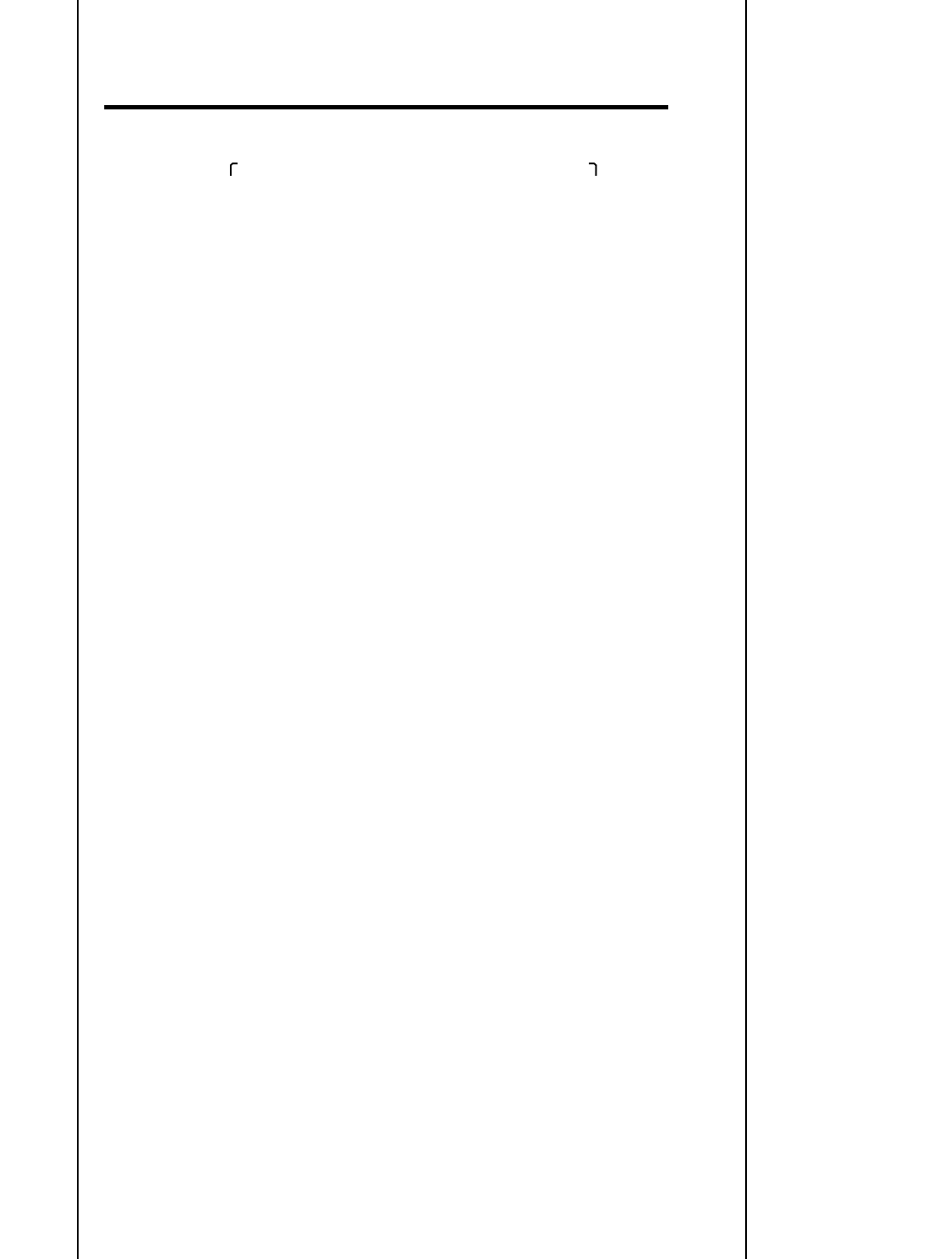
109
Macbeth
ACT 3. SC. 4
LADY MACBETH
Lords and all but Macbeth and Lady Macbeth exit.
MACBETH
LADY MACBETH
MACBETH
LADY MACBETH
MACBETH
LADY MACBETH
MACBETH
They exit.
A kind good night to all.
It will have blood, they say; blood will have blood.
Stones have been known to move, and trees to
speak.
Augurs and understood relations have
By maggot pies and choughs and rooks brought
forth
The secret’st man of blood.—What is the night?
Almost at odds with morning, which is which.
How say’st thou that Macduff denies his person
At our great bidding?
Did you send to him, sir?
I hear it by the way; but I will send.
There’s not a one of them but in his house
I keep a servant fee’d. I will tomorrow
(And betimes I will) to the Weïrd Sisters.
More shall they speak, for now I am bent to know
By the worst means the worst. For mine own good,
All causes shall give way. I am in blood
Stepped in so far that, should I wade no more,
Returning were as tedious as go o’er.
Strange things I have in head that will to hand,
Which must be acted ere they may be scanned.
You lack the season of all natures, sleep.
Come, we’ll to sleep. My strange and self-abuse
Is the initiate fear that wants hard use.
We are yet but young in deed.
FTLN 1360
150
FTLN 1361
FTLN 1362
FTLN 1363
FTLN 1364
FTLN 1365
155
FTLN 1366
FTLN 1367
FTLN 1368
FTLN 1369
FTLN 1370
160
FTLN 1371
FTLN 1372
FTLN 1373
FTLN 1374
FTLN 1375
165
FTLN 1376
FTLN 1377
FTLN 1378
FTLN 1379
FTLN 1380
170
FTLN 1381
FTLN 1382
FTLN 1383
FTLN 1384
FTLN 1385
175
FTLN 1386

111
Macbeth
ACT 3. SC. 5
FIRST WITCH
HECATE
Thunder. Enter the three Witches, meeting Hecate.
Why, how now, Hecate? You look angerly.
Have I not reason, beldams as you are?
Saucy and overbold, how did you dare
To trade and traffic with Macbeth
In riddles and affairs of death,
And I, the mistress of your charms,
The close contriver of all harms,
Was never called to bear my part
Or show the glory of our art?
And which is worse, all you have done
Hath been but for a wayward son,
Spiteful and wrathful, who, as others do,
Loves for his own ends, not for you.
But make amends now. Get you gone,
And at the pit of Acheron
Meet me i’ th’ morning. Thither he
Will come to know his destiny.
Your vessels and your spells provide,
Your charms and everything beside.
I am for th’ air. This night I’ll spend
Unto a dismal and a fatal end.
Great business must be wrought ere noon.
Upon the corner of the moon
There hangs a vap’rous drop profound.
I’ll catch it ere it come to ground,
And that, distilled by magic sleights,
Shall raise such artificial sprites
As by the strength of their illusion
Shall draw him on to his confusion.
He shall spurn fate, scorn death, and bear
His hopes ’bove wisdom, grace, and fear.
Scene 5
FTLN 1387
FTLN 1388
FTLN 1389
FTLN 1390
FTLN 1391
5
FTLN 1392
FTLN 1393
FTLN 1394
FTLN 1395
FTLN 1396
10
FTLN 1397
FTLN 1398
FTLN 1399
FTLN 1400
FTLN 1401
15
FTLN 1402
FTLN 1403
FTLN 1404
FTLN 1405
FTLN 1406
20
FTLN 1407
FTLN 1408
FTLN 1409
FTLN 1410
FTLN 1411
25
FTLN 1412
FTLN 1413
FTLN 1414
FTLN 1415
FTLN 1416
30
FTLN 1417
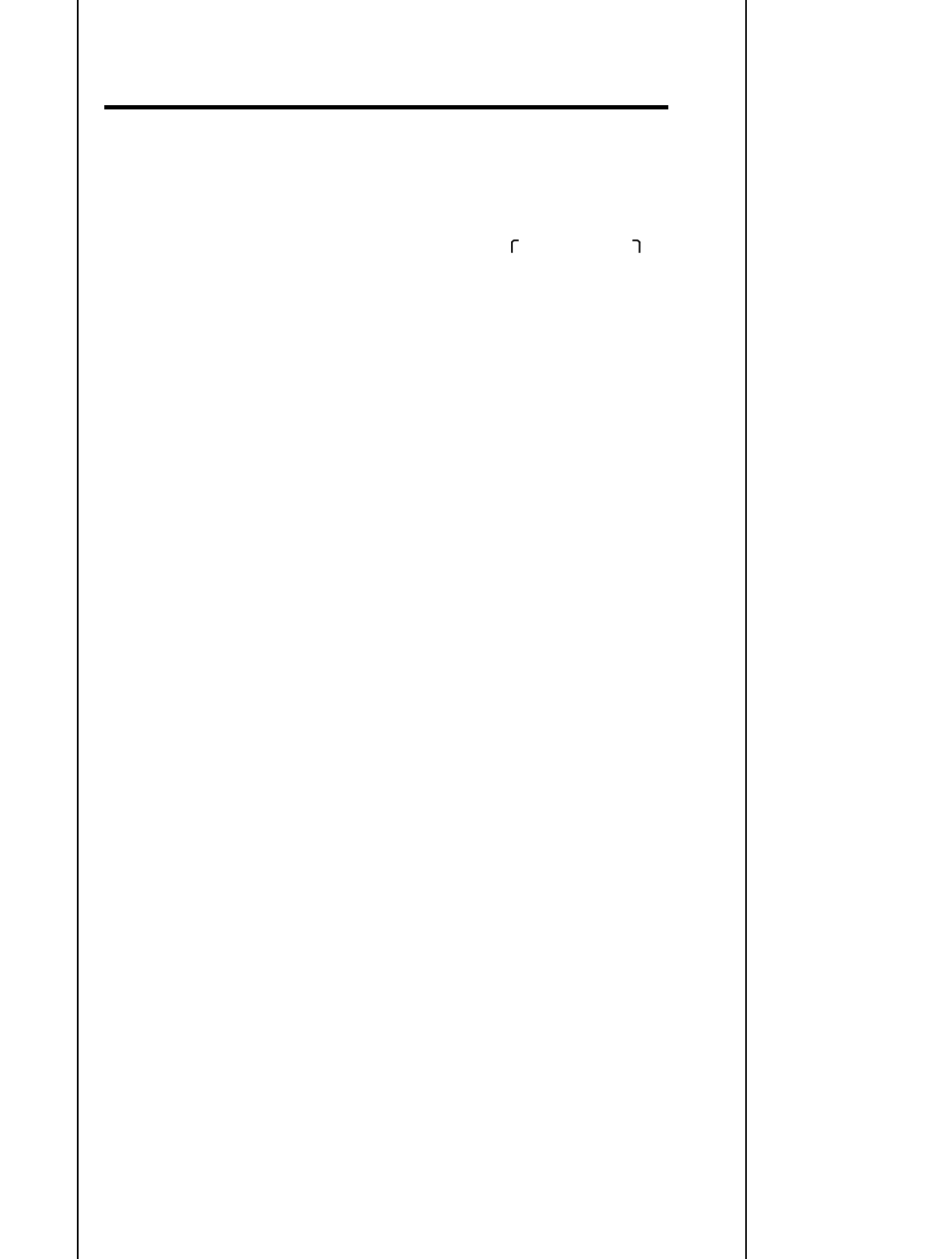
113
Macbeth
ACT 3. SC. 6
Music and a song.
Hecate exits.
Sing within “Come away, come away,” etc.
FIRST WITCH
They exit.
LENNOX
And you all know, security
Is mortals’ chiefest enemy.
Hark! I am called. My little spirit, see,
Sits in a foggy cloud and stays for me.
Come, let’s make haste. She’ll soon be back again.
Enter Lennox and another Lord.
My former speeches have but hit your thoughts,
Which can interpret farther. Only I say
Things have been strangely borne. The gracious
Duncan
Was pitied of Macbeth; marry, he was dead.
And the right valiant Banquo walked too late,
Whom you may say, if ’t please you, Fleance killed,
For Fleance fled. Men must not walk too late.
Who cannot want the thought how monstrous
It was for Malcolm and for Donalbain
To kill their gracious father? Damnèd fact,
How it did grieve Macbeth! Did he not straight
In pious rage the two delinquents tear
That were the slaves of drink and thralls of sleep?
Was not that nobly done? Ay, and wisely, too,
For ’twould have angered any heart alive
To hear the men deny ’t. So that I say
He has borne all things well. And I do think
That had he Duncan’s sons under his key
(As, an ’t please heaven, he shall not) they should
find
What ’twere to kill a father. So should Fleance.
FTLN 1418
FTLN 1419
FTLN 1420
FTLN 1421
35
FTLN 1422
Scene 6
FTLN 1423
FTLN 1424
FTLN 1425
FTLN 1426
FTLN 1427
5
FTLN 1428
FTLN 1429
FTLN 1430
FTLN 1431
FTLN 1432
10
FTLN 1433
FTLN 1434
FTLN 1435
FTLN 1436
FTLN 1437
15
FTLN 1438
FTLN 1439
FTLN 1440
FTLN 1441
FTLN 1442
20
FTLN 1443
FTLN 1444
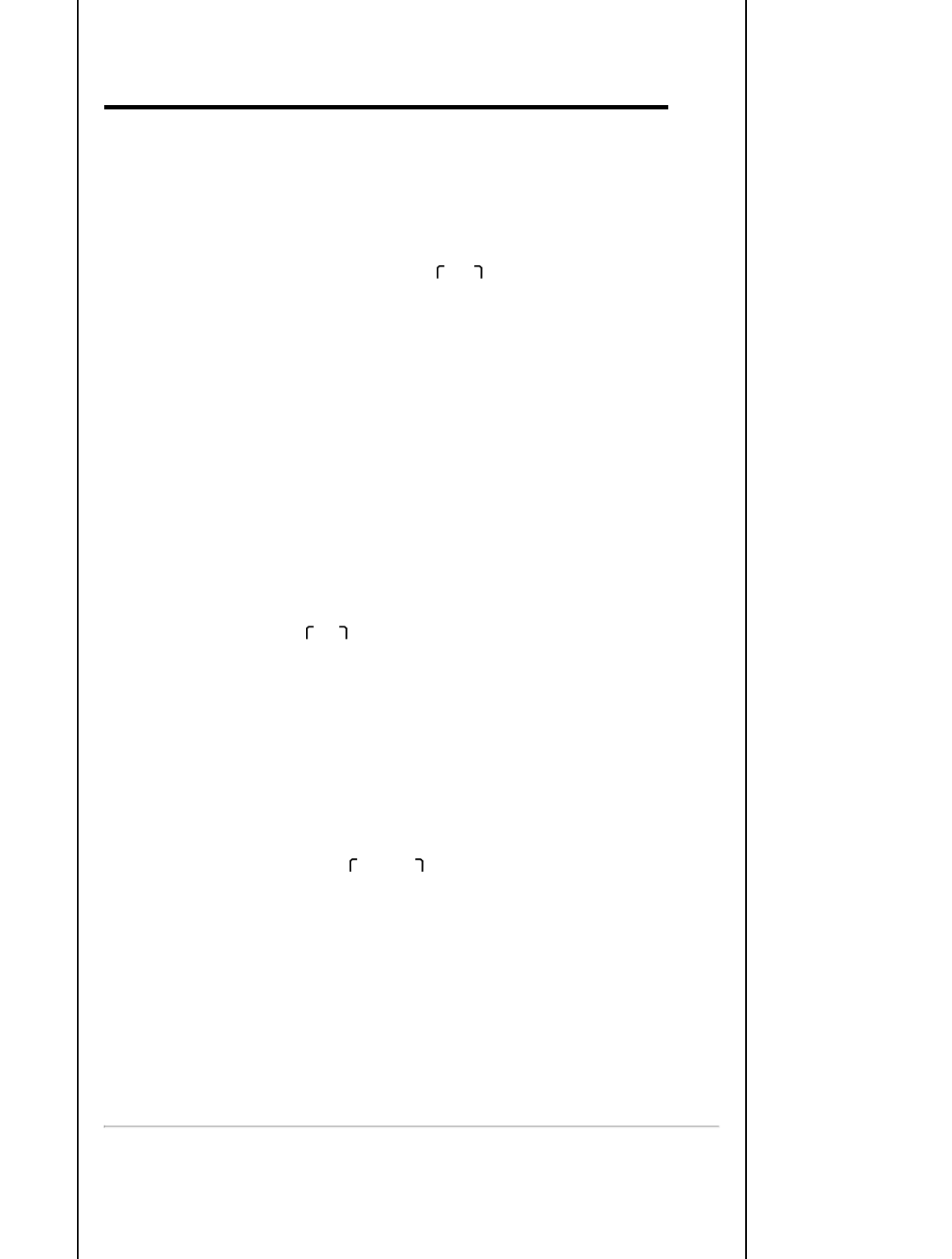
115
Macbeth
ACT 3. SC. 6
LORD
LENNOX
LORD
LENNOX
LORD
They exit.
But peace. For from broad words, and ’cause he
failed
His presence at the tyrant’s feast, I hear
Macduff lives in disgrace. Sir, can you tell
Where he bestows himself?
The son of Duncan
(From whom this tyrant holds the due of birth)
Lives in the English court and is received
Of the most pious Edward with such grace
That the malevolence of fortune nothing
Takes from his high respect. Thither Macduff
Is gone to pray the holy king upon his aid
To wake Northumberland and warlike Siward
That, by the help of these (with Him above
To ratify the work), we may again
Give to our tables meat, sleep to our nights,
Free from our feasts and banquets bloody knives,
Do faithful homage, and receive free honors,
All which we pine for now. And this report
Hath so exasperate the King that he
Prepares for some attempt of war.
Sent he to Macduff?
He did, and with an absolute “Sir, not I,”
The cloudy messenger turns me his back
And hums, as who should say “You’ll rue the time
That clogs me with this answer.”
And that well might
Advise him to a caution t’ hold what distance
His wisdom can provide. Some holy angel
Fly to the court of England and unfold
His message ere he come, that a swift blessing
May soon return to this our suffering country
Under a hand accursed.
I’ll send my prayers with him.
FTLN 1445
FTLN 1446
FTLN 1447
25
FTLN 1448
FTLN 1449
FTLN 1450
FTLN 1451
FTLN 1452
30
FTLN 1453
FTLN 1454
FTLN 1455
FTLN 1456
FTLN 1457
35
FTLN 1458
FTLN 1459
FTLN 1460
FTLN 1461
FTLN 1462
40
FTLN 1463
FTLN 1464
FTLN 1465
FTLN 1466
FTLN 1467
45
FTLN 1468
FTLN 1469
FTLN 1470
FTLN 1471
FTLN 1472
50
FTLN 1473
FTLN 1474
FTLN 1475
FTLN 1476
FTLN 1477
55
FTLN 1478

FIRST WITCH
SECOND WITCH
THIRD WITCH
FIRST WITCH
The Witches circle the cauldron.
ALL
SECOND WITCH
Thunder. Enter the three Witches.
Thrice the brinded cat hath mewed.
Thrice, and once the hedge-pig whined.
Harpier cries “’Tis time, ’tis time!”
Round about the cauldron go;
In the poisoned entrails throw.
Toad, that under cold stone
Days and nights has thirty-one
Sweltered venom sleeping got,
Boil thou first i’ th’ charmèd pot.
Double, double toil and trouble;
Fire burn, and cauldron bubble.
Fillet of a fenny snake
In the cauldron boil and bake.
Eye of newt and toe of frog,
Wool of bat and tongue of dog,
Adder’s fork and blindworm’s sting,
119
ACT 4
Scene 1
FTLN 1479
FTLN 1480
FTLN 1481
FTLN 1482
FTLN 1483
5
FTLN 1484
FTLN 1485
FTLN 1486
FTLN 1487
FTLN 1488
10
FTLN 1489
FTLN 1490
FTLN 1491
FTLN 1492
FTLN 1493
15
FTLN 1494

121
Macbeth
ACT 4. SC. 1
ALL
THIRD WITCH
ALL
SECOND WITCH
HECATE
Music and a song: “Black Spirits,” etc. Hecate exits.
Lizard’s leg and howlet’s wing,
For a charm of powerful trouble,
Like a hell-broth boil and bubble.
Double, double toil and trouble;
Fire burn, and cauldron bubble.
Scale of dragon, tooth of wolf,
Witch’s mummy, maw and gulf
Of the ravined salt-sea shark,
Root of hemlock digged i’ th’ dark,
Liver of blaspheming Jew,
Gall of goat and slips of yew
Slivered in the moon’s eclipse,
Nose of Turk and Tartar’s lips,
Finger of birth-strangled babe
Ditch-delivered by a drab,
Make the gruel thick and slab.
Add thereto a tiger’s chaudron
For th’ ingredience of our cauldron.
Double, double toil and trouble;
Fire burn, and cauldron bubble.
Cool it with a baboon’s blood.
Then the charm is firm and good.
Enter Hecate to the other three Witches.
O, well done! I commend your pains,
And everyone shall share i’ th’ gains.
And now about the cauldron sing
Like elves and fairies in a ring,
Enchanting all that you put in.
FTLN 1495
FTLN 1496
FTLN 1497
FTLN 1498
20
FTLN 1499
FTLN 1500
FTLN 1501
FTLN 1502
FTLN 1503
25
FTLN 1504
FTLN 1505
FTLN 1506
FTLN 1507
FTLN 1508
30
FTLN 1509
FTLN 1510
FTLN 1511
FTLN 1512
FTLN 1513
35
FTLN 1514
FTLN 1515
FTLN 1516
FTLN 1517
FTLN 1518
40
FTLN 1519
FTLN 1520
FTLN 1521

123
Macbeth
ACT 4. SC. 1
SECOND WITCH
MACBETH
ALL
MACBETH
FIRST WITCH
SECOND WITCH
THIRD WITCH
FIRST WITCH
MACBETH
FIRST WITCH
By the pricking of my thumbs,
Something wicked this way comes.
Open, locks,
Whoever knocks.
Enter Macbeth.
How now, you secret, black, and midnight hags?
What is ’t you do?
A deed without a name.
I conjure you by that which you profess
(Howe’er you come to know it), answer me.
Though you untie the winds and let them fight
Against the churches, though the yeasty waves
Confound and swallow navigation up,
Though bladed corn be lodged and trees blown
down,
Though castles topple on their warders’ heads,
Though palaces and pyramids do slope
Their heads to their foundations, though the
treasure
Of nature’s germens tumble all together
Even till destruction sicken, answer me
To what I ask you.
Speak.
Demand.
We’ll answer.
Say if th’ hadst rather hear it from our mouths
Or from our masters’.
Call ’em. Let me see ’em.
Pour in sow’s blood that hath eaten
Her nine farrow; grease that’s sweaten
FTLN 1522
FTLN 1523
45
FTLN 1524
FTLN 1525
FTLN 1526
FTLN 1527
FTLN 1528
50
FTLN 1529
FTLN 1530
FTLN 1531
FTLN 1532
FTLN 1533
55
FTLN 1534
FTLN 1535
FTLN 1536
FTLN 1537
FTLN 1538
60
FTLN 1539
FTLN 1540
FTLN 1541
FTLN 1542
FTLN 1543
65
FTLN 1544
FTLN 1545
FTLN 1546
FTLN 1547
FTLN 1548
70
FTLN 1549
FTLN 1550

125
Macbeth
ACT 4. SC. 1
ALL
MACBETH
FIRST WITCH
FIRST APPARITION
He descends.
MACBETH
FIRST WITCH
SECOND APPARITION
MACBETH
SECOND APPARITION
He descends.
MACBETH
From the murderers’ gibbet throw
Into the flame.
Come high or low;
Thyself and office deftly show.
Thunder. First Apparition, an Armed Head.
Tell me, thou unknown power—
He knows thy
thought.
Hear his speech but say thou naught.
Macbeth! Macbeth! Macbeth! Beware Macduff!
Beware the Thane of Fife! Dismiss me. Enough.
Whate’er thou art, for thy good caution, thanks.
Thou hast harped my fear aright. But one word
more—
He will not be commanded. Here’s another
More potent than the first.
Thunder. Second Apparition, a Bloody Child.
Macbeth! Macbeth! Macbeth!—
Had I three ears, I’d hear thee.
Be bloody, bold, and resolute. Laugh to scorn
The power of man, for none of woman born
Shall harm Macbeth.
Then live, Macduff; what need I fear of thee?
But yet I’ll make assurance double sure
And take a bond of fate. Thou shalt not live,
That I may tell pale-hearted fear it lies,
And sleep in spite of thunder.
FTLN 1551
FTLN 1552
FTLN 1553
75
FTLN 1554
FTLN 1555
FTLN 1556
FTLN 1557
FTLN 1558
80
FTLN 1559
FTLN 1560
FTLN 1561
FTLN 1562
FTLN 1563
85
FTLN 1564
FTLN 1565
FTLN 1566
FTLN 1567
FTLN 1568
90
FTLN 1569
FTLN 1570
FTLN 1571
FTLN 1572
FTLN 1573
95
FTLN 1574
FTLN 1575
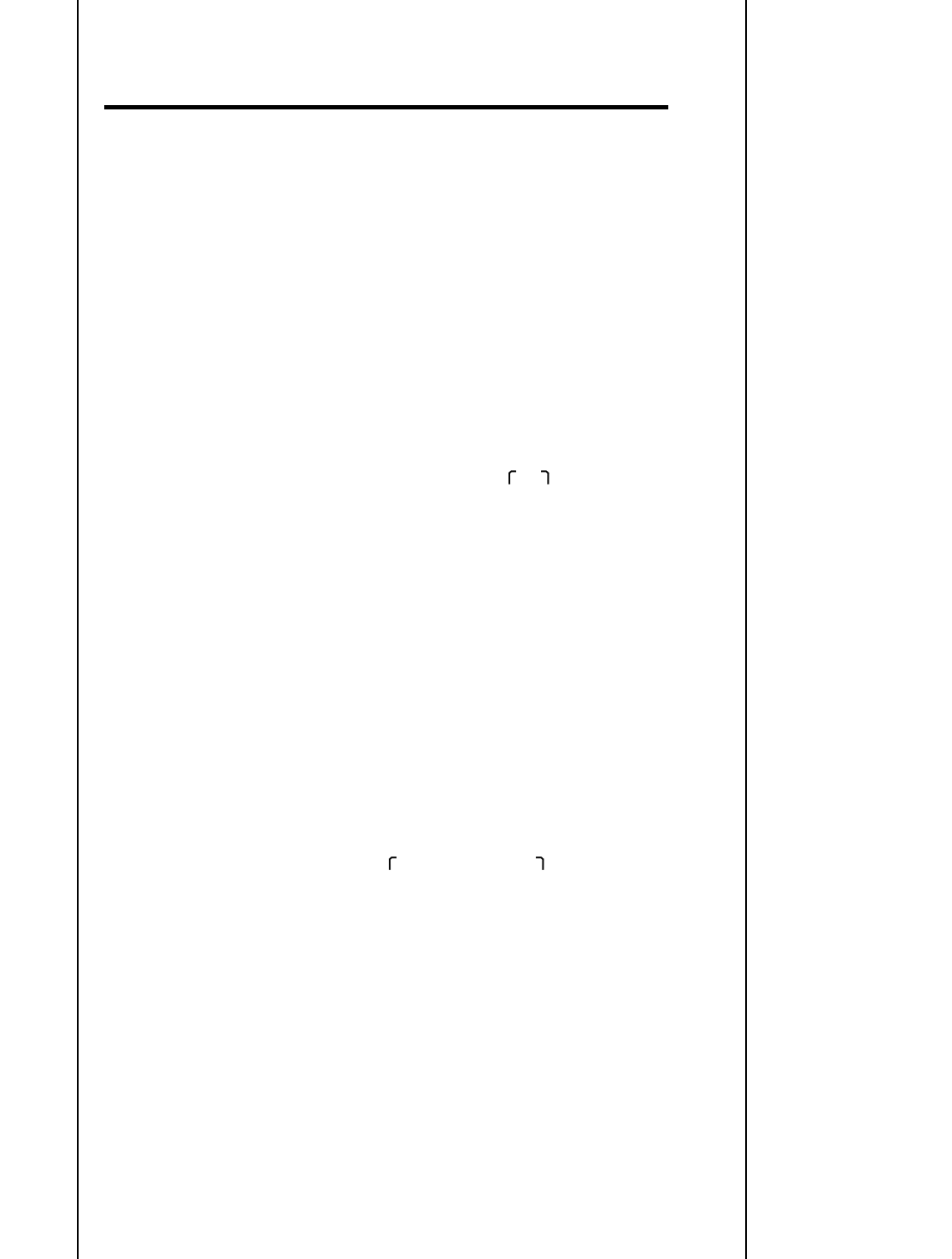
127
Macbeth
ACT 4. SC. 1
ALL
THIRD APPARITION
He descends.
MACBETH
ALL
MACBETH
Cauldron sinks. Hautboys.
FIRST WITCH
SECOND WITCH
THIRD WITCH
ALL
Thunder. Third Apparition, a Child Crowned, with a tree
in his hand.
What is this
That rises like the issue of a king
And wears upon his baby brow the round
And top of sovereignty?
Listen but speak not to ’t.
Be lion-mettled, proud, and take no care
Who chafes, who frets, or where conspirers are.
Macbeth shall never vanquished be until
Great Birnam Wood to high Dunsinane Hill
Shall come against him.
That will never be.
Who can impress the forest, bid the tree
Unfix his earthbound root? Sweet bodements, good!
Rebellious dead, rise never till the Wood
Of Birnam rise, and our high-placed Macbeth
Shall live the lease of nature, pay his breath
To time and mortal custom. Yet my heart
Throbs to know one thing. Tell me, if your art
Can tell so much: shall Banquo’s issue ever
Reign in this kingdom?
Seek to know no more.
I will be satisfied. Deny me this,
And an eternal curse fall on you! Let me know!
Why sinks that cauldron? And what noise is this?
Show.
Show.
Show.
Show his eyes and grieve his heart.
Come like shadows; so depart.
FTLN 1576
FTLN 1577
FTLN 1578
100
FTLN 1579
FTLN 1580
FTLN 1581
FTLN 1582
FTLN 1583
105
FTLN 1584
FTLN 1585
FTLN 1586
FTLN 1587
FTLN 1588
110
FTLN 1589
FTLN 1590
FTLN 1591
FTLN 1592
FTLN 1593
115
FTLN 1594
FTLN 1595
FTLN 1596
FTLN 1597
FTLN 1598
120
FTLN 1599
FTLN 1600
FTLN 1601
FTLN 1602
FTLN 1603
125
FTLN 1604

129
Macbeth
ACT 4. SC. 1
MACBETH
The Apparitions disappear.
FIRST WITCH
Music. The Witches dance and vanish.
MACBETH
LENNOX
A show of eight kings, the eighth king with a glass in
his hand, and Banquo last.
Thou art too like the spirit of Banquo. Down!
Thy crown does sear mine eyeballs. And thy hair,
Thou other gold-bound brow, is like the first.
A third is like the former.—Filthy hags,
Why do you show me this?—A fourth? Start, eyes!
What, will the line stretch out to th’ crack of doom?
Another yet? A seventh? I’ll see no more.
And yet the eighth appears who bears a glass
Which shows me many more, and some I see
That twofold balls and treble scepters carry.
Horrible sight! Now I see ’tis true,
For the blood-boltered Banquo smiles upon me
And points at them for his.
What, is this so?
Ay, sir, all this is so. But why
Stands Macbeth thus amazedly?
Come, sisters, cheer we up his sprites
And show the best of our delights.
I’ll charm the air to give a sound
While you perform your antic round,
That this great king may kindly say
Our duties did his welcome pay.
Where are they? Gone? Let this pernicious hour
Stand aye accursèd in the calendar!—
Come in, without there.
Enter Lennox.
What’s your Grace’s will?
FTLN 1605
FTLN 1606
FTLN 1607
FTLN 1608
130
FTLN 1609
FTLN 1610
FTLN 1611
FTLN 1612
FTLN 1613
135
FTLN 1614
FTLN 1615
FTLN 1616
FTLN 1617
FTLN 1618
140
FTLN 1619
FTLN 1620
FTLN 1621
FTLN 1622
FTLN 1623
145
FTLN 1624
FTLN 1625
FTLN 1626
FTLN 1627
FTLN 1628
150
FTLN 1629
FTLN 1630

131
Macbeth
ACT 4. SC. 1
MACBETH
LENNOX
MACBETH
LENNOX
MACBETH
LENNOX
MACBETH
LENNOX
MACBETH
They exit.
Saw you the Weïrd Sisters?
No, my lord.
Came they not by you?
No, indeed, my lord.
Infected be the air whereon they ride,
And damned all those that trust them! I did hear
The galloping of horse. Who was ’t came by?
’Tis two or three, my lord, that bring you word
Macduff is fled to England.
Fled to England?
Ay, my good lord.
, aside
Time, thou anticipat’st my dread exploits.
The flighty purpose never is o’ertook
Unless the deed go with it. From this moment
The very firstlings of my heart shall be
The firstlings of my hand. And even now,
To crown my thoughts with acts, be it thought and
done:
The castle of Macduff I will surprise,
Seize upon Fife, give to th’ edge o’ th’ sword
His wife, his babes, and all unfortunate souls
That trace him in his line. No boasting like a fool;
This deed I’ll do before this purpose cool.
But no more sights!—Where are these gentlemen?
Come bring me where they are.
FTLN 1631
FTLN 1632
FTLN 1633
155
FTLN 1634
FTLN 1635
FTLN 1636
FTLN 1637
FTLN 1638
160
FTLN 1639
FTLN 1640
FTLN 1641
FTLN 1642
FTLN 1643
165
FTLN 1644
FTLN 1645
FTLN 1646
FTLN 1647
FTLN 1648
170
FTLN 1649
FTLN 1650
FTLN 1651
FTLN 1652
FTLN 1653
175
FTLN 1654
FTLN 1655
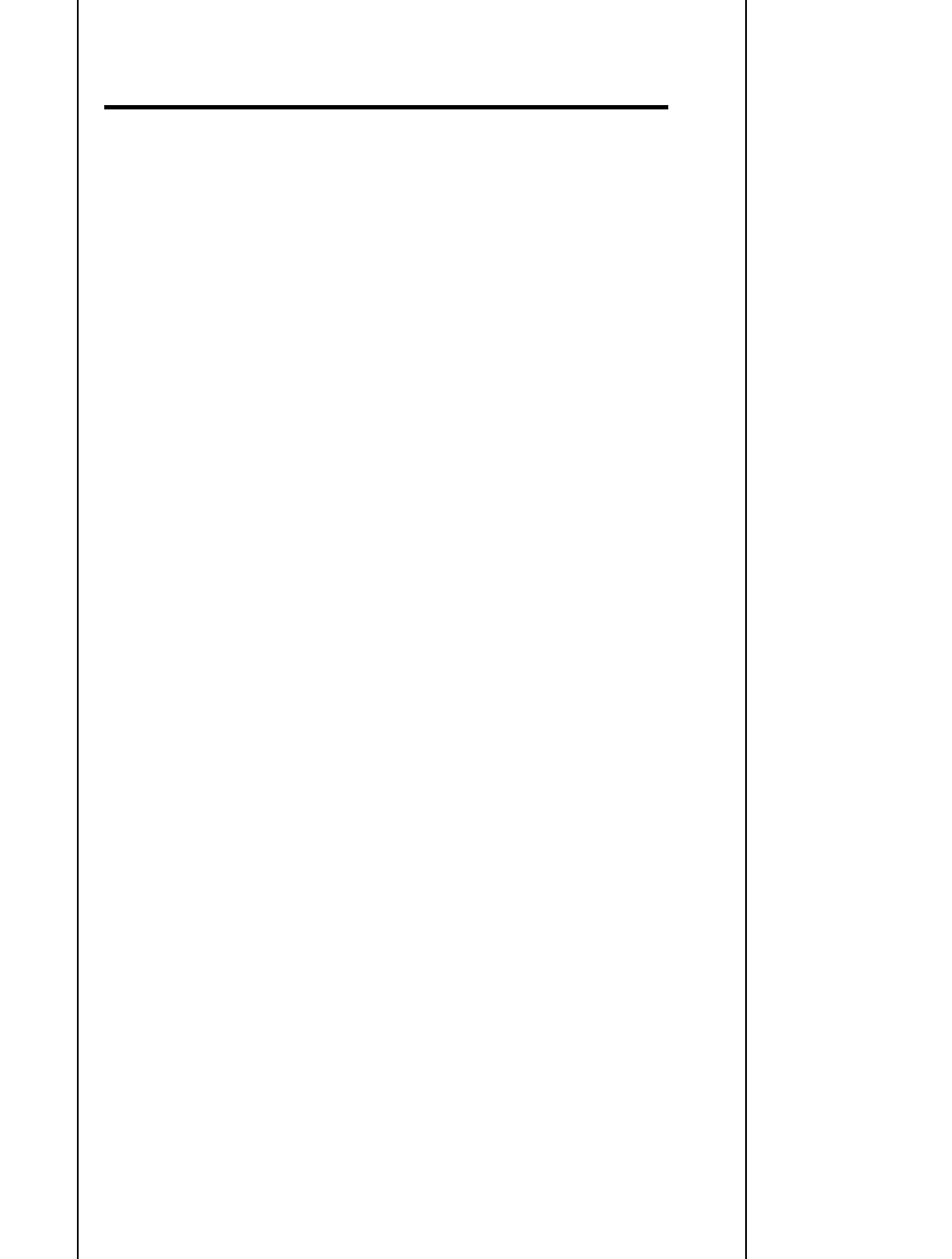
133
Macbeth
ACT 4. SC. 2
LADY MACDUFF
ROSS
LADY MACDUFF
ROSS
LADY MACDUFF
ROSS
Enter Macduff’s Wife, her Son, and Ross.
What had he done to make him fly the land?
You must have patience, madam.
He had none.
His flight was madness. When our actions do not,
Our fears do make us traitors.
You know not
Whether it was his wisdom or his fear.
Wisdom? To leave his wife, to leave his babes,
His mansion and his titles in a place
From whence himself does fly? He loves us not;
He wants the natural touch; for the poor wren,
The most diminutive of birds, will fight,
Her young ones in her nest, against the owl.
All is the fear, and nothing is the love,
As little is the wisdom, where the flight
So runs against all reason.
My dearest coz,
I pray you school yourself. But for your husband,
He is noble, wise, judicious, and best knows
The fits o’ th’ season. I dare not speak much
further;
But cruel are the times when we are traitors
And do not know ourselves; when we hold rumor
From what we fear, yet know not what we fear,
But float upon a wild and violent sea
Each way and move—I take my leave of you.
Shall not be long but I’ll be here again.
Things at the worst will cease or else climb upward
To what they were before.—My pretty cousin,
Blessing upon you.
Scene 2
FTLN 1656
FTLN 1657
FTLN 1658
FTLN 1659
FTLN 1660
5
FTLN 1661
FTLN 1662
FTLN 1663
FTLN 1664
FTLN 1665
10
FTLN 1666
FTLN 1667
FTLN 1668
FTLN 1669
FTLN 1670
15
FTLN 1671
FTLN 1672
FTLN 1673
FTLN 1674
FTLN 1675
20
FTLN 1676
FTLN 1677
FTLN 1678
FTLN 1679
FTLN 1680
25
FTLN 1681
FTLN 1682
FTLN 1683
FTLN 1684
FTLN 1685
30

135
Macbeth
ACT 4. SC. 2
LADY MACDUFF
ROSS
Ross exits.
LADY MACDUFF
SON
LADY MACDUFF
SON
LADY MACDUFF
SON
LADY MACDUFF
SON
LADY MACDUFF
SON
LADY MACDUFF
SON
LADY MACDUFF
SON
LADY MACDUFF
SON
LADY MACDUFF
SON
Fathered he is, and yet he’s fatherless.
I am so much a fool, should I stay longer
It would be my disgrace and your discomfort.
I take my leave at once.
Sirrah, your father’s dead.
And what will you do now? How will you live?
As birds do, mother.
What, with worms and flies?
With what I get, I mean; and so do they.
Poor bird, thou ’dst never fear the net nor lime,
The pitfall nor the gin.
Why should I, mother? Poor birds they are not set
for.
My father is not dead, for all your saying.
Yes, he is dead. How wilt thou do for a father?
Nay, how will you do for a husband?
Why, I can buy me twenty at any market.
Then you’ll buy ’em to sell again.
Thou speak’st with all thy wit,
And yet, i’ faith, with wit enough for thee.
Was my father a traitor, mother?
Ay, that he was.
What is a traitor?
Why, one that swears and lies.
And be all traitors that do so?
Every one that does so is a traitor
and must be hanged.
And must they all be hanged that swear and lie?
FTLN 1686
FTLN 1687
FTLN 1688
FTLN 1689
FTLN 1690
35
FTLN 1691
FTLN 1692
FTLN 1693
FTLN 1694
FTLN 1695
40
FTLN 1696
FTLN 1697
FTLN 1698
FTLN 1699
FTLN 1700
45
FTLN 1701
FTLN 1702
FTLN 1703
FTLN 1704
FTLN 1705
50
FTLN 1706
FTLN 1707
FTLN 1708
FTLN 1709
FTLN 1710
55
FTLN 1711
FTLN 1712
FTLN 1713
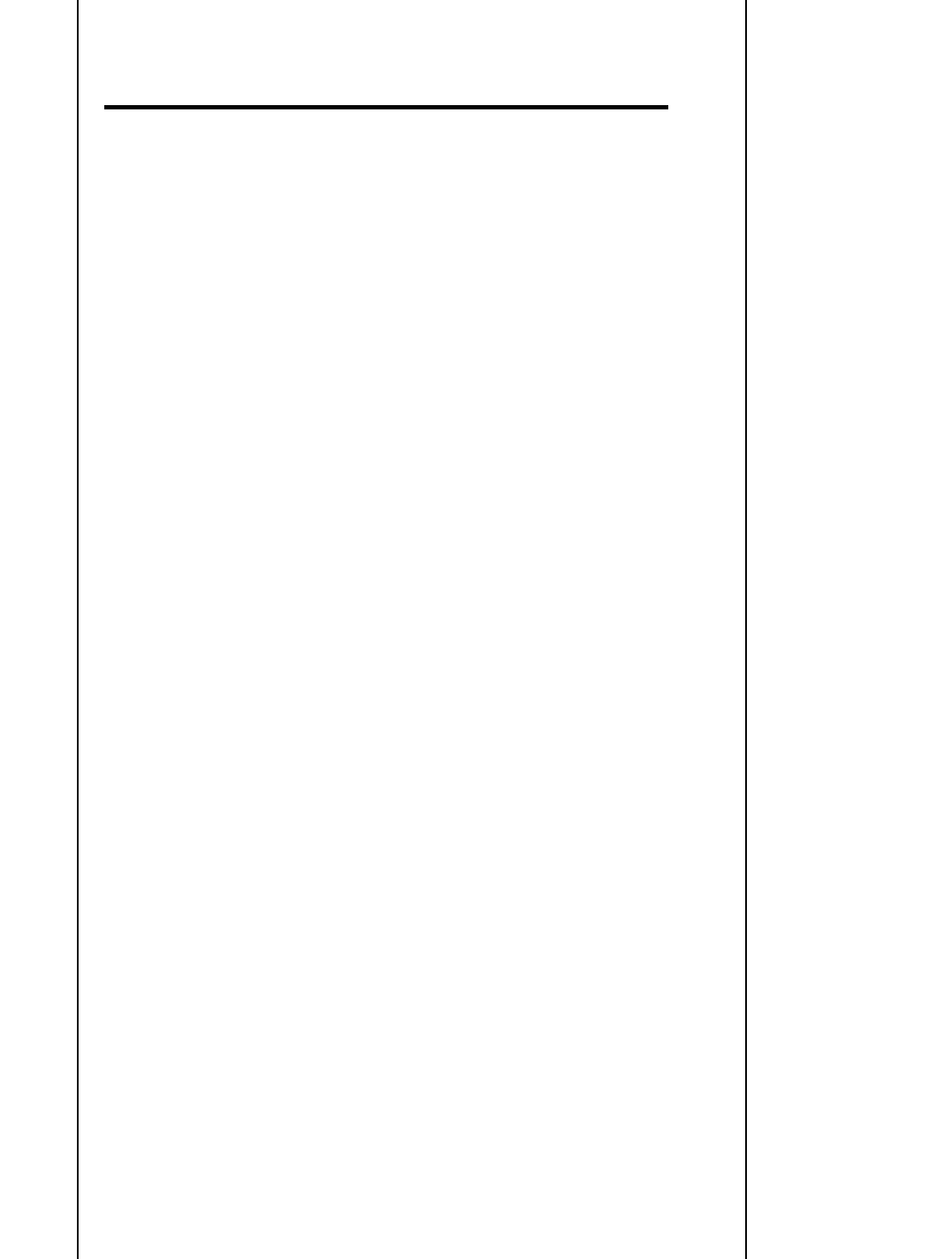
137
Macbeth
ACT 4. SC. 2
LADY MACDUFF
SON
LADY MACDUFF
SON
LADY MACDUFF
SON
LADY MACDUFF
MESSENGER
Messenger exits.
LADY MACDUFF
MURDERER
Every one.
Who must hang them?
Why, the honest men.
Then the liars and swearers are fools, for there
are liars and swearers enough to beat the honest
men and hang up them.
Now God help thee, poor monkey! But
how wilt thou do for a father?
If he were dead, you’d weep for him. If you would
not, it were a good sign that I should quickly have a
new father.
Poor prattler, how thou talk’st!
Enter a Messenger.
Bless you, fair dame. I am not to you known,
Though in your state of honor I am perfect.
I doubt some danger does approach you nearly.
If you will take a homely man’s advice,
Be not found here. Hence with your little ones!
To fright you thus methinks I am too savage;
To do worse to you were fell cruelty,
Which is too nigh your person. Heaven preserve
you!
I dare abide no longer.
Whither should I fly?
I have done no harm. But I remember now
I am in this earthly world, where to do harm
Is often laudable, to do good sometime
Accounted dangerous folly. Why then, alas,
Do I put up that womanly defense
To say I have done no harm?
Enter Murderers.
What are these faces?
Where is your husband?
FTLN 1714
FTLN 1715
60
FTLN 1716
FTLN 1717
FTLN 1718
FTLN 1719
FTLN 1720
65
FTLN 1721
FTLN 1722
FTLN 1723
FTLN 1724
FTLN 1725
70
FTLN 1726
FTLN 1727
FTLN 1728
FTLN 1729
FTLN 1730
75
FTLN 1731
FTLN 1732
FTLN 1733
FTLN 1734
FTLN 1735
80
FTLN 1736
FTLN 1737
FTLN 1738
FTLN 1739
FTLN 1740
85
FTLN 1741
FTLN 1742
FTLN 1743
FTLN 1744

139
Macbeth
ACT 4. SC. 3
LADY MACDUFF
MURDERER
SON
MURDERER
SON
Lady Macduff exits, crying “Murder!” followed by the
Murderers bearing the Son’s body.
MALCOLM
MACDUFF
MALCOLM
I hope in no place so unsanctified
Where such as thou mayst find him.
He’s a traitor.
Thou liest, thou shag-eared villain!
What, you egg?
Stabbing him. Young fry of treachery!
He has killed
me, mother.
Run away, I pray you.
Enter Malcolm and Macduff.
Let us seek out some desolate shade and there
Weep our sad bosoms empty.
Let us rather
Hold fast the mortal sword and, like good men,
Bestride our downfall’n birthdom. Each new morn
New widows howl, new orphans cry, new sorrows
Strike heaven on the face, that it resounds
As if it felt with Scotland, and yelled out
Like syllable of dolor.
What I believe, I’ll wail;
What know, believe; and what I can redress,
As I shall find the time to friend, I will.
What you have spoke, it may be so, perchance.
This tyrant, whose sole name blisters our tongues,
Was once thought honest. You have loved him well.
He hath not touched you yet. I am young, but
something
FTLN 1745
90
FTLN 1746
FTLN 1747
FTLN 1748
FTLN 1749
FTLN 1750
95
FTLN 1751
FTLN 1752
FTLN 1753
Scene 3
FTLN 1754
FTLN 1755
FTLN 1756
FTLN 1757
FTLN 1758
5
FTLN 1759
FTLN 1760
FTLN 1761
FTLN 1762
FTLN 1763
10
FTLN 1764
FTLN 1765
FTLN 1766
FTLN 1767
FTLN 1768
15
FTLN 1769
FTLN 1770
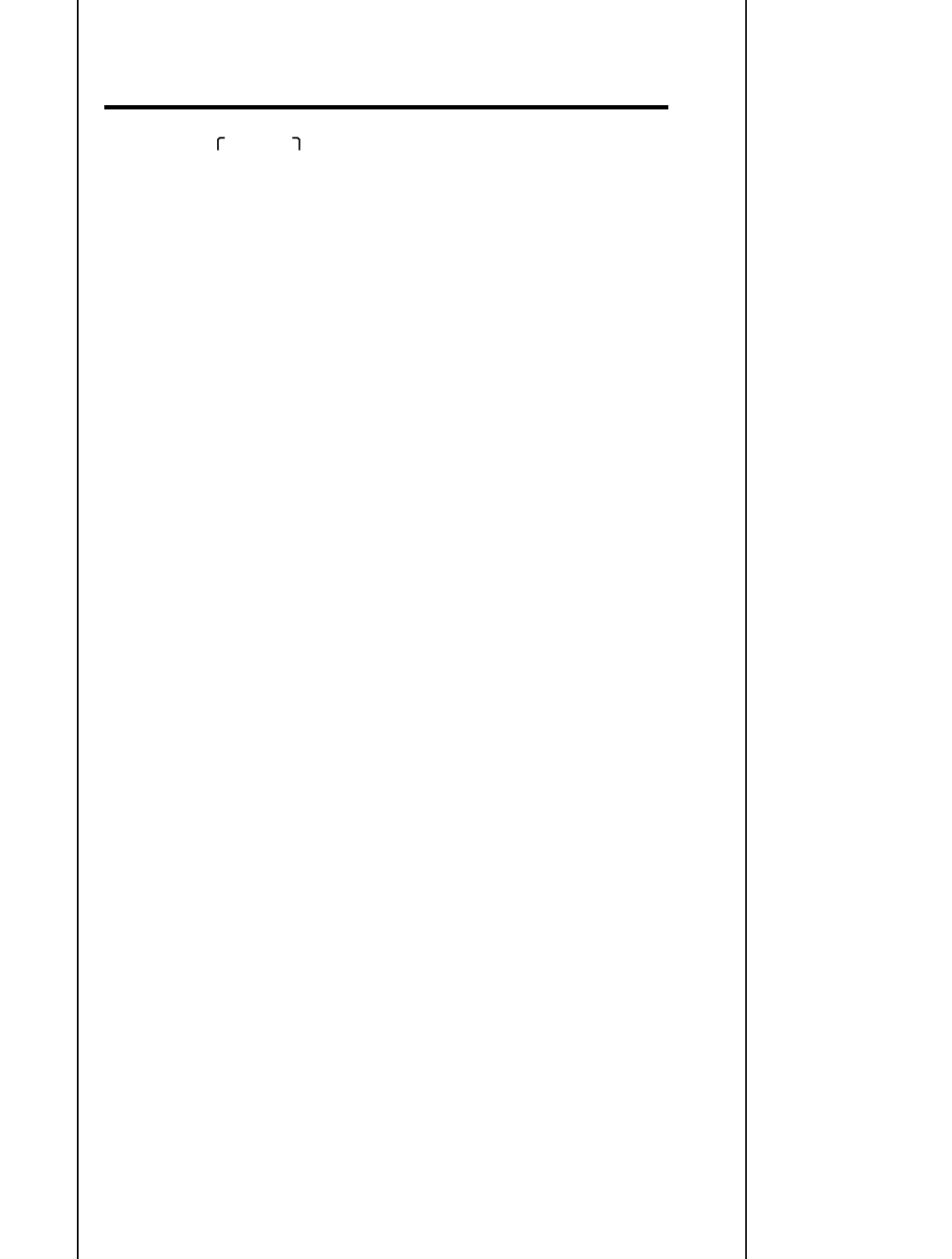
141
Macbeth
ACT 4. SC. 3
MACDUFF
MALCOLM
MACDUFF
MALCOLM
MACDUFF
MALCOLM
You may deserve of him through me, and wisdom
To offer up a weak, poor, innocent lamb
T’ appease an angry god.
I am not treacherous.
But Macbeth is.
A good and virtuous nature may recoil
In an imperial charge. But I shall crave your
pardon.
That which you are, my thoughts cannot transpose.
Angels are bright still, though the brightest fell.
Though all things foul would wear the brows of
grace,
Yet grace must still look so.
I have lost my hopes.
Perchance even there where I did find my doubts.
Why in that rawness left you wife and child,
Those precious motives, those strong knots of love,
Without leave-taking? I pray you,
Let not my jealousies be your dishonors,
But mine own safeties. You may be rightly just,
Whatever I shall think.
Bleed, bleed, poor country!
Great tyranny, lay thou thy basis sure,
For goodness dare not check thee. Wear thou thy
wrongs;
The title is affeered.—Fare thee well, lord.
I would not be the villain that thou think’st
For the whole space that’s in the tyrant’s grasp,
And the rich East to boot.
Be not offended.
I speak not as in absolute fear of you.
I think our country sinks beneath the yoke.
It weeps, it bleeds, and each new day a gash
Is added to her wounds. I think withal
FTLN 1771
FTLN 1772
FTLN 1773
20
FTLN 1774
FTLN 1775
FTLN 1776
FTLN 1777
FTLN 1778
25
FTLN 1779
FTLN 1780
FTLN 1781
FTLN 1782
FTLN 1783
30
FTLN 1784
FTLN 1785
FTLN 1786
FTLN 1787
FTLN 1788
35
FTLN 1789
FTLN 1790
FTLN 1791
FTLN 1792
FTLN 1793
40
FTLN 1794
FTLN 1795
FTLN 1796
FTLN 1797
FTLN 1798
45
FTLN 1799
FTLN 1800
FTLN 1801
FTLN 1802
FTLN 1803
50
FTLN 1804

143
Macbeth
ACT 4. SC. 3
MACDUFF
MALCOLM
MACDUFF
MALCOLM
MACDUFF
There would be hands uplifted in my right;
And here from gracious England have I offer
Of goodly thousands. But, for all this,
When I shall tread upon the tyrant’s head
Or wear it on my sword, yet my poor country
Shall have more vices than it had before,
More suffer, and more sundry ways than ever,
By him that shall succeed.
What should he be?
It is myself I mean, in whom I know
All the particulars of vice so grafted
That, when they shall be opened, black Macbeth
Will seem as pure as snow, and the poor state
Esteem him as a lamb, being compared
With my confineless harms.
Not in the legions
Of horrid hell can come a devil more damned
In evils to top Macbeth.
I grant him bloody,
Luxurious, avaricious, false, deceitful,
Sudden, malicious, smacking of every sin
That has a name. But there’s no bottom, none,
In my voluptuousness. Your wives, your daughters,
Your matrons, and your maids could not fill up
The cistern of my lust, and my desire
All continent impediments would o’erbear
That did oppose my will. Better Macbeth
Than such an one to reign.
Boundless intemperance
In nature is a tyranny. It hath been
Th’ untimely emptying of the happy throne
And fall of many kings. But fear not yet
To take upon you what is yours. You may
Convey your pleasures in a spacious plenty
And yet seem cold—the time you may so hoodwink.
FTLN 1805
FTLN 1806
FTLN 1807
FTLN 1808
55
FTLN 1809
FTLN 1810
FTLN 1811
FTLN 1812
FTLN 1813
60
FTLN 1814
FTLN 1815
FTLN 1816
FTLN 1817
FTLN 1818
65
FTLN 1819
FTLN 1820
FTLN 1821
FTLN 1822
FTLN 1823
70
FTLN 1824
FTLN 1825
FTLN 1826
FTLN 1827
FTLN 1828
75
FTLN 1829
FTLN 1830
FTLN 1831
FTLN 1832
FTLN 1833
80
FTLN 1834
FTLN 1835
FTLN 1836
FTLN 1837
FTLN 1838
85
FTLN 1839

145
Macbeth
ACT 4. SC. 3
MALCOLM
MACDUFF
MALCOLM
MACDUFF
MALCOLM
MACDUFF
We have willing dames enough. There cannot be
That vulture in you to devour so many
As will to greatness dedicate themselves,
Finding it so inclined.
With this there grows
In my most ill-composed affection such
A stanchless avarice that, were I king,
I should cut off the nobles for their lands,
Desire his jewels, and this other’s house;
And my more-having would be as a sauce
To make me hunger more, that I should forge
Quarrels unjust against the good and loyal,
Destroying them for wealth.
This avarice
Sticks deeper, grows with more pernicious root
Than summer-seeming lust, and it hath been
The sword of our slain kings. Yet do not fear.
Scotland hath foisons to fill up your will
Of your mere own. All these are portable,
With other graces weighed.
But I have none. The king-becoming graces,
As justice, verity, temp’rance, stableness,
Bounty, perseverance, mercy, lowliness,
Devotion, patience, courage, fortitude,
I have no relish of them but abound
In the division of each several crime,
Acting it many ways. Nay, had I power, I should
Pour the sweet milk of concord into hell,
Uproar the universal peace, confound
All unity on earth.
O Scotland, Scotland!
If such a one be fit to govern, speak.
I am as I have spoken.
Fit to govern?
FTLN 1840
FTLN 1841
FTLN 1842
FTLN 1843
90
FTLN 1844
FTLN 1845
FTLN 1846
FTLN 1847
FTLN 1848
95
FTLN 1849
FTLN 1850
FTLN 1851
FTLN 1852
FTLN 1853
100
FTLN 1854
FTLN 1855
FTLN 1856
FTLN 1857
FTLN 1858
105
FTLN 1859
FTLN 1860
FTLN 1861
FTLN 1862
FTLN 1863
110
FTLN 1864
FTLN 1865
FTLN 1866
FTLN 1867
FTLN 1868
115
FTLN 1869
FTLN 1870
FTLN 1871
FTLN 1872
FTLN 1873
120

147
Macbeth
ACT 4. SC. 3
MALCOLM
No, not to live.—O nation miserable,
With an untitled tyrant bloody-sceptered,
When shalt thou see thy wholesome days again,
Since that the truest issue of thy throne
By his own interdiction stands accursed
And does blaspheme his breed?—Thy royal father
Was a most sainted king. The queen that bore thee,
Oft’ner upon her knees than on her feet,
Died every day she lived. Fare thee well.
These evils thou repeat’st upon thyself
Hath banished me from Scotland.—O my breast,
Thy hope ends here!
Macduff, this noble passion,
Child of integrity, hath from my soul
Wiped the black scruples, reconciled my thoughts
To thy good truth and honor. Devilish Macbeth
By many of these trains hath sought to win me
Into his power, and modest wisdom plucks me
From overcredulous haste. But God above
Deal between thee and me, for even now
I put myself to thy direction and
Unspeak mine own detraction, here abjure
The taints and blames I laid upon myself
For strangers to my nature. I am yet
Unknown to woman, never was forsworn,
Scarcely have coveted what was mine own,
At no time broke my faith, would not betray
The devil to his fellow, and delight
No less in truth than life. My first false speaking
Was this upon myself. What I am truly
Is thine and my poor country’s to command—
Whither indeed, before thy here-approach,
Old Siward with ten thousand warlike men,
Already at a point, was setting forth.
Now we’ll together, and the chance of goodness
Be like our warranted quarrel. Why are you silent?
FTLN 1874
FTLN 1875
FTLN 1876
FTLN 1877
FTLN 1878
125
FTLN 1879
FTLN 1880
FTLN 1881
FTLN 1882
FTLN 1883
130
FTLN 1884
FTLN 1885
FTLN 1886
FTLN 1887
FTLN 1888
135
FTLN 1889
FTLN 1890
FTLN 1891
FTLN 1892
FTLN 1893
140
FTLN 1894
FTLN 1895
FTLN 1896
FTLN 1897
FTLN 1898
145
FTLN 1899
FTLN 1900
FTLN 1901
FTLN 1902
FTLN 1903
150
FTLN 1904
FTLN 1905
FTLN 1906
FTLN 1907
FTLN 1908
155
FTLN 1909
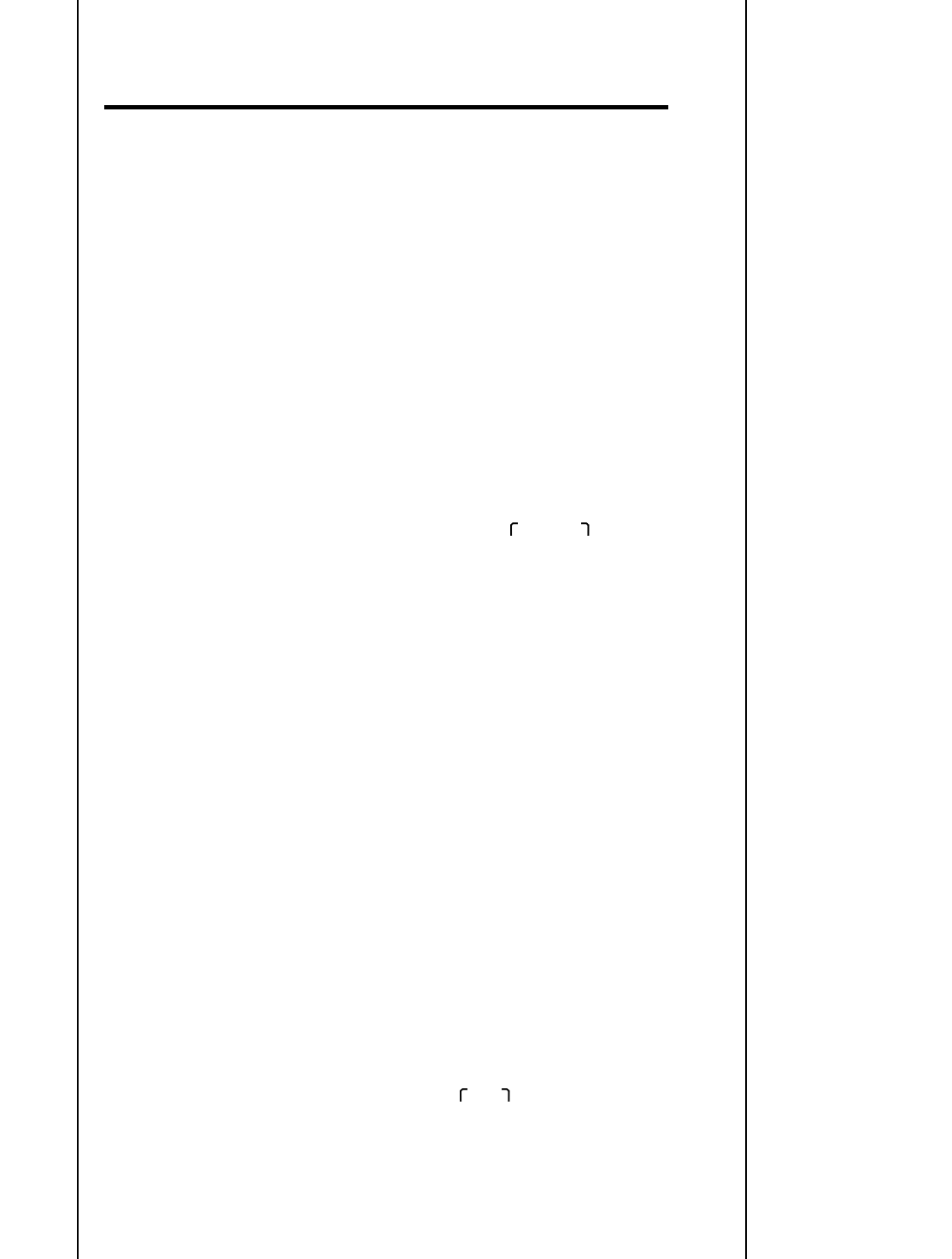
149
Macbeth
ACT 4. SC. 3
MACDUFF
MALCOLM
DOCTOR
MALCOLM
Doctor exits.
MACDUFF
MALCOLM
MACDUFF
MALCOLM
Such welcome and unwelcome things at once
’Tis hard to reconcile.
Enter a Doctor.
Well, more anon.—
Comes the King forth, I pray you?
Ay, sir. There are a crew of wretched souls
That stay his cure. Their malady convinces
The great assay of art, but at his touch
(Such sanctity hath heaven given his hand)
They presently amend.
I thank you, doctor.
What’s the disease he means?
’Tis called the evil:
A most miraculous work in this good king,
Which often since my here-remain in England
I have seen him do. How he solicits heaven
Himself best knows, but strangely visited people
All swoll’n and ulcerous, pitiful to the eye,
The mere despair of surgery, he cures,
Hanging a golden stamp about their necks,
Put on with holy prayers; and, ’tis spoken,
To the succeeding royalty he leaves
The healing benediction. With this strange virtue,
He hath a heavenly gift of prophecy,
And sundry blessings hang about his throne
That speak him full of grace.
Enter Ross.
See who comes here.
My countryman, but yet I know him not.
FTLN 1910
FTLN 1911
FTLN 1912
FTLN 1913
160
FTLN 1914
FTLN 1915
FTLN 1916
FTLN 1917
FTLN 1918
165
FTLN 1919
FTLN 1920
FTLN 1921
FTLN 1922
FTLN 1923
170
FTLN 1924
FTLN 1925
FTLN 1926
FTLN 1927
FTLN 1928
175
FTLN 1929
FTLN 1930
FTLN 1931
FTLN 1932
FTLN 1933
180
FTLN 1934
FTLN 1935
FTLN 1936
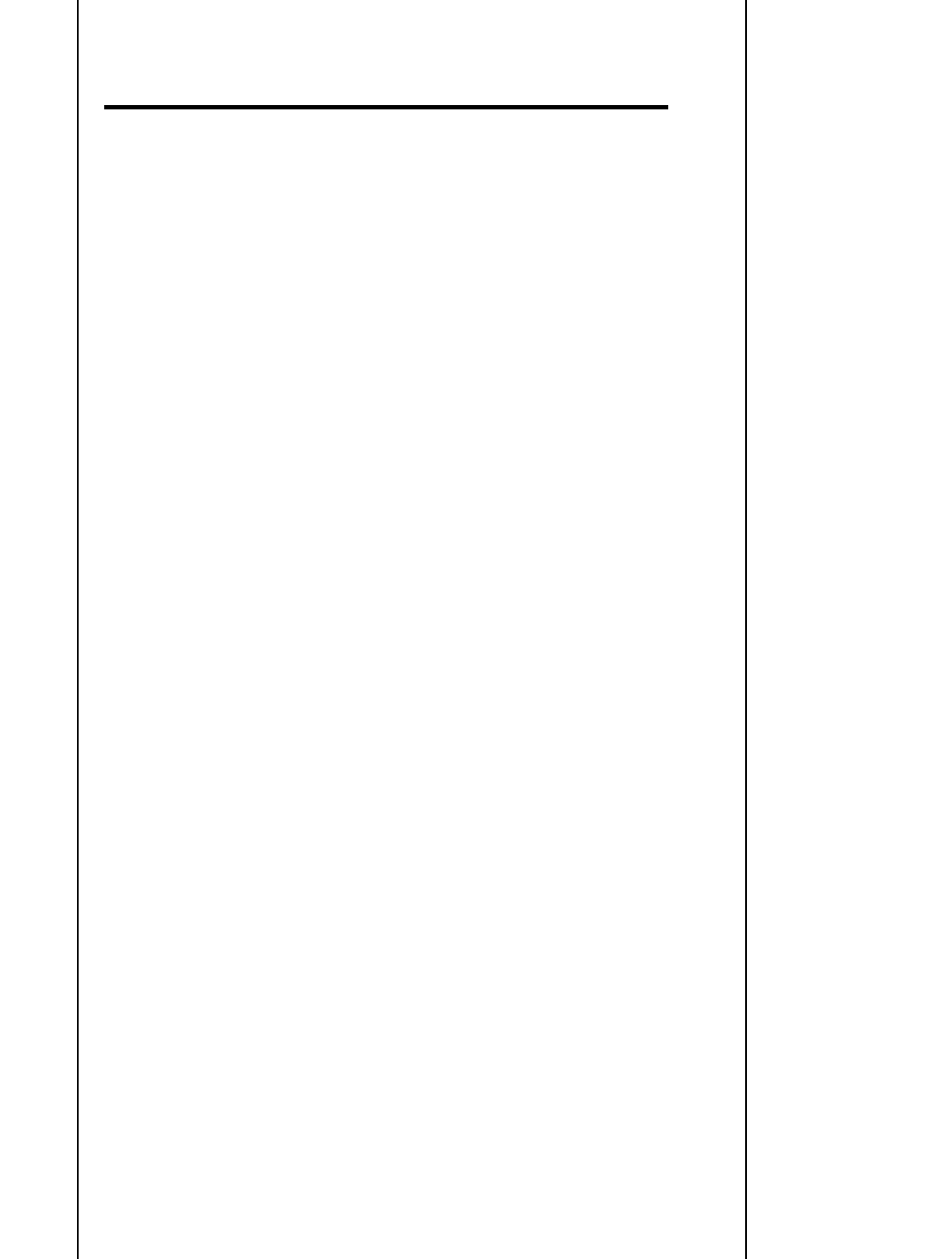
151
Macbeth
ACT 4. SC. 3
MACDUFF
MALCOLM
ROSS
MACDUFF
ROSS
MACDUFF
MALCOLM
ROSS
MACDUFF
ROSS
MACDUFF
ROSS
MACDUFF
ROSS
MACDUFF
ROSS
My ever-gentle cousin, welcome hither.
I know him now.—Good God betimes remove
The means that makes us strangers!
Sir, amen.
Stands Scotland where it did?
Alas, poor country,
Almost afraid to know itself. It cannot
Be called our mother, but our grave, where nothing
But who knows nothing is once seen to smile;
Where sighs and groans and shrieks that rent the air
Are made, not marked; where violent sorrow seems
A modern ecstasy. The dead man’s knell
Is there scarce asked for who, and good men’s lives
Expire before the flowers in their caps,
Dying or ere they sicken.
O relation too nice and yet too true!
What’s the newest grief?
That of an hour’s age doth hiss the speaker.
Each minute teems a new one.
How does my wife?
Why, well.
And all my children?
Well too.
The tyrant has not battered at their peace?
No, they were well at peace when I did leave ’em.
Be not a niggard of your speech. How goes ’t?
When I came hither to transport the tidings
FTLN 1937
FTLN 1938
185
FTLN 1939
FTLN 1940
FTLN 1941
FTLN 1942
FTLN 1943
190
FTLN 1944
FTLN 1945
FTLN 1946
FTLN 1947
FTLN 1948
195
FTLN 1949
FTLN 1950
FTLN 1951
FTLN 1952
FTLN 1953
200
FTLN 1954
FTLN 1955
FTLN 1956
FTLN 1957
FTLN 1958
205
FTLN 1959
FTLN 1960
FTLN 1961
FTLN 1962
FTLN 1963
210

153
Macbeth
ACT 4. SC. 3
MALCOLM
ROSS
MACDUFF
ROSS
MACDUFF
ROSS
MACDUFF
ROSS
MALCOLM
Which I have heavily borne, there ran a rumor
Of many worthy fellows that were out;
Which was to my belief witnessed the rather
For that I saw the tyrant’s power afoot.
Now is the time of help. Your eye in Scotland
Would create soldiers, make our women fight
To doff their dire distresses.
Be ’t their comfort
We are coming thither. Gracious England hath
Lent us good Siward and ten thousand men;
An older and a better soldier none
That Christendom gives out.
Would I could answer
This comfort with the like. But I have words
That would be howled out in the desert air,
Where hearing should not latch them.
What concern
they—
The general cause, or is it a fee-grief
Due to some single breast?
No mind that’s honest
But in it shares some woe, though the main part
Pertains to you alone.
If it be mine,
Keep it not from me. Quickly let me have it.
Let not your ears despise my tongue forever,
Which shall possess them with the heaviest sound
That ever yet they heard.
Hum! I guess at it.
Your castle is surprised, your wife and babes
Savagely slaughtered. To relate the manner
Were on the quarry of these murdered deer
To add the death of you.
Merciful heaven!—
FTLN 1964
FTLN 1965
FTLN 1966
FTLN 1967
FTLN 1968
215
FTLN 1969
FTLN 1970
FTLN 1971
FTLN 1972
FTLN 1973
220
FTLN 1974
FTLN 1975
FTLN 1976
FTLN 1977
FTLN 1978
225
FTLN 1979
FTLN 1980
FTLN 1981
FTLN 1982
FTLN 1983
230
FTLN 1984
FTLN 1985
FTLN 1986
FTLN 1987
FTLN 1988
235
FTLN 1989
FTLN 1990
FTLN 1991
FTLN 1992
FTLN 1993
240
FTLN 1994
FTLN 1995
FTLN 1996
FTLN 1997

155
Macbeth
ACT 4. SC. 3
MACDUFF
ROSS
MACDUFF
ROSS
MALCOLM
MACDUFF
MALCOLM
MACDUFF
MALCOLM
MACDUFF
What, man, ne’er pull your hat upon your brows.
Give sorrow words. The grief that does not speak
Whispers the o’erfraught heart and bids it break.
My children too?
Wife, children, servants, all that could be found.
And I must be from thence? My wife killed too?
I have said.
Be comforted.
Let’s make us med’cines of our great revenge
To cure this deadly grief.
He has no children. All my pretty ones?
Did you say “all”? O hell-kite! All?
What, all my pretty chickens and their dam
At one fell swoop?
Dispute it like a man.
I shall do so,
But I must also feel it as a man.
I cannot but remember such things were
That were most precious to me. Did heaven look on
And would not take their part? Sinful Macduff,
They were all struck for thee! Naught that I am,
Not for their own demerits, but for mine,
Fell slaughter on their souls. Heaven rest them now.
Be this the whetstone of your sword. Let grief
Convert to anger. Blunt not the heart; enrage it.
O, I could play the woman with mine eyes
And braggart with my tongue! But, gentle heavens,
Cut short all intermission! Front to front
Bring thou this fiend of Scotland and myself.
Within my sword’s length set him. If he ’scape,
Heaven forgive him too.
FTLN 1998
245
FTLN 1999
FTLN 2000
FTLN 2001
FTLN 2002
FTLN 2003
250
FTLN 2004
FTLN 2005
FTLN 2006
FTLN 2007
FTLN 2008
255
FTLN 2009
FTLN 2010
FTLN 2011
FTLN 2012
FTLN 2013
260
FTLN 2014
FTLN 2015
FTLN 2016
FTLN 2017
FTLN 2018
265
FTLN 2019
FTLN 2020
FTLN 2021
FTLN 2022
FTLN 2023
270
FTLN 2024
FTLN 2025
FTLN 2026
FTLN 2027
FTLN 2028
275

157
Macbeth
ACT 4. SC. 3
MALCOLM
They exit.
This tune goes manly.
Come, go we to the King. Our power is ready;
Our lack is nothing but our leave. Macbeth
Is ripe for shaking, and the powers above
Put on their instruments. Receive what cheer you
may.
The night is long that never finds the day.
FTLN 2029
FTLN 2030
FTLN 2031
FTLN 2032
FTLN 2033
280
FTLN 2034
FTLN 2035
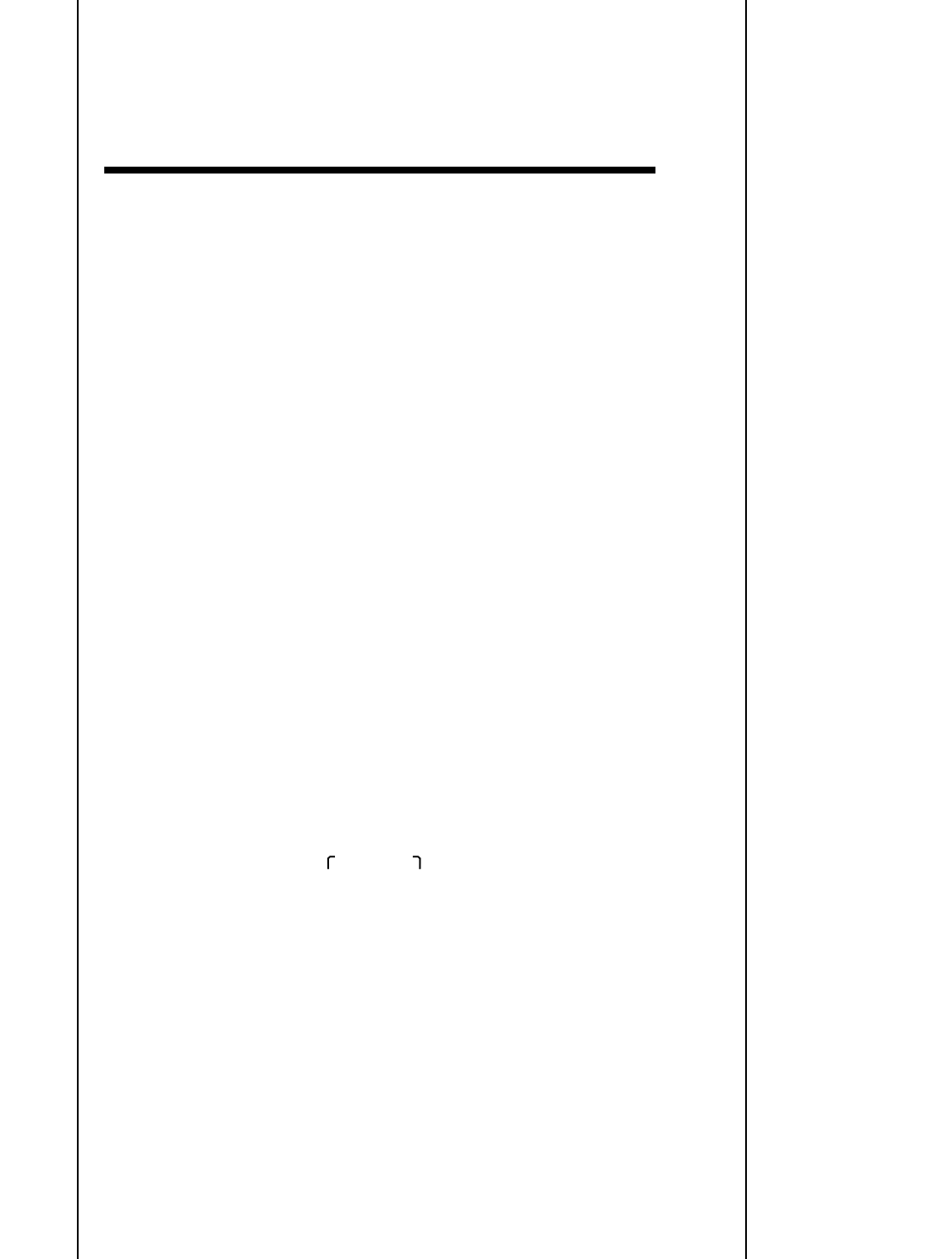
DOCTOR
GENTLEWOMAN
DOCTOR
GENTLEWOMAN
DOCTOR
GENTLEWOMAN
Enter a Doctor of Physic and a Waiting-Gentlewoman.
I have two nights watched with you but can
perceive no truth in your report. When was it she
last walked?
Since his Majesty went into the field, I
have seen her rise from her bed, throw her nightgown
upon her, unlock her closet, take forth paper,
fold it, write upon ’t, read it, afterwards seal it, and
again return to bed; yet all this while in a most fast
sleep.
A great perturbation in nature, to receive at
once the benefit of sleep and do the effects of
watching. In this slumb’ry agitation, besides her
walking and other actual performances, what at any
time have you heard her say?
That, sir, which I will not report after
her.
You may to me, and ’tis most meet you
should.
Neither to you nor anyone, having no
witness to confirm my speech.
Enter Lady Macbeth with a taper.
Lo you, here she comes. This is her very guise and,
upon my life, fast asleep. Observe her; stand close.
161
ACT 5
Scene 1
FTLN 2036
FTLN 2037
FTLN 2038
FTLN 2039
FTLN 2040
5
FTLN 2041
FTLN 2042
FTLN 2043
FTLN 2044
FTLN 2045
10
FTLN 2046
FTLN 2047
FTLN 2048
FTLN 2049
FTLN 2050
15
FTLN 2051
FTLN 2052
FTLN 2053
FTLN 2054
FTLN 2055
20
FTLN 2056
FTLN 2057
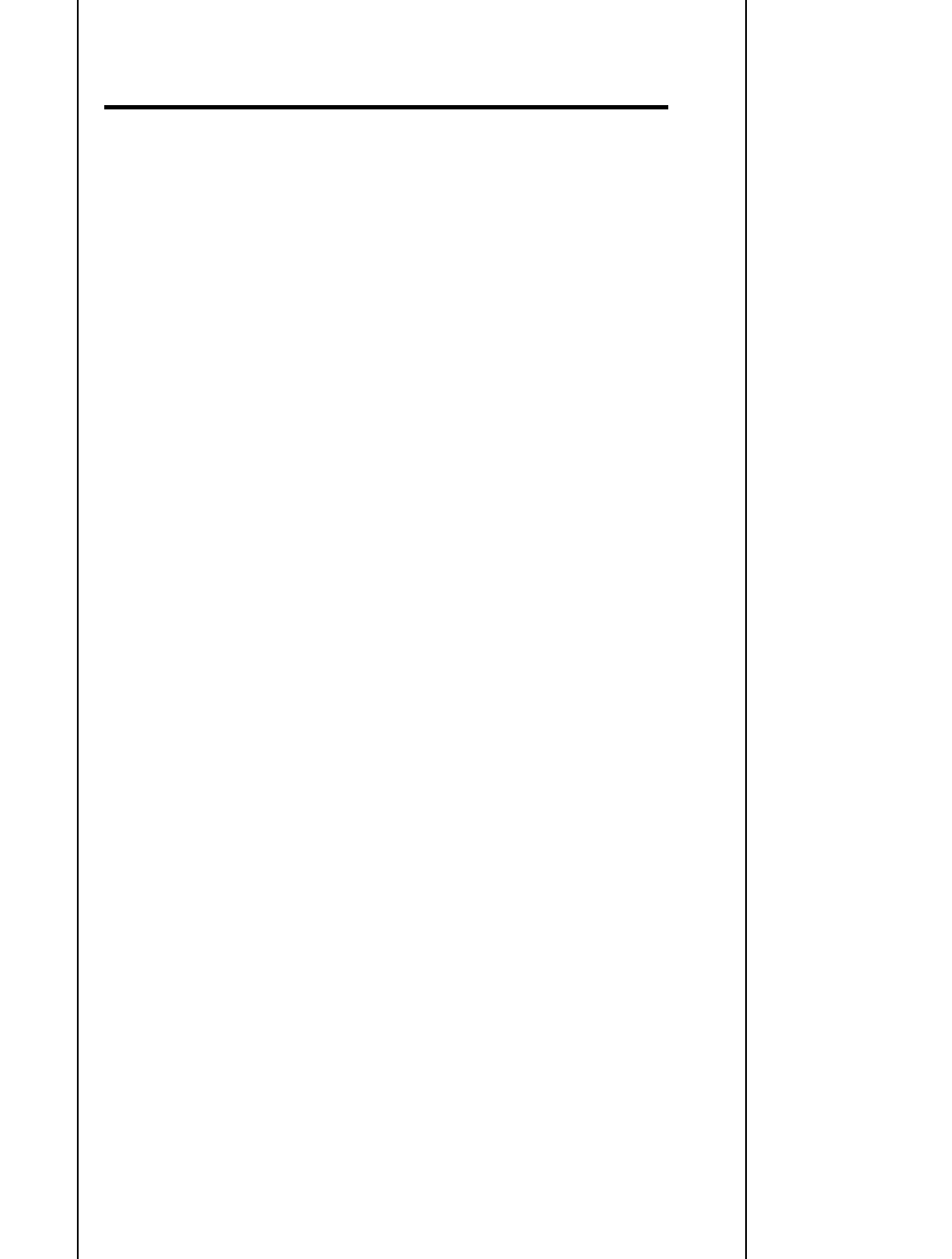
163
Macbeth
ACT 5. SC. 1
DOCTOR
GENTLEWOMAN
DOCTOR
GENTLEWOMAN
DOCTOR
GENTLEWOMAN
LADY MACBETH
DOCTOR
LADY MACBETH
DOCTOR
LADY MACBETH
DOCTOR
GENTLEWOMAN
LADY MACBETH
DOCTOR
GENTLEWOMAN
How came she by that light?
Why, it stood by her. She has light by
her continually. ’Tis her command.
You see her eyes are open.
Ay, but their sense are shut.
What is it she does now? Look how she rubs
her hands.
It is an accustomed action with her to
seem thus washing her hands. I have known her
continue in this a quarter of an hour.
Yet here’s a spot.
Hark, she speaks. I will set down what comes
from her, to satisfy my remembrance the more
strongly.
Out, damned spot, out, I say! One. Two.
Why then, ’tis time to do ’t. Hell is murky. Fie, my
lord, fie, a soldier and afeard? What need we fear
who knows it, when none can call our power to
account? Yet who would have thought the old man
to have had so much blood in him?
Do you mark that?
The Thane of Fife had a wife. Where is
she now? What, will these hands ne’er be clean? No
more o’ that, my lord, no more o’ that. You mar all
with this starting.
Go to, go to. You have known what you should
not.
She has spoke what she should not,
I am sure of that. Heaven knows what she has
known.
Here’s the smell of the blood still. All
the perfumes of Arabia will not sweeten this little
hand. O, O, O!
What a sigh is there! The heart is sorely
charged.
I would not have such a heart in my
bosom for the dignity of the whole body.
FTLN 2058
FTLN 2059
FTLN 2060
25
FTLN 2061
FTLN 2062
FTLN 2063
FTLN 2064
FTLN 2065
30
FTLN 2066
FTLN 2067
FTLN 2068
FTLN 2069
FTLN 2070
35
FTLN 2071
FTLN 2072
FTLN 2073
FTLN 2074
FTLN 2075
40
FTLN 2076
FTLN 2077
FTLN 2078
FTLN 2079
FTLN 2080
45
FTLN 2081
FTLN 2082
FTLN 2083
FTLN 2084
FTLN 2085
50
FTLN 2086
FTLN 2087
FTLN 2088
FTLN 2089
FTLN 2090
55
FTLN 2091
FTLN 2092
FTLN 2093
FTLN 2094

165
Macbeth
ACT 5. SC. 2
DOCTOR
GENTLEWOMAN
DOCTOR
LADY MACBETH
DOCTOR
LADY MACBETH
Lady Macbeth exits.
DOCTOR
GENTLEWOMAN
DOCTOR
GENTLEWOMAN
They exit.
MENTEITH
Well, well, well.
Pray God it be, sir.
This disease is beyond my practice. Yet I have
known those which have walked in their sleep,
who have died holily in their beds.
Wash your hands. Put on your nightgown.
Look not so pale. I tell you yet again, Banquo’s
buried; he cannot come out on ’s grave.
Even so?
To bed, to bed. There’s knocking at the
gate. Come, come, come, come. Give me your
hand. What’s done cannot be undone. To bed, to
bed, to bed.
Will she go now to bed?
Directly.
Foul whisp’rings are abroad. Unnatural deeds
Do breed unnatural troubles. Infected minds
To their deaf pillows will discharge their secrets.
More needs she the divine than the physician.
God, God forgive us all. Look after her.
Remove from her the means of all annoyance
And still keep eyes upon her. So, good night.
My mind she has mated, and amazed my sight.
I think but dare not speak.
Good night, good doctor.
Drum and Colors. Enter Menteith, Caithness, Angus,
Lennox, and Soldiers.
The English power is near, led on by Malcolm,
His uncle Siward, and the good Macduff.
FTLN 2095
60
FTLN 2096
FTLN 2097
FTLN 2098
FTLN 2099
FTLN 2100
65
FTLN 2101
FTLN 2102
FTLN 2103
FTLN 2104
FTLN 2105
70
FTLN 2106
FTLN 2107
FTLN 2108
FTLN 2109
FTLN 2110
75
FTLN 2111
FTLN 2112
FTLN 2113
FTLN 2114
FTLN 2115
80
FTLN 2116
FTLN 2117
FTLN 2118
FTLN 2119
Scene 2
FTLN 2120
FTLN 2121

167
Macbeth
ACT 5. SC. 2
ANGUS
CAITHNESS
LENNOX
MENTEITH
CAITHNESS
ANGUS
MENTEITH
CAITHNESS
LENNOX
Revenges burn in them, for their dear causes
Would to the bleeding and the grim alarm
Excite the mortified man.
Near Birnam Wood
Shall we well meet them. That way are they coming.
Who knows if Donalbain be with his brother?
For certain, sir, he is not. I have a file
Of all the gentry. There is Siward’s son
And many unrough youths that even now
Protest their first of manhood.
What does the tyrant?
Great Dunsinane he strongly fortifies.
Some say he’s mad; others that lesser hate him
Do call it valiant fury. But for certain
He cannot buckle his distempered cause
Within the belt of rule.
Now does he feel
His secret murders sticking on his hands.
Now minutely revolts upbraid his faith-breach.
Those he commands move only in command,
Nothing in love. Now does he feel his title
Hang loose about him, like a giant’s robe
Upon a dwarfish thief.
Who, then, shall blame
His pestered senses to recoil and start
When all that is within him does condemn
Itself for being there?
Well, march we on
To give obedience where ’tis truly owed.
Meet we the med’cine of the sickly weal,
And with him pour we in our country’s purge
Each drop of us.
Or so much as it needs
FTLN 2122
FTLN 2123
FTLN 2124
5
FTLN 2125
FTLN 2126
FTLN 2127
FTLN 2128
FTLN 2129
10
FTLN 2130
FTLN 2131
FTLN 2132
FTLN 2133
FTLN 2134
15
FTLN 2135
FTLN 2136
FTLN 2137
FTLN 2138
FTLN 2139
20
FTLN 2140
FTLN 2141
FTLN 2142
FTLN 2143
FTLN 2144
25
FTLN 2145
FTLN 2146
FTLN 2147
FTLN 2148
FTLN 2149
30
FTLN 2150
FTLN 2151
FTLN 2152
FTLN 2153
FTLN 2154
35
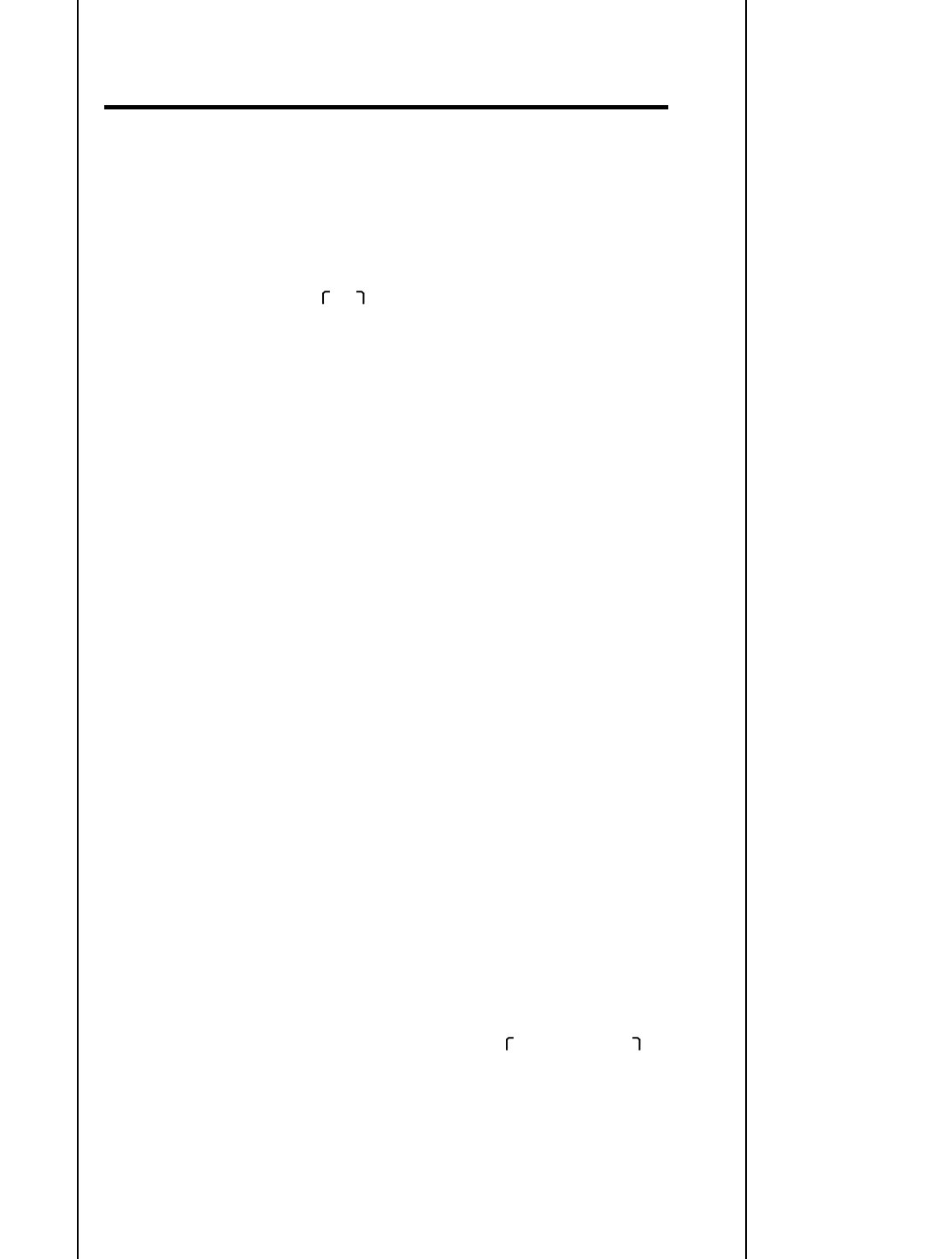
169
Macbeth
ACT 5. SC. 3
They exit marching.
MACBETH
SERVANT
MACBETH
SERVANT
MACBETH
SERVANT
MACBETH
Servant exits.
To dew the sovereign flower and drown the weeds.
Make we our march towards Birnam.
Enter Macbeth, the Doctor, and Attendants.
Bring me no more reports. Let them fly all.
Till Birnam Wood remove to Dunsinane
I cannot taint with fear. What’s the boy Malcolm?
Was he not born of woman? The spirits that know
All mortal consequences have pronounced me thus:
“Fear not, Macbeth. No man that’s born of woman
Shall e’er have power upon thee.” Then fly, false
thanes,
And mingle with the English epicures.
The mind I sway by and the heart I bear
Shall never sag with doubt nor shake with fear.
Enter Servant.
The devil damn thee black, thou cream-faced loon!
Where got’st thou that goose-look?
There is ten thousand—
Geese, villain?
Soldiers, sir.
Go prick thy face and over-red thy fear,
Thou lily-livered boy. What soldiers, patch?
Death of thy soul! Those linen cheeks of thine
Are counselors to fear. What soldiers, whey-face?
The English force, so please you.
Take thy face hence.
Seyton!—I am sick at heart
When I behold—Seyton, I say!—This push
FTLN 2155
FTLN 2156
Scene 3
FTLN 2157
FTLN 2158
FTLN 2159
FTLN 2160
FTLN 2161
5
FTLN 2162
FTLN 2163
FTLN 2164
FTLN 2165
FTLN 2166
10
FTLN 2167
FTLN 2168
FTLN 2169
FTLN 2170
FTLN 2171
15
FTLN 2172
FTLN 2173
FTLN 2174
FTLN 2175
FTLN 2176
20
FTLN 2177
FTLN 2178
FTLN 2179
FTLN 2180
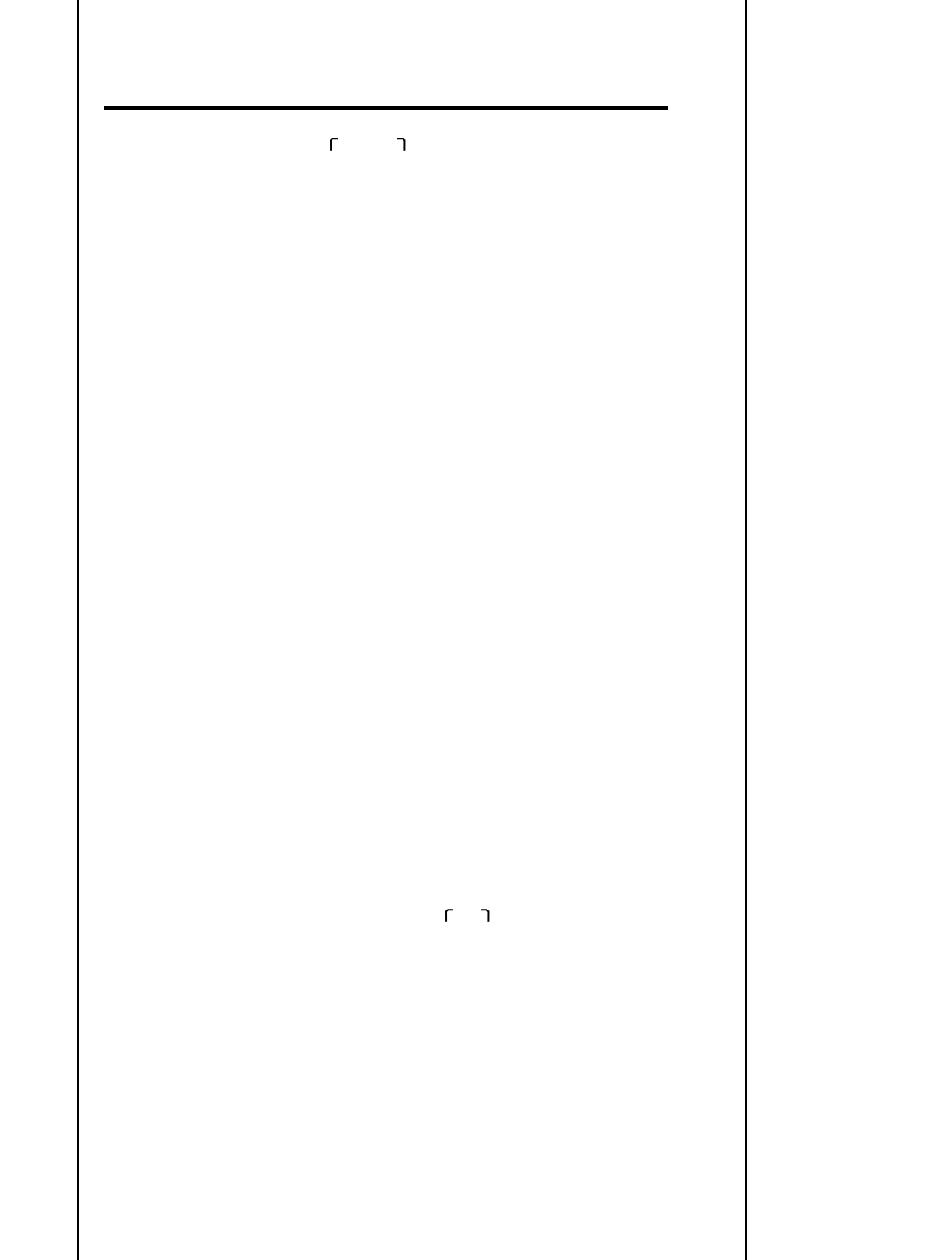
171
Macbeth
ACT 5. SC. 3
SEYTON
MACBETH
SEYTON
MACBETH
SEYTON
MACBETH
DOCTOR
MACBETH
Will cheer me ever or disseat me now.
I have lived long enough. My way of life
Is fall’n into the sere, the yellow leaf,
And that which should accompany old age,
As honor, love, obedience, troops of friends,
I must not look to have, but in their stead
Curses, not loud but deep, mouth-honor, breath
Which the poor heart would fain deny and dare
not.—
Seyton!
Enter Seyton.
What’s your gracious pleasure?
What news more?
All is confirmed, my lord, which was reported.
I’ll fight till from my bones my flesh be hacked.
Give me my armor.
’Tis not needed yet.
I’ll put it on.
Send out more horses. Skirr the country round.
Hang those that talk of fear. Give me mine
armor.—
How does your patient, doctor?
Not so sick, my lord,
As she is troubled with thick-coming fancies
That keep her from her rest.
Cure her of that.
Canst thou not minister to a mind diseased,
Pluck from the memory a rooted sorrow,
Raze out the written troubles of the brain,
And with some sweet oblivious antidote
Cleanse the stuffed bosom of that perilous stuff
Which weighs upon the heart?
FTLN 2181
25
FTLN 2182
FTLN 2183
FTLN 2184
FTLN 2185
FTLN 2186
30
FTLN 2187
FTLN 2188
FTLN 2189
FTLN 2190
FTLN 2191
35
FTLN 2192
FTLN 2193
FTLN 2194
FTLN 2195
FTLN 2196
40
FTLN 2197
FTLN 2198
FTLN 2199
FTLN 2200
FTLN 2201
45
FTLN 2202
FTLN 2203
FTLN 2204
FTLN 2205
FTLN 2206
50
FTLN 2207
FTLN 2208
FTLN 2209
FTLN 2210
FTLN 2211
55

173
Macbeth
ACT 5. SC. 4
DOCTOR
MACBETH
Attendants begin to arm him.
DOCTOR
MACBETH
DOCTOR
They exit.
MALCOLM
Therein the patient
Must minister to himself.
Throw physic to the dogs. I’ll none of it.—
Come, put mine armor on. Give me my staff.
Seyton, send out.—Doctor, the thanes fly from
me.—
Come, sir, dispatch.—If thou couldst, doctor, cast
The water of my land, find her disease,
And purge it to a sound and pristine health,
I would applaud thee to the very echo
That should applaud again.—Pull ’t off, I say.—
What rhubarb, senna, or what purgative drug
Would scour these English hence? Hear’st thou of
them?
Ay, my good lord. Your royal preparation
Makes us hear something.
Bring it after me.—
I will not be afraid of death and bane
Till Birnam Forest come to Dunsinane.
, aside
Were I from Dunsinane away and clear,
Profit again should hardly draw me here.
Drum and Colors. Enter Malcolm, Siward, Macduff,
Siward’s son, Menteith, Caithness, Angus, and Soldiers,
marching.
Cousins, I hope the days are near at hand
That chambers will be safe.
FTLN 2212
FTLN 2213
FTLN 2214
FTLN 2215
FTLN 2216
60
FTLN 2217
FTLN 2218
FTLN 2219
FTLN 2220
FTLN 2221
65
FTLN 2222
FTLN 2223
FTLN 2224
FTLN 2225
FTLN 2226
70
FTLN 2227
FTLN 2228
FTLN 2229
FTLN 2230
FTLN 2231
75
FTLN 2232
Scene 4
FTLN 2233
FTLN 2234
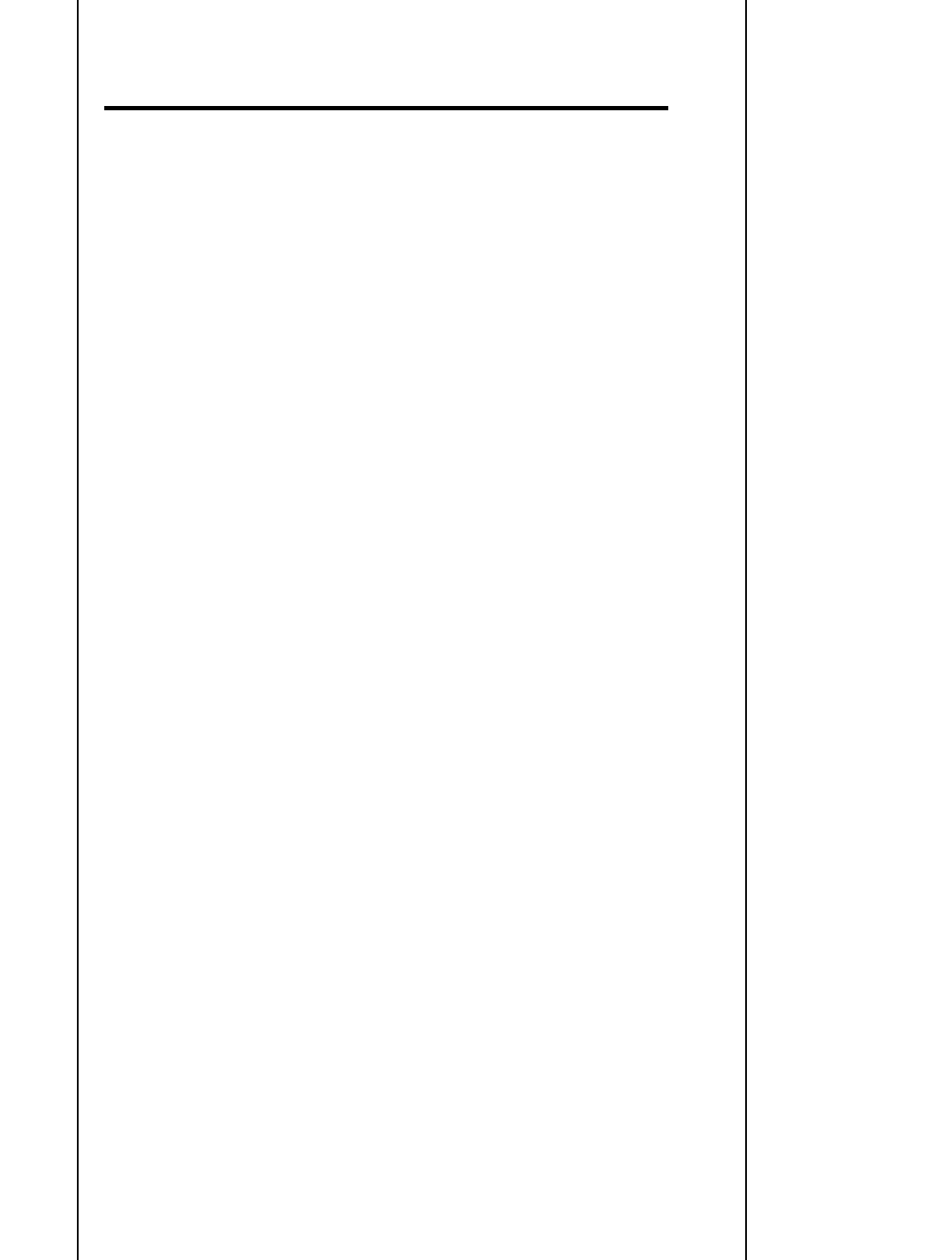
175
Macbeth
ACT 5. SC. 4
MENTEITH
SIWARD
MENTEITH
MALCOLM
SOLDIER
SIWARD
MALCOLM
MACDUFF
SIWARD
They exit marching.
We doubt it nothing.
What wood is this before us?
The Wood of Birnam.
Let every soldier hew him down a bough
And bear ’t before him. Thereby shall we shadow
The numbers of our host and make discovery
Err in report of us.
It shall be done.
We learn no other but the confident tyrant
Keeps still in Dunsinane and will endure
Our setting down before ’t.
’Tis his main hope;
For, where there is advantage to be given,
Both more and less have given him the revolt,
And none serve with him but constrainèd things
Whose hearts are absent too.
Let our just censures
Attend the true event, and put we on
Industrious soldiership.
The time approaches
That will with due decision make us know
What we shall say we have and what we owe.
Thoughts speculative their unsure hopes relate,
But certain issue strokes must arbitrate;
Towards which, advance the war.
FTLN 2235
FTLN 2236
FTLN 2237
5
FTLN 2238
FTLN 2239
FTLN 2240
FTLN 2241
FTLN 2242
10
FTLN 2243
FTLN 2244
FTLN 2245
FTLN 2246
FTLN 2247
15
FTLN 2248
FTLN 2249
FTLN 2250
FTLN 2251
FTLN 2252
20
FTLN 2253
FTLN 2254
FTLN 2255
FTLN 2256
FTLN 2257
25
FTLN 2258
FTLN 2259
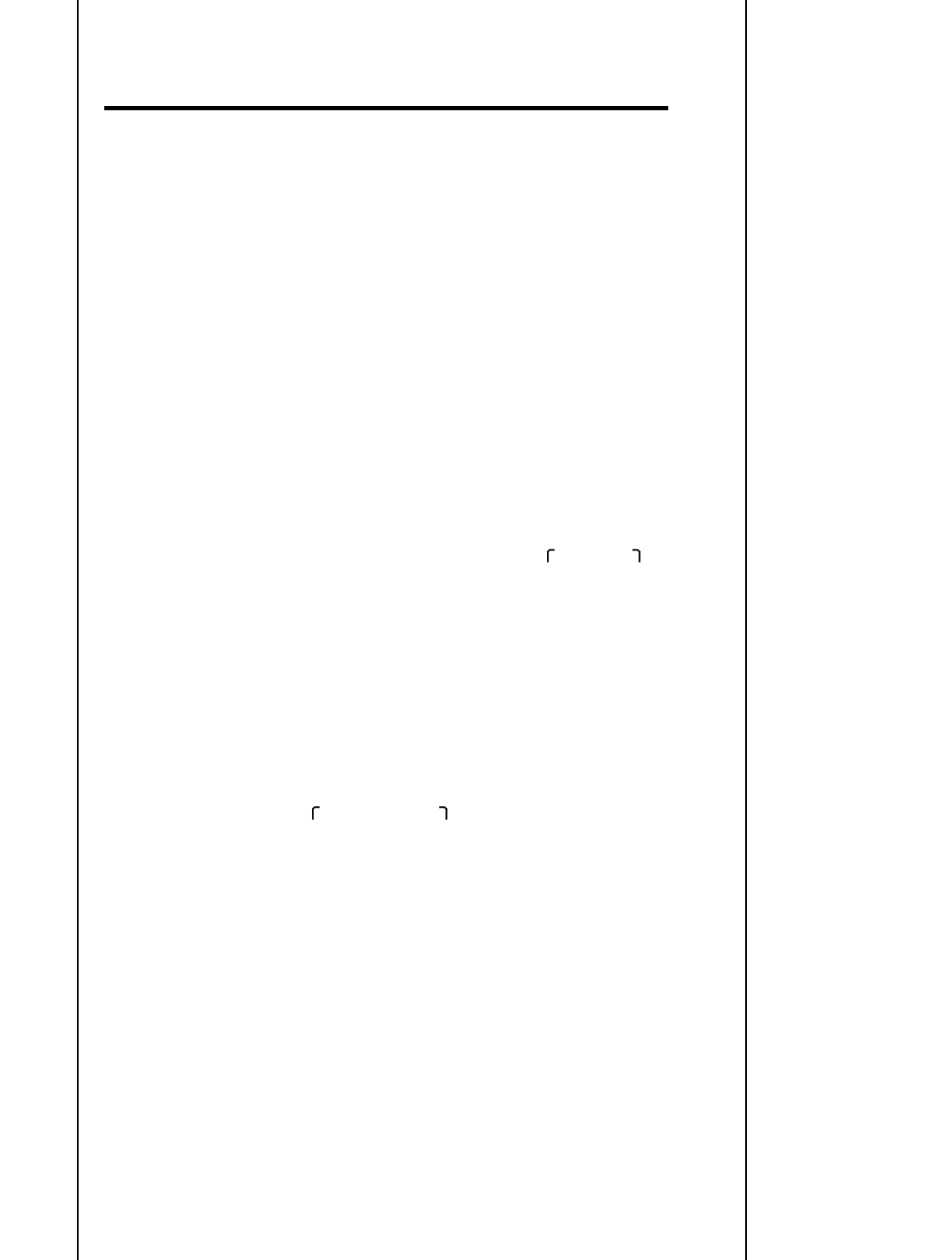
177
Macbeth
ACT 5. SC. 5
MACBETH
A cry within of women.
SEYTON
He exits.
MACBETH
SEYTON
MACBETH
Enter Macbeth, Seyton, and Soldiers, with Drum and
Colors.
Hang out our banners on the outward walls.
The cry is still “They come!” Our castle’s strength
Will laugh a siege to scorn. Here let them lie
Till famine and the ague eat them up.
Were they not forced with those that should be
ours,
We might have met them dareful, beard to beard,
And beat them backward home.
What is that noise?
It is the cry of women, my good lord.
I have almost forgot the taste of fears.
The time has been my senses would have cooled
To hear a night-shriek, and my fell of hair
Would at a dismal treatise rouse and stir
As life were in ’t. I have supped full with horrors.
Direness, familiar to my slaughterous thoughts,
Cannot once start me.
Enter Seyton.
Wherefore was that cry?
The Queen, my lord, is dead.
She should have died hereafter.
There would have been a time for such a word.
Tomorrow and tomorrow and tomorrow
Creeps in this petty pace from day to day
To the last syllable of recorded time,
And all our yesterdays have lighted fools
The way to dusty death. Out, out, brief candle!
Scene 5
FTLN 2260
FTLN 2261
FTLN 2262
FTLN 2263
FTLN 2264
5
FTLN 2265
FTLN 2266
FTLN 2267
FTLN 2268
FTLN 2269
10
FTLN 2270
FTLN 2271
FTLN 2272
FTLN 2273
FTLN 2274
15
FTLN 2275
FTLN 2276
FTLN 2277
FTLN 2278
FTLN 2279
20
FTLN 2280
FTLN 2281
FTLN 2282
FTLN 2283
FTLN 2284
25
FTLN 2285

179
Macbeth
ACT 5. SC. 5
MESSENGER
MACBETH
MESSENGER
MACBETH
MESSENGER
MACBETH
Life’s but a walking shadow, a poor player
That struts and frets his hour upon the stage
And then is heard no more. It is a tale
Told by an idiot, full of sound and fury,
Signifying nothing.
Enter a Messenger.
Thou com’st to use thy tongue: thy story quickly.
Gracious my lord,
I should report that which I say I saw,
But know not how to do ’t.
Well, say, sir.
As I did stand my watch upon the hill,
I looked toward Birnam, and anon methought
The Wood began to move.
Liar and slave!
Let me endure your wrath if ’t be not so.
Within this three mile may you see it coming.
I say, a moving grove.
If thou speak’st false,
Upon the next tree shall thou hang alive
Till famine cling thee. If thy speech be sooth,
I care not if thou dost for me as much.—
I pull in resolution and begin
To doubt th’ equivocation of the fiend,
That lies like truth. “Fear not till Birnam Wood
Do come to Dunsinane,” and now a wood
Comes toward Dunsinane.—Arm, arm, and out!—
If this which he avouches does appear,
There is nor flying hence nor tarrying here.
I ’gin to be aweary of the sun
And wish th’ estate o’ th’ world were now
undone.—
FTLN 2286
FTLN 2287
FTLN 2288
FTLN 2289
30
FTLN 2290
FTLN 2291
FTLN 2292
FTLN 2293
FTLN 2294
35
FTLN 2295
FTLN 2296
FTLN 2297
FTLN 2298
FTLN 2299
40
FTLN 2300
FTLN 2301
FTLN 2302
FTLN 2303
FTLN 2304
45
FTLN 2305
FTLN 2306
FTLN 2307
FTLN 2308
FTLN 2309
50
FTLN 2310
FTLN 2311
FTLN 2312
FTLN 2313
FTLN 2314
55
FTLN 2315
FTLN 2316

181
Macbeth
ACT 5. SC. 6/7
They exit.
MALCOLM
SIWARD
MACDUFF
They exit.
Alarums continued.
MACBETH
YOUNG SIWARD
Ring the alarum bell!—Blow wind, come wrack,
At least we’ll die with harness on our back.
Drum and Colors. Enter Malcolm, Siward, Macduff, and
their army, with boughs.
Now near enough. Your leafy screens throw down
And show like those you are.—You, worthy uncle,
Shall with my cousin, your right noble son,
Lead our first battle. Worthy Macduff and we
Shall take upon ’s what else remains to do,
According to our order.
Fare you well.
Do we but find the tyrant’s power tonight,
Let us be beaten if we cannot fight.
Make all our trumpets speak; give them all breath,
Those clamorous harbingers of blood and death.
Enter Macbeth.
They have tied me to a stake. I cannot fly,
But, bear-like, I must fight the course. What’s he
That was not born of woman? Such a one
Am I to fear, or none.
Enter young Siward.
What is thy name?
FTLN 2317
FTLN 2318
Scene 6
FTLN 2319
FTLN 2320
FTLN 2321
FTLN 2322
FTLN 2323
5
FTLN 2324
FTLN 2325
FTLN 2326
FTLN 2327
FTLN 2328
10
FTLN 2329
Scene 7
FTLN 2330
FTLN 2331
FTLN 2332
FTLN 2333
FTLN 2334
5

183
Macbeth
ACT 5. SC. 7
MACBETH
YOUNG SIWARD
MACBETH
YOUNG SIWARD
MACBETH
YOUNG SIWARD
They fight, and young Siward is slain.
MACBETH
He exits.
MACDUFF
He exits. Alarums.
SIWARD
Thou ’lt be afraid to hear it.
No, though thou call’st thyself a hotter name
Than any is in hell.
My name’s Macbeth.
The devil himself could not pronounce a title
More hateful to mine ear.
No, nor more fearful.
Thou liest, abhorrèd tyrant. With my sword
I’ll prove the lie thou speak’st.
Thou wast born of
woman.
But swords I smile at, weapons laugh to scorn,
Brandished by man that’s of a woman born.
Alarums. Enter Macduff.
That way the noise is. Tyrant, show thy face!
If thou beest slain, and with no stroke of mine,
My wife and children’s ghosts will haunt me still.
I cannot strike at wretched kerns, whose arms
Are hired to bear their staves. Either thou, Macbeth,
Or else my sword with an unbattered edge
I sheathe again undeeded. There thou shouldst be;
By this great clatter, one of greatest note
Seems bruited. Let me find him, Fortune,
And more I beg not.
Enter Malcolm and Siward.
This way, my lord. The castle’s gently rendered.
The tyrant’s people on both sides do fight,
FTLN 2335
FTLN 2336
FTLN 2337
FTLN 2338
FTLN 2339
10
FTLN 2340
FTLN 2341
FTLN 2342
FTLN 2343
FTLN 2344
15
FTLN 2345
FTLN 2346
FTLN 2347
FTLN 2348
FTLN 2349
20
FTLN 2350
FTLN 2351
FTLN 2352
FTLN 2353
FTLN 2354
25
FTLN 2355
FTLN 2356
FTLN 2357
FTLN 2358
FTLN 2359
30

185
Macbeth
ACT 5. SC. 8
MALCOLM
SIWARD
They exit. Alarum.
MACBETH
MACDUFF
MACBETH
MACDUFF
Fight. Alarum.
MACBETH
MACDUFF
The noble thanes do bravely in the war,
The day almost itself professes yours,
And little is to do.
We have met with foes
That strike beside us.
Enter, sir, the castle.
Enter Macbeth.
Why should I play the Roman fool and die
On mine own sword? Whiles I see lives, the gashes
Do better upon them.
Enter Macduff.
Turn, hellhound, turn!
Of all men else I have avoided thee.
But get thee back. My soul is too much charged
With blood of thine already.
I have no words;
My voice is in my sword, thou bloodier villain
Than terms can give thee out.
Thou losest labor.
As easy mayst thou the intrenchant air
With thy keen sword impress as make me bleed.
Let fall thy blade on vulnerable crests;
I bear a charmèd life, which must not yield
To one of woman born.
Despair thy charm,
And let the angel whom thou still hast served
Tell thee Macduff was from his mother’s womb
Untimely ripped.
FTLN 2360
FTLN 2361
FTLN 2362
FTLN 2363
FTLN 2364
35
FTLN 2365
Scene 8
FTLN 2366
FTLN 2367
FTLN 2368
FTLN 2369
FTLN 2370
5
FTLN 2371
FTLN 2372
FTLN 2373
FTLN 2374
FTLN 2375
10
FTLN 2376
FTLN 2377
FTLN 2378
FTLN 2379
FTLN 2380
15
FTLN 2381
FTLN 2382
FTLN 2383
FTLN 2384
FTLN 2385
20
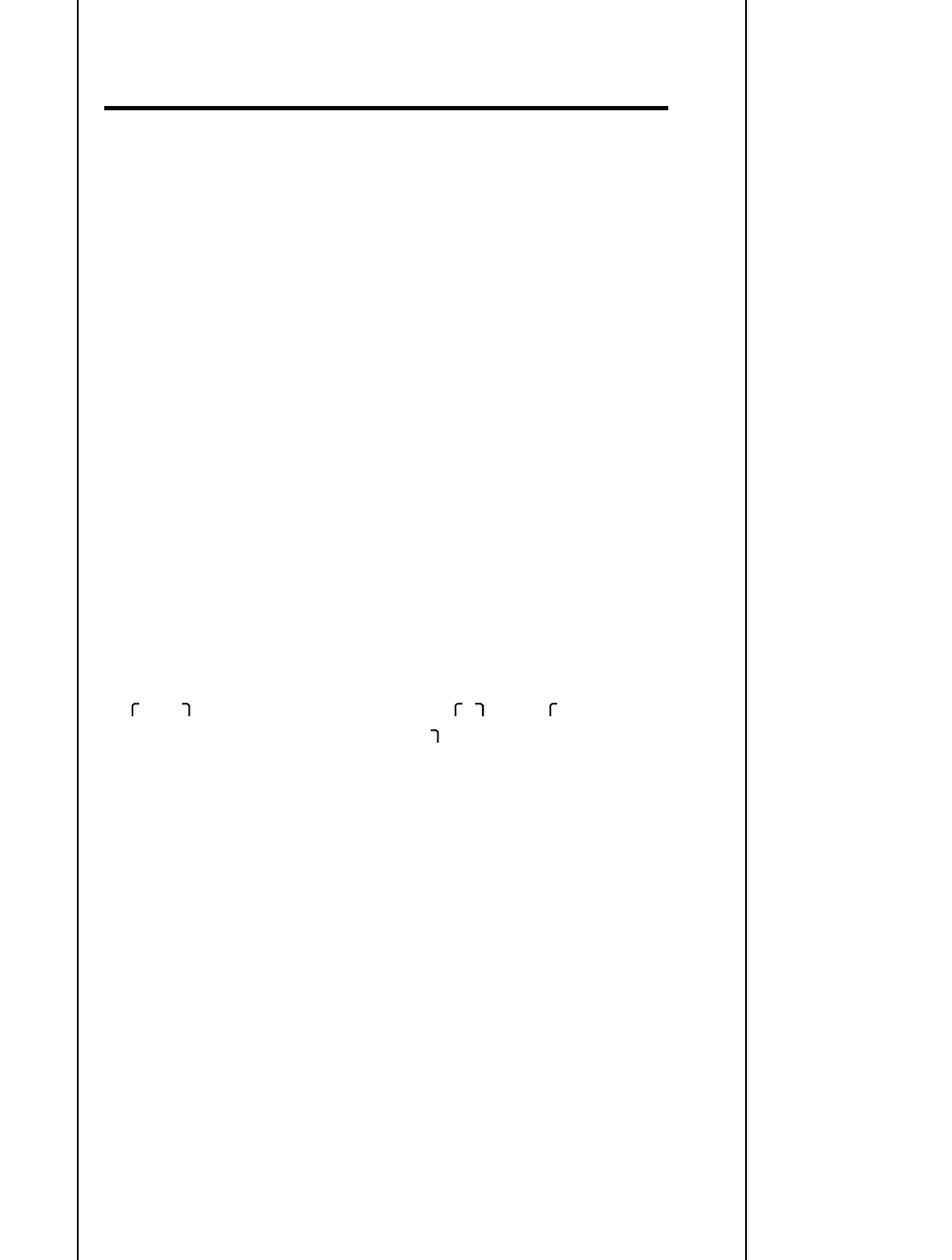
187
Macbeth
ACT 5. SC. 8
MACBETH
MACDUFF
MACBETH
They exit fighting. Alarums.
MALCOLM
SIWARD
MALCOLM
ROSS
Accursèd be that tongue that tells me so,
For it hath cowed my better part of man!
And be these juggling fiends no more believed
That palter with us in a double sense,
That keep the word of promise to our ear
And break it to our hope. I’ll not fight with thee.
Then yield thee, coward,
And live to be the show and gaze o’ th’ time.
We’ll have thee, as our rarer monsters are,
Painted upon a pole, and underwrit
“Here may you see the tyrant.”
I will not yield
To kiss the ground before young Malcolm’s feet
And to be baited with the rabble’s curse.
Though Birnam Wood be come to Dunsinane
And thou opposed, being of no woman born,
Yet I will try the last. Before my body
I throw my warlike shield. Lay on, Macduff,
And damned be him that first cries “Hold! Enough!”
They enter fighting, and Macbeth is slain. Macduff
exits carrying off Macbeth’s body. Retreat and flourish.
Enter, with Drum and Colors, Malcolm, Siward, Ross,
Thanes, and Soldiers.
I would the friends we miss were safe arrived.
Some must go off; and yet by these I see
So great a day as this is cheaply bought.
Macduff is missing, and your noble son.
Your son, my lord, has paid a soldier’s debt.
He only lived but till he was a man,
FTLN 2386
FTLN 2387
FTLN 2388
FTLN 2389
FTLN 2390
25
FTLN 2391
FTLN 2392
FTLN 2393
FTLN 2394
FTLN 2395
30
FTLN 2396
FTLN 2397
FTLN 2398
FTLN 2399
FTLN 2400
35
FTLN 2401
FTLN 2402
FTLN 2403
FTLN 2404
FTLN 2405
40
FTLN 2406
FTLN 2407
FTLN 2408
FTLN 2409
FTLN 2410
45

189
Macbeth
ACT 5. SC. 8
SIWARD
ROSS
SIWARD
ROSS
SIWARD
MALCOLM
SIWARD
MACDUFF
ALL
Flourish.
MALCOLM
The which no sooner had his prowess confirmed
In the unshrinking station where he fought,
But like a man he died.
Then he is dead?
Ay, and brought off the field. Your cause of sorrow
Must not be measured by his worth, for then
It hath no end.
Had he his hurts before?
Ay, on the front.
Why then, God’s soldier be he!
Had I as many sons as I have hairs,
I would not wish them to a fairer death;
And so his knell is knolled.
He’s worth more sorrow, and that I’ll spend for
him.
He’s worth no more.
They say he parted well and paid his score,
And so, God be with him. Here comes newer
comfort.
Enter Macduff with Macbeth’s head.
Hail, King! for so thou art. Behold where stands
Th’ usurper’s cursèd head. The time is free.
I see thee compassed with thy kingdom’s pearl,
That speak my salutation in their minds,
Whose voices I desire aloud with mine.
Hail, King of Scotland!
Hail, King of Scotland!
We shall not spend a large expense of time
Before we reckon with your several loves
And make us even with you. My thanes and
kinsmen,
FTLN 2411
FTLN 2412
FTLN 2413
FTLN 2414
FTLN 2415
50
FTLN 2416
FTLN 2417
FTLN 2418
FTLN 2419
FTLN 2420
55
FTLN 2421
FTLN 2422
FTLN 2423
FTLN 2424
FTLN 2425
60
FTLN 2426
FTLN 2427
FTLN 2428
FTLN 2429
FTLN 2430
65
FTLN 2431
FTLN 2432
FTLN 2433
FTLN 2434
FTLN 2435
70
FTLN 2436
FTLN 2437
FTLN 2438
FTLN 2439
FTLN 2440
75

191
Macbeth
ACT 5. SC. 8
Flourish. All exit.
Henceforth be earls, the first that ever Scotland
In such an honor named. What’s more to do,
Which would be planted newly with the time,
As calling home our exiled friends abroad
That fled the snares of watchful tyranny,
Producing forth the cruel ministers
Of this dead butcher and his fiend-like queen
(Who, as ’tis thought, by self and violent hands,
Took off her life)—this, and what needful else
That calls upon us, by the grace of grace,
We will perform in measure, time, and place.
So thanks to all at once and to each one,
Whom we invite to see us crowned at Scone.
FTLN 2441
FTLN 2442
FTLN 2443
FTLN 2444
FTLN 2445
80
FTLN 2446
FTLN 2447
FTLN 2448
FTLN 2449
FTLN 2450
85
FTLN 2451
FTLN 2452
FTLN 2453
